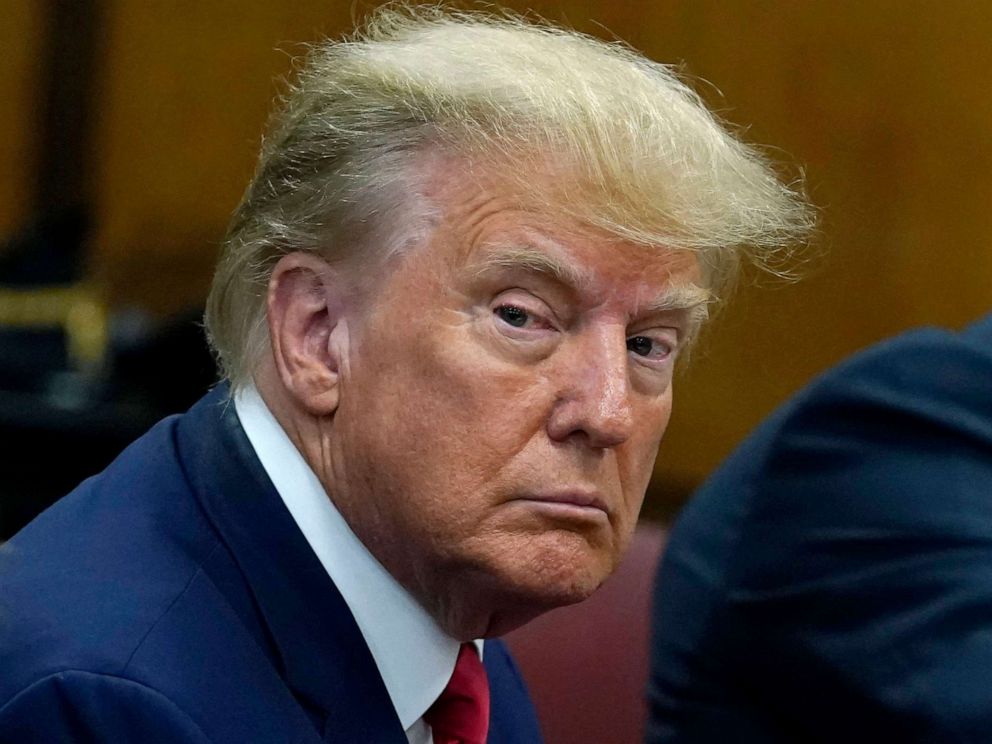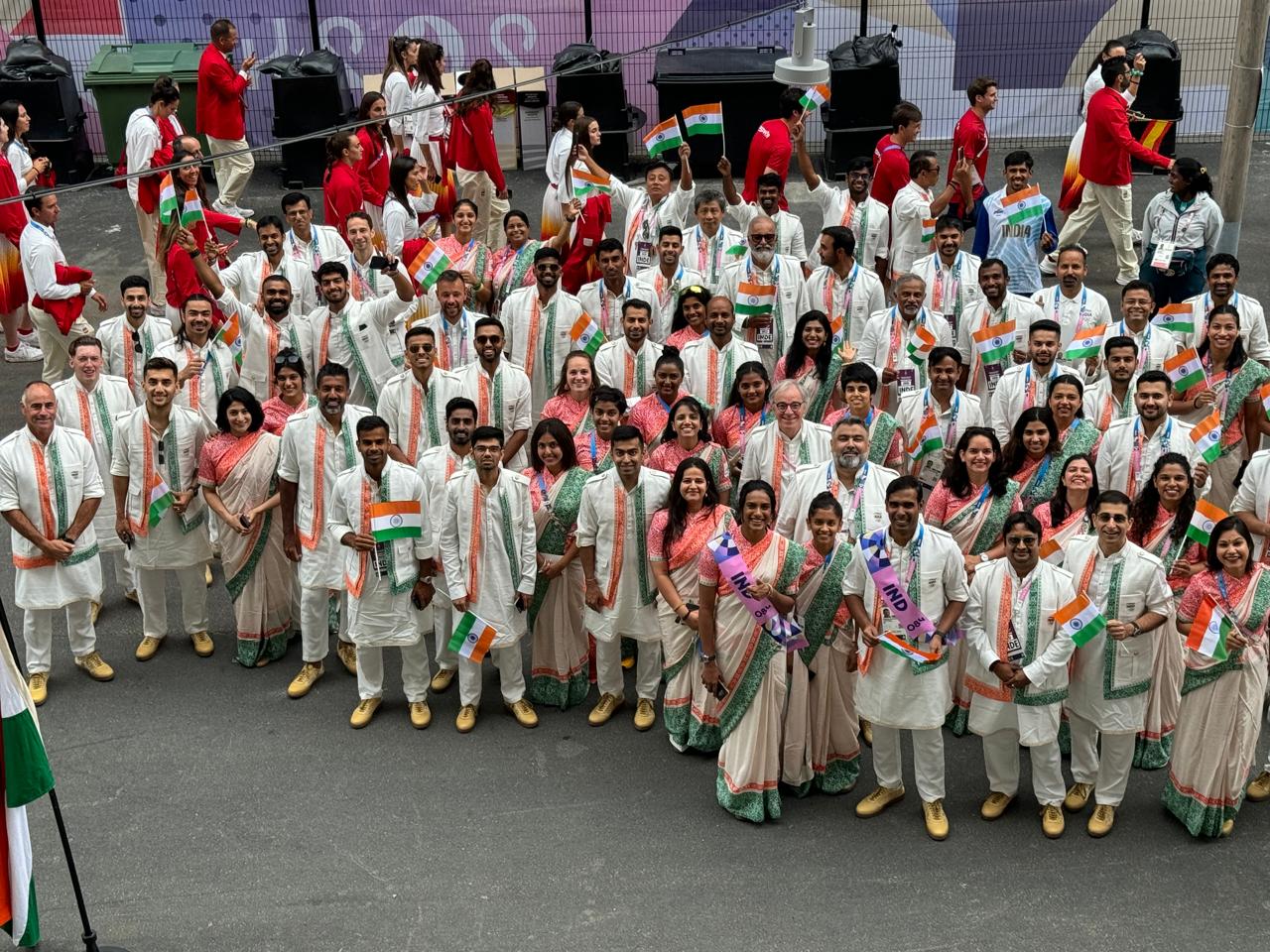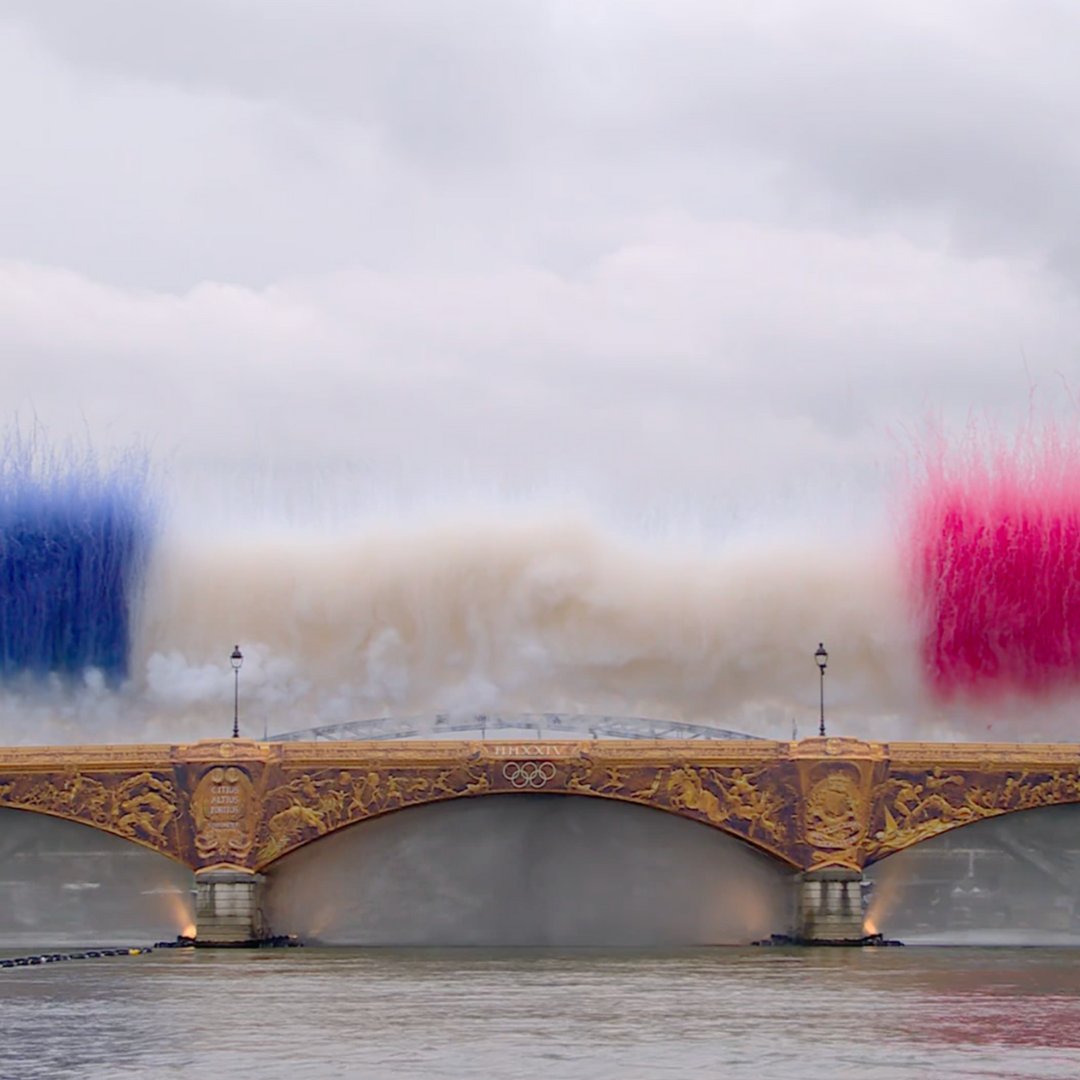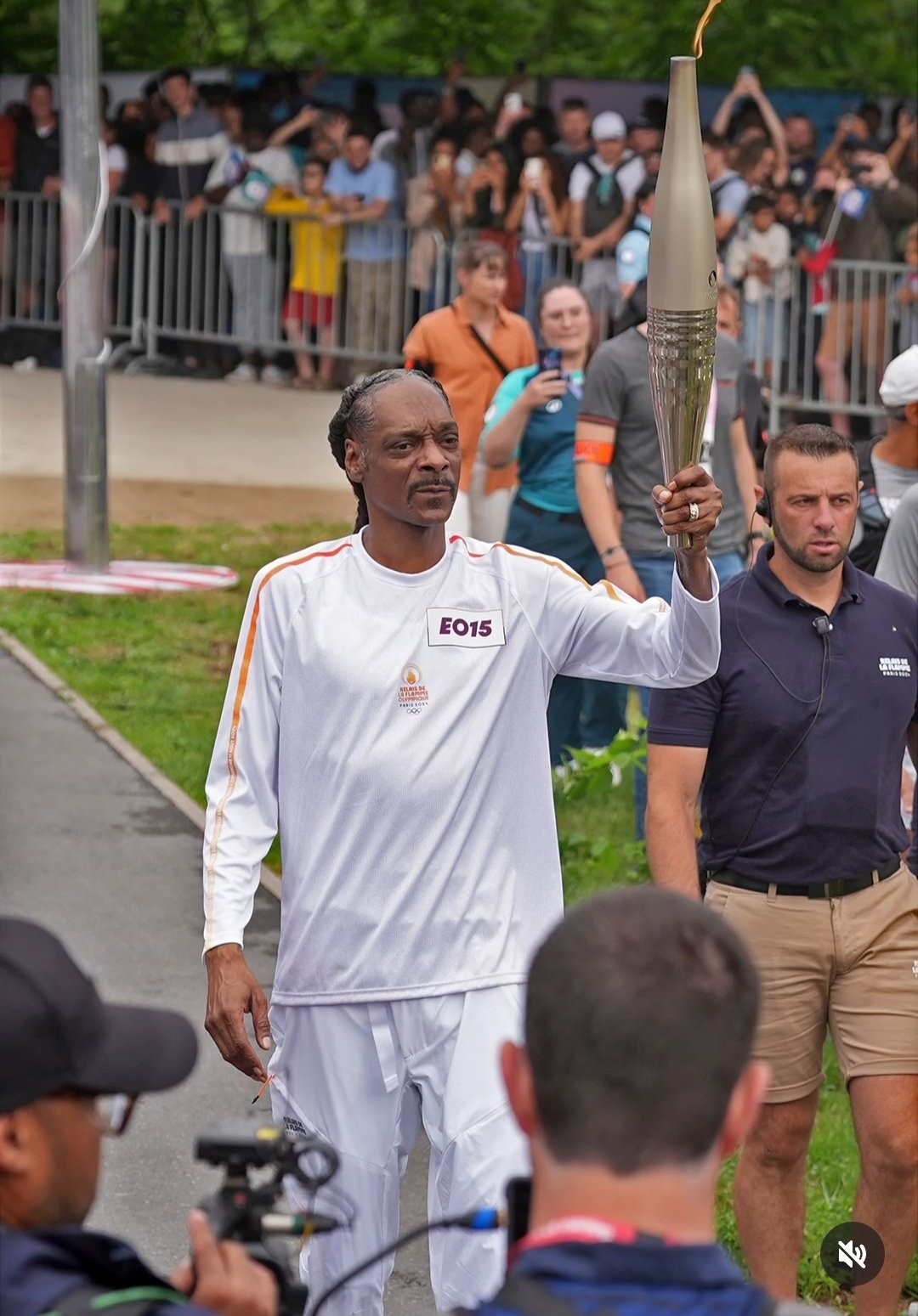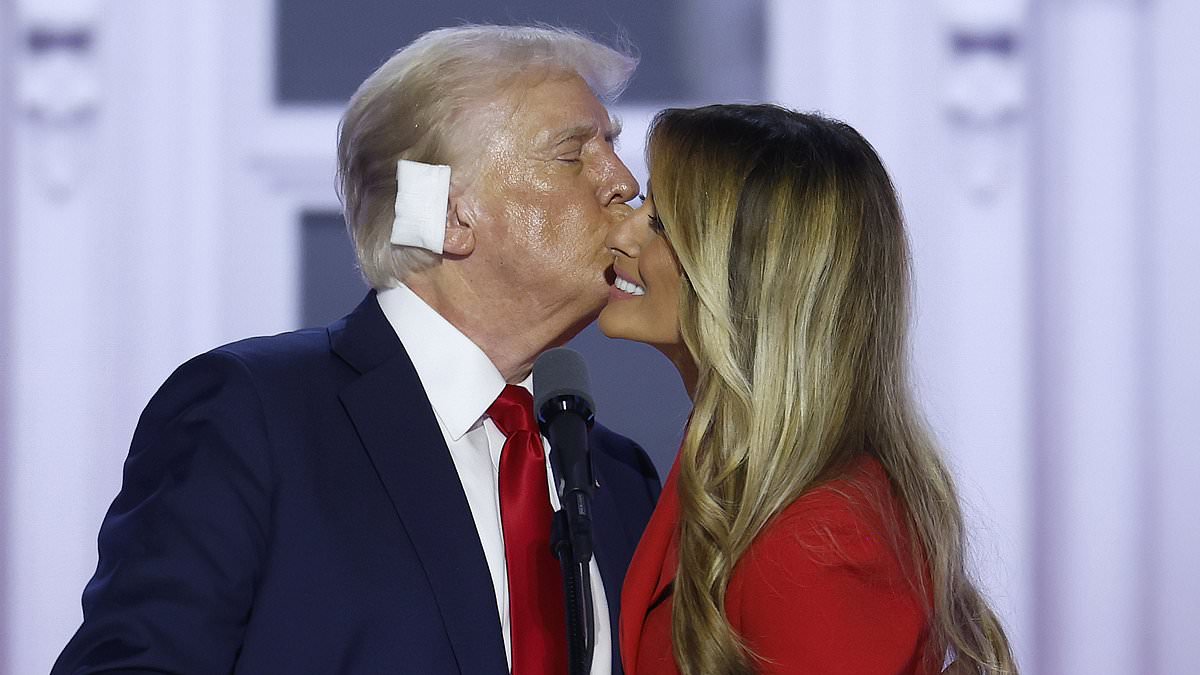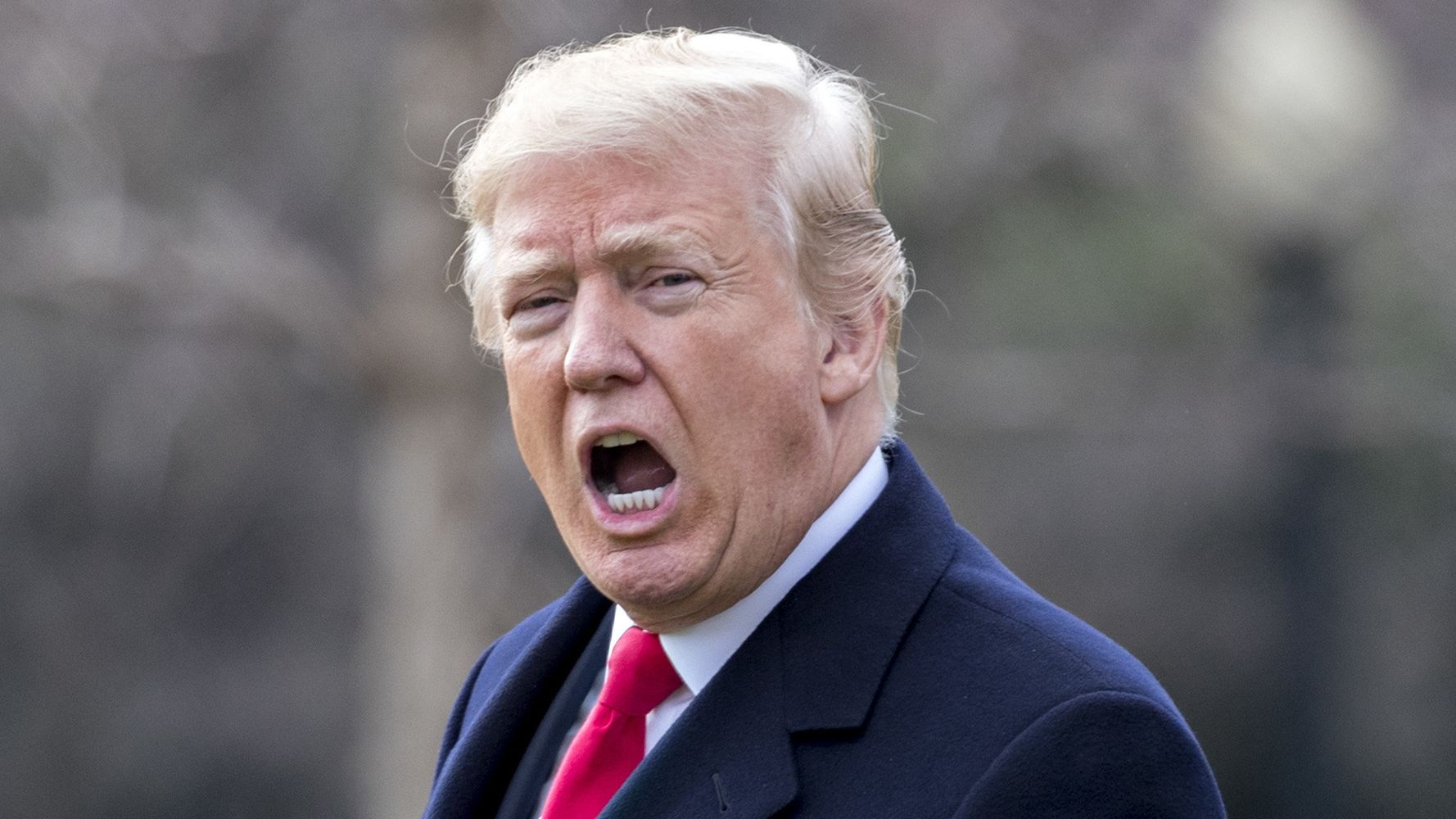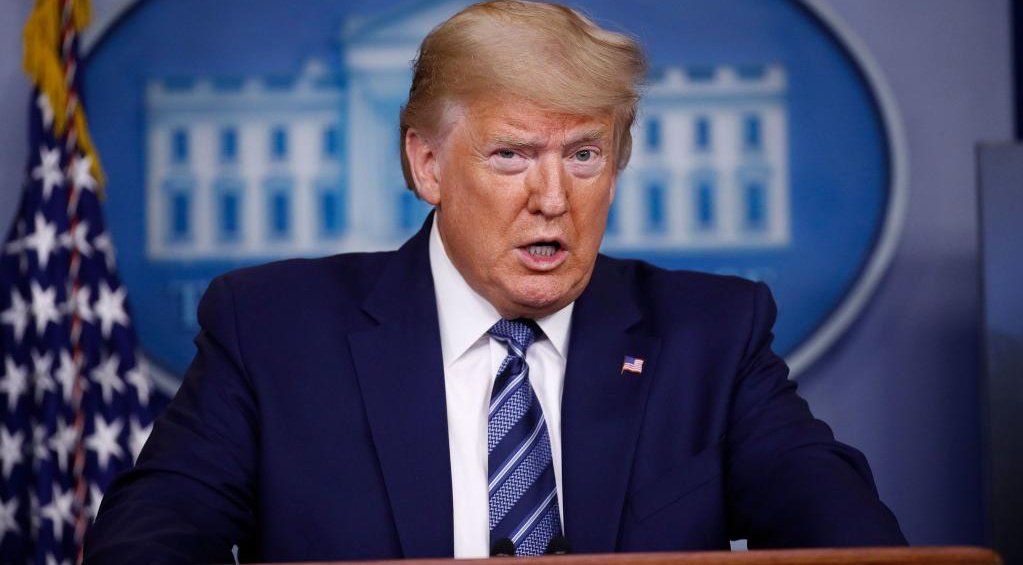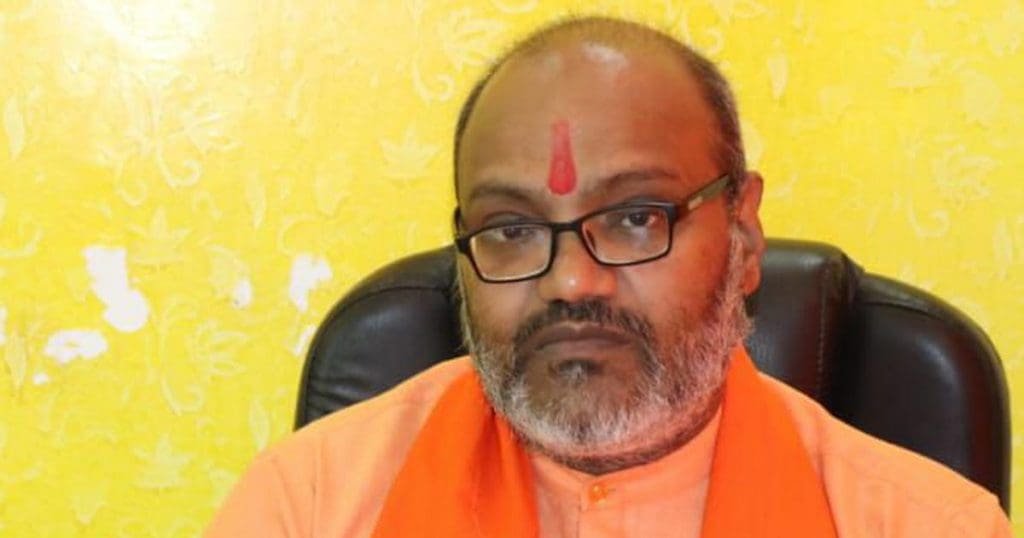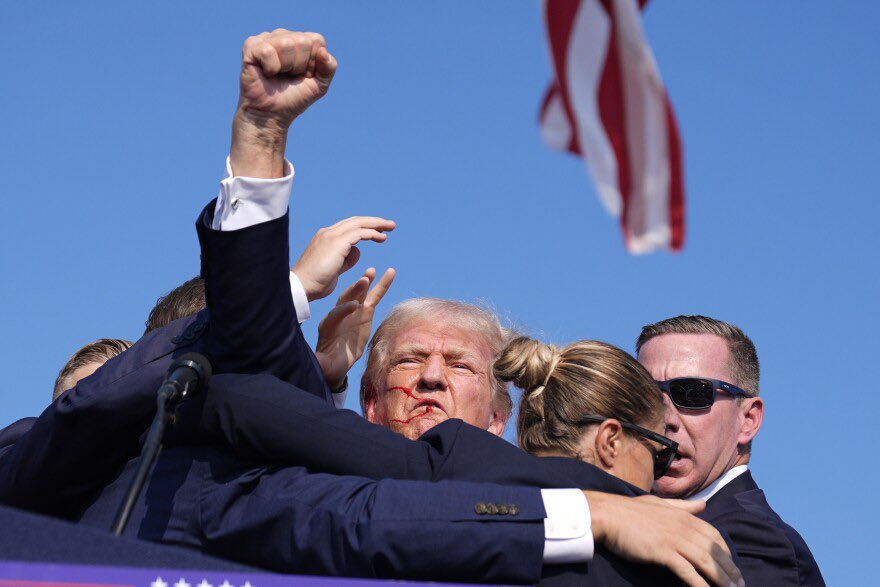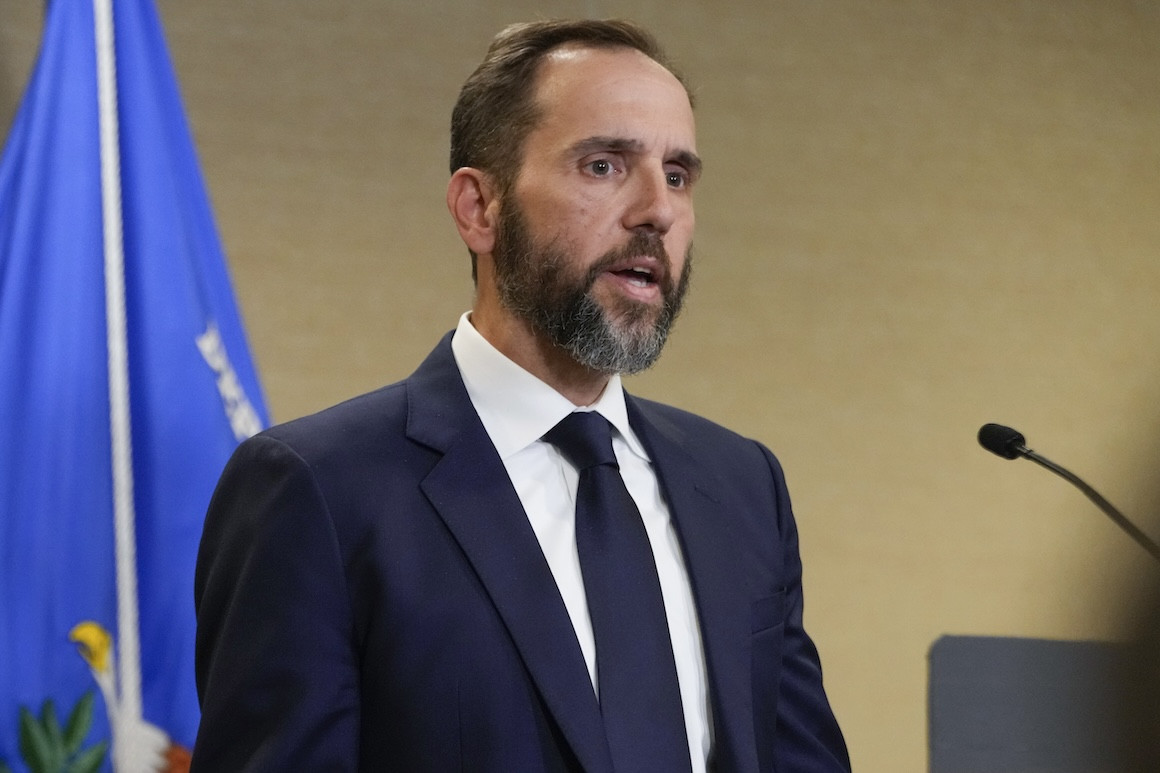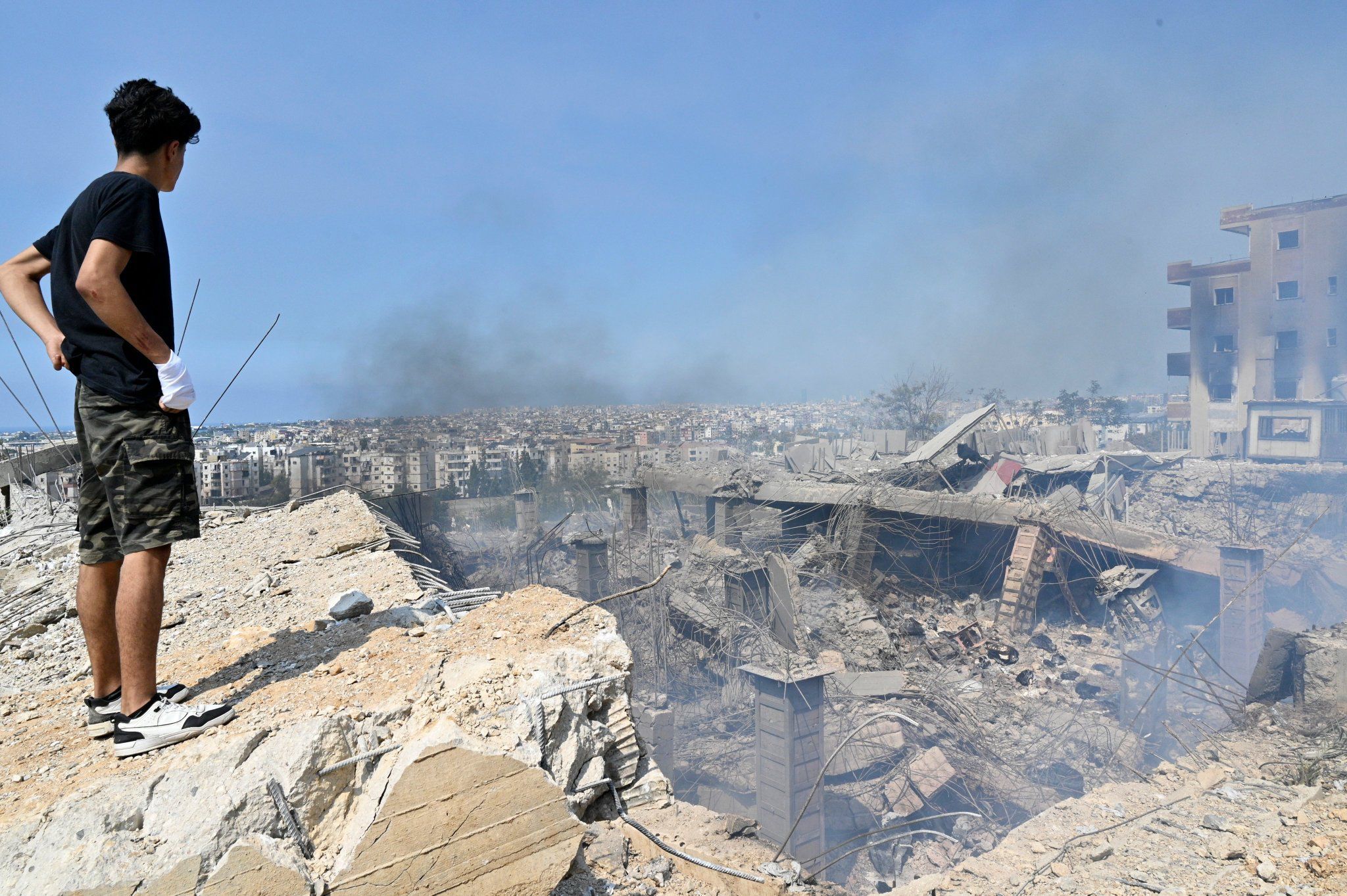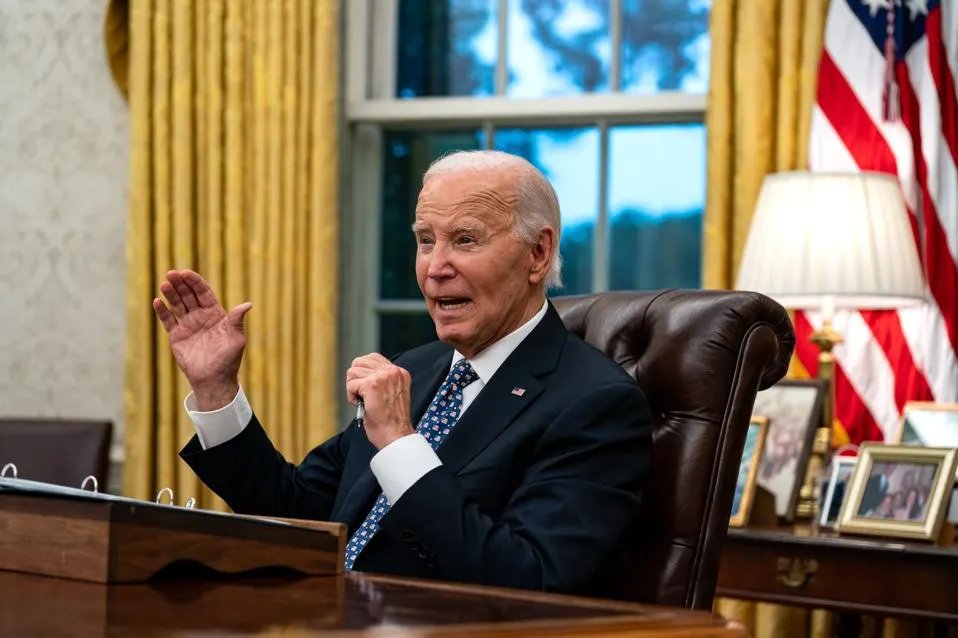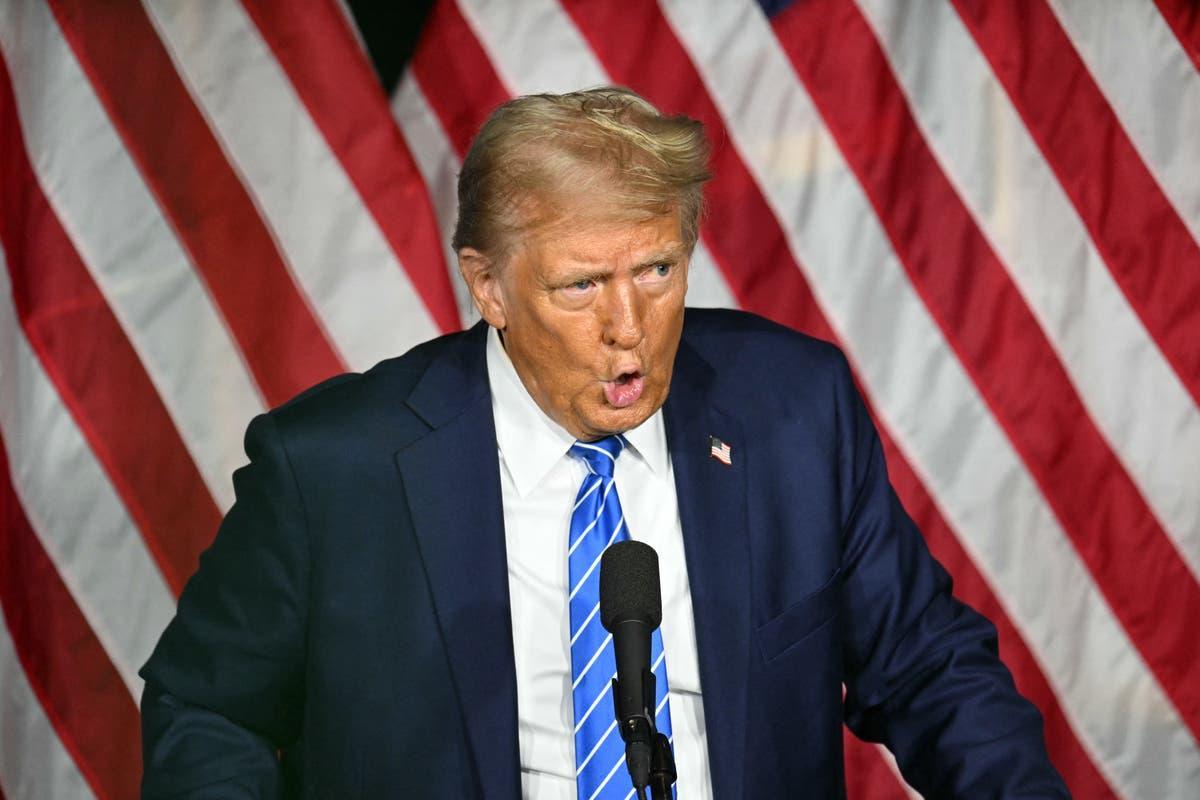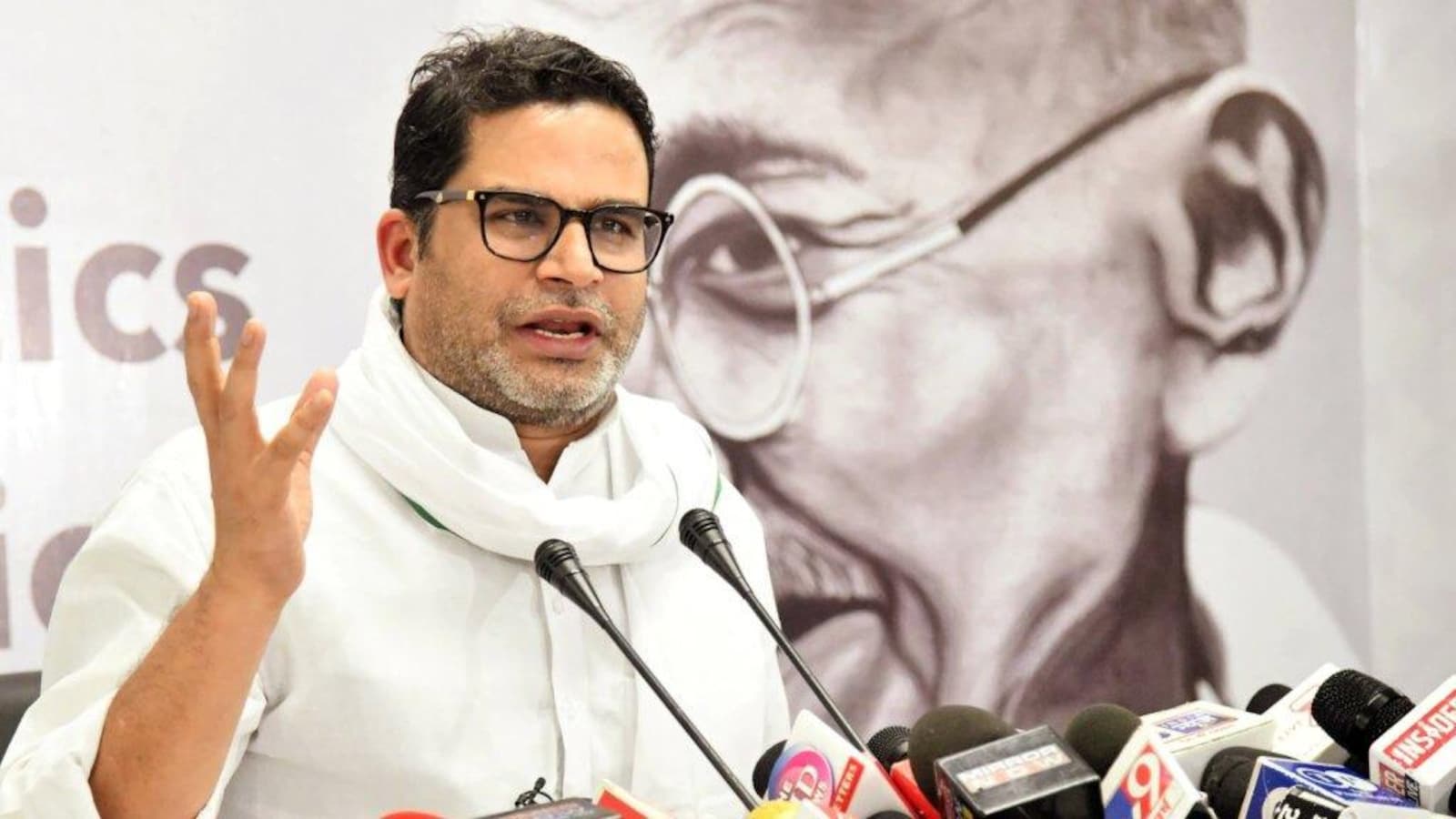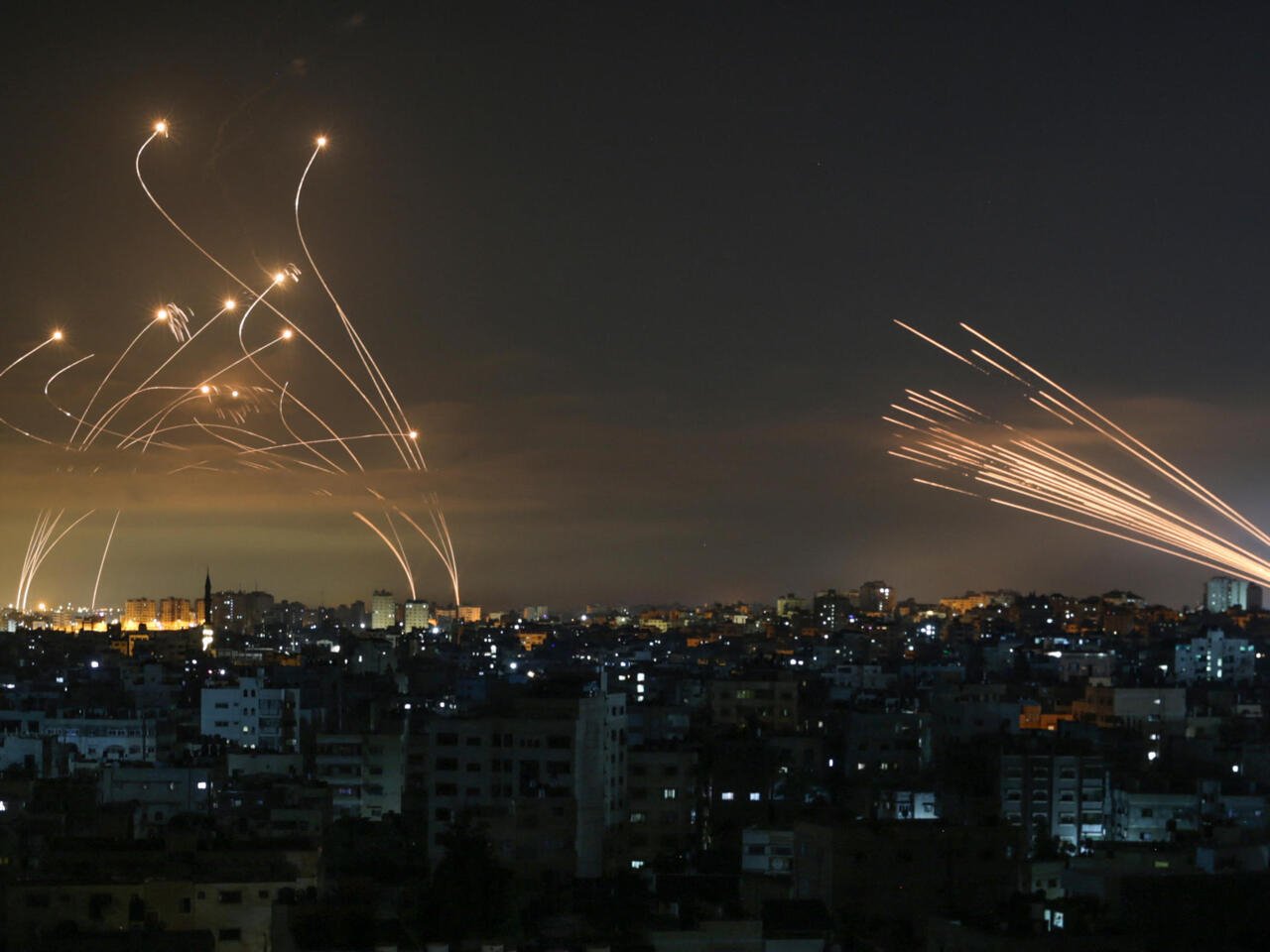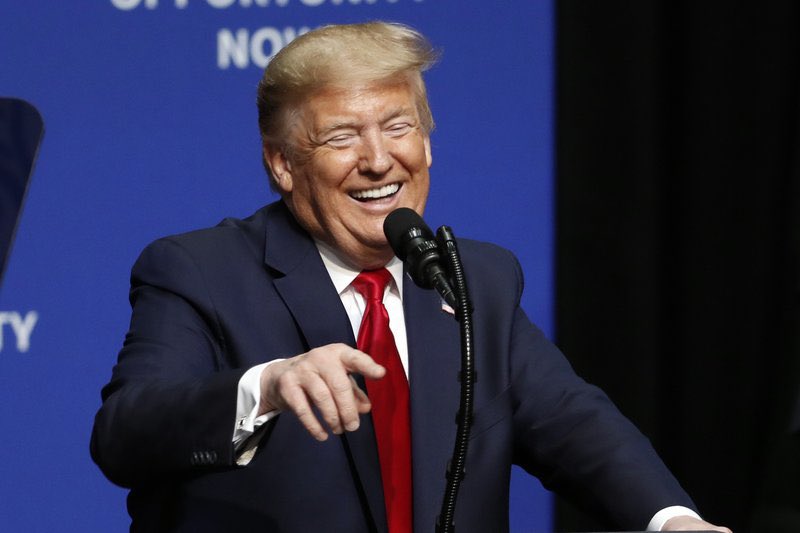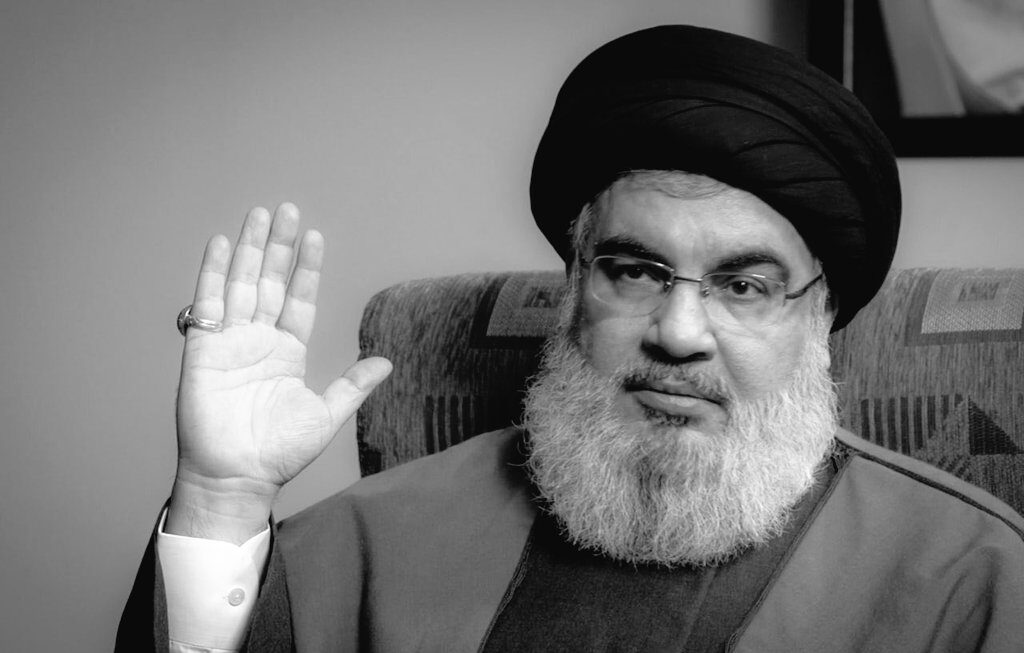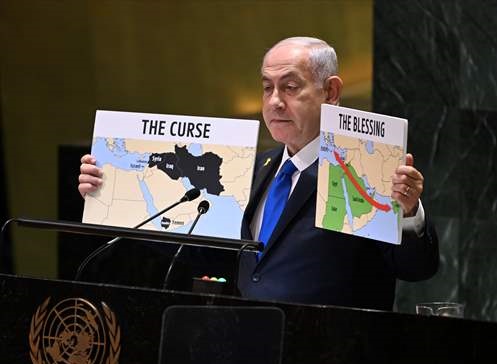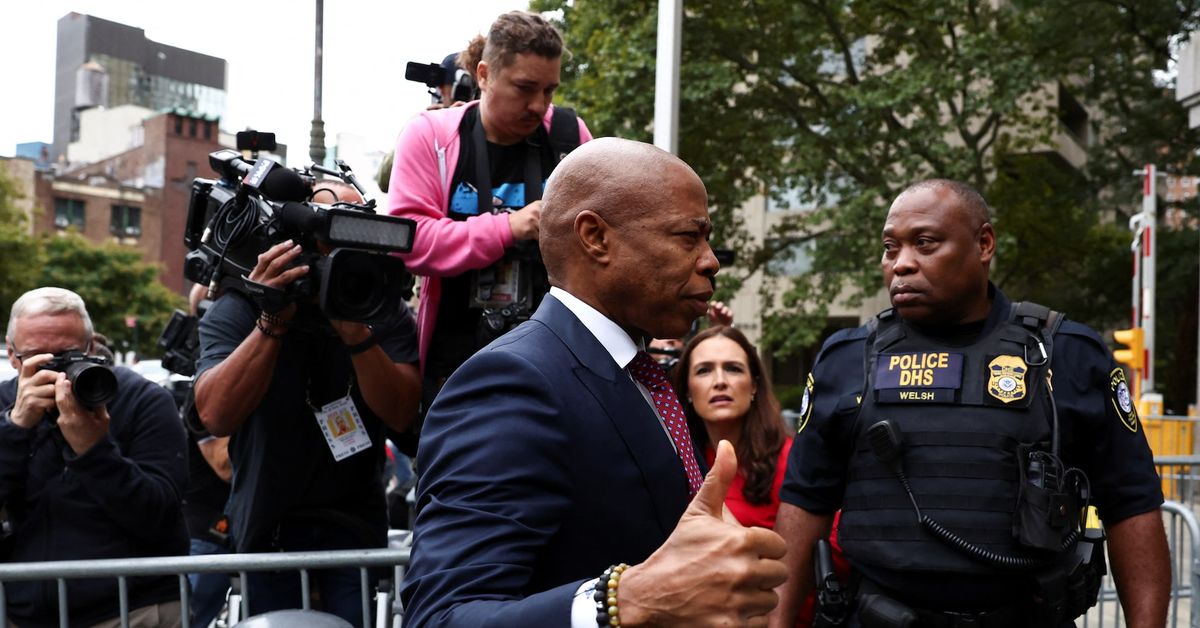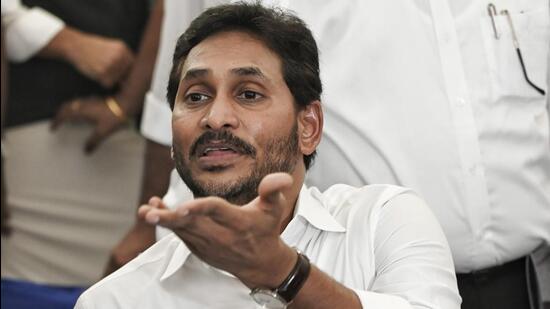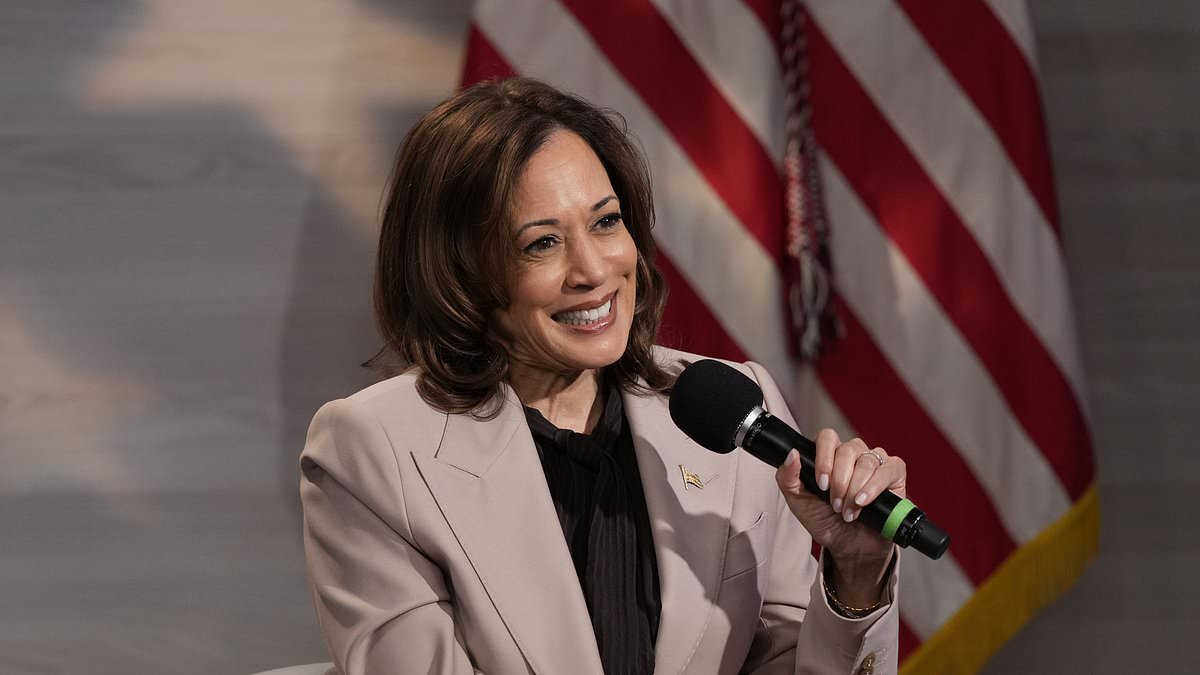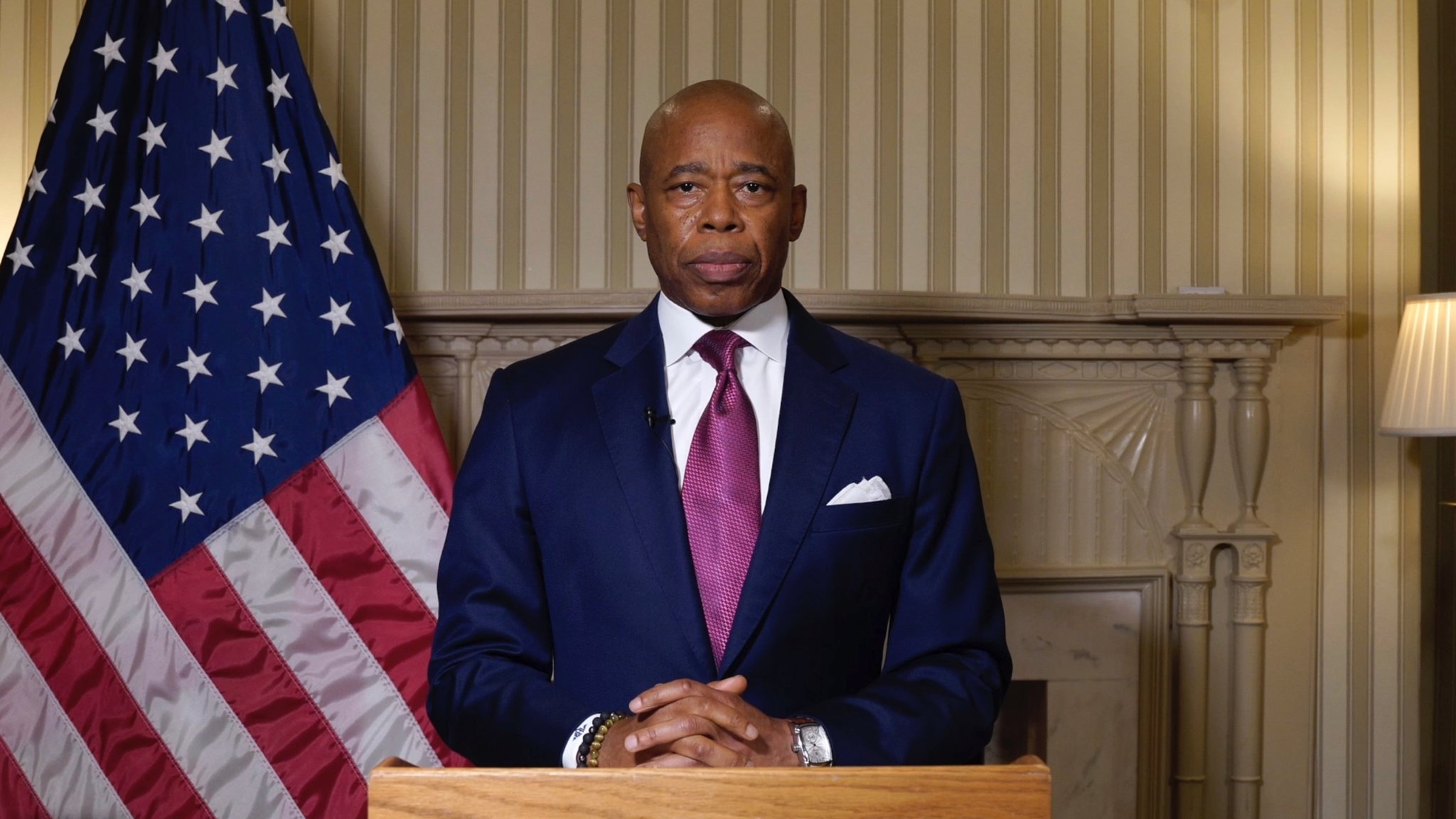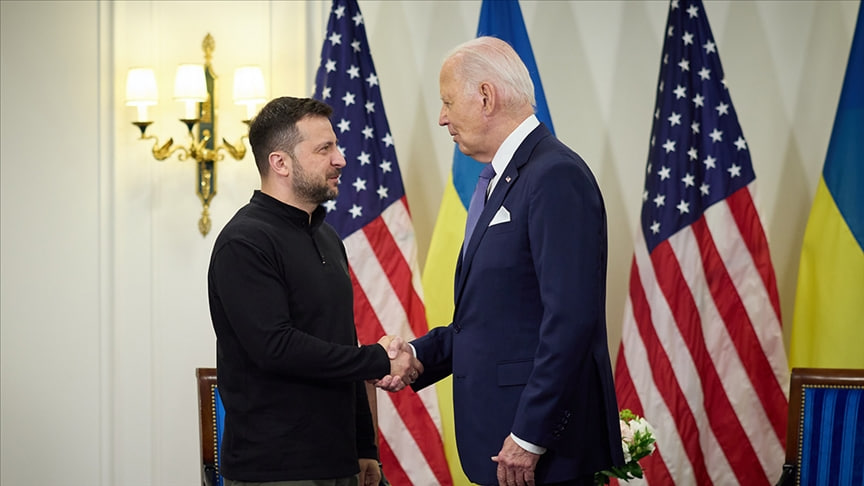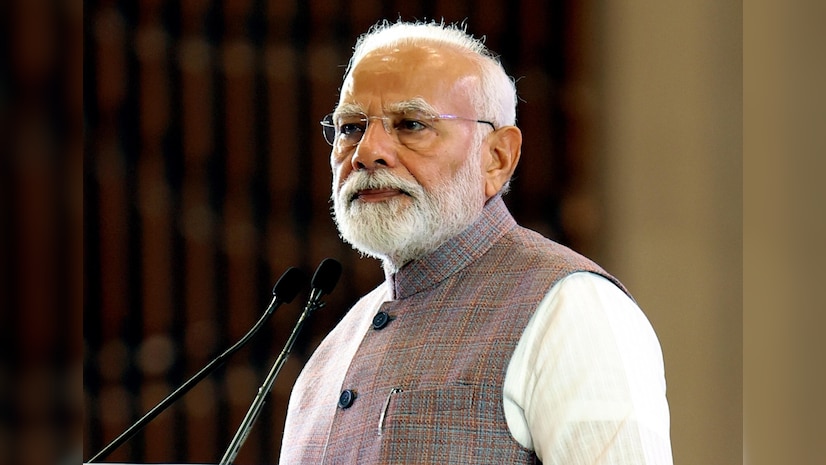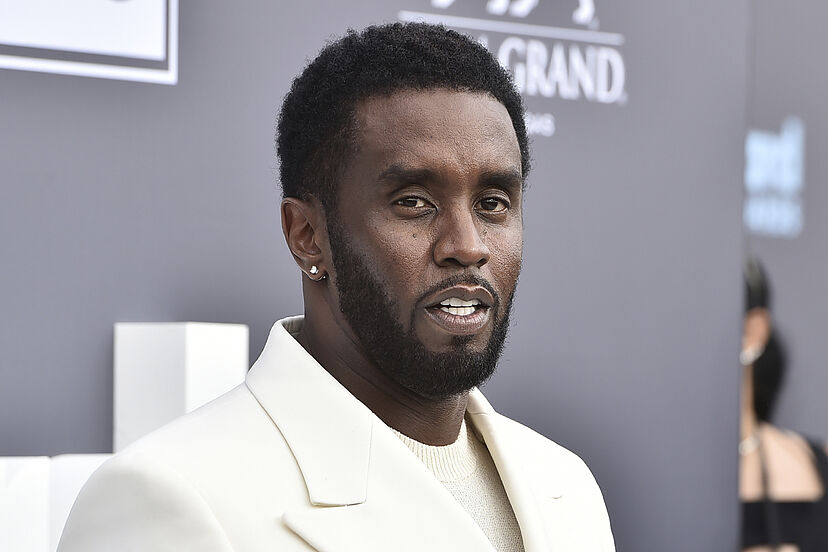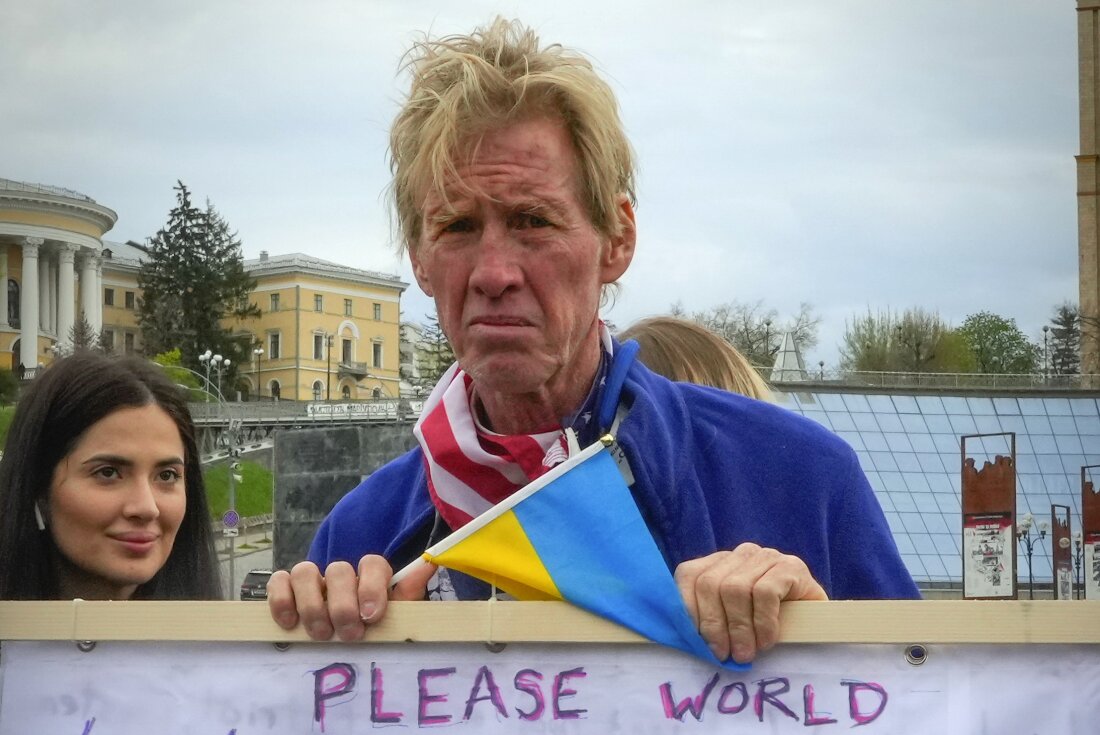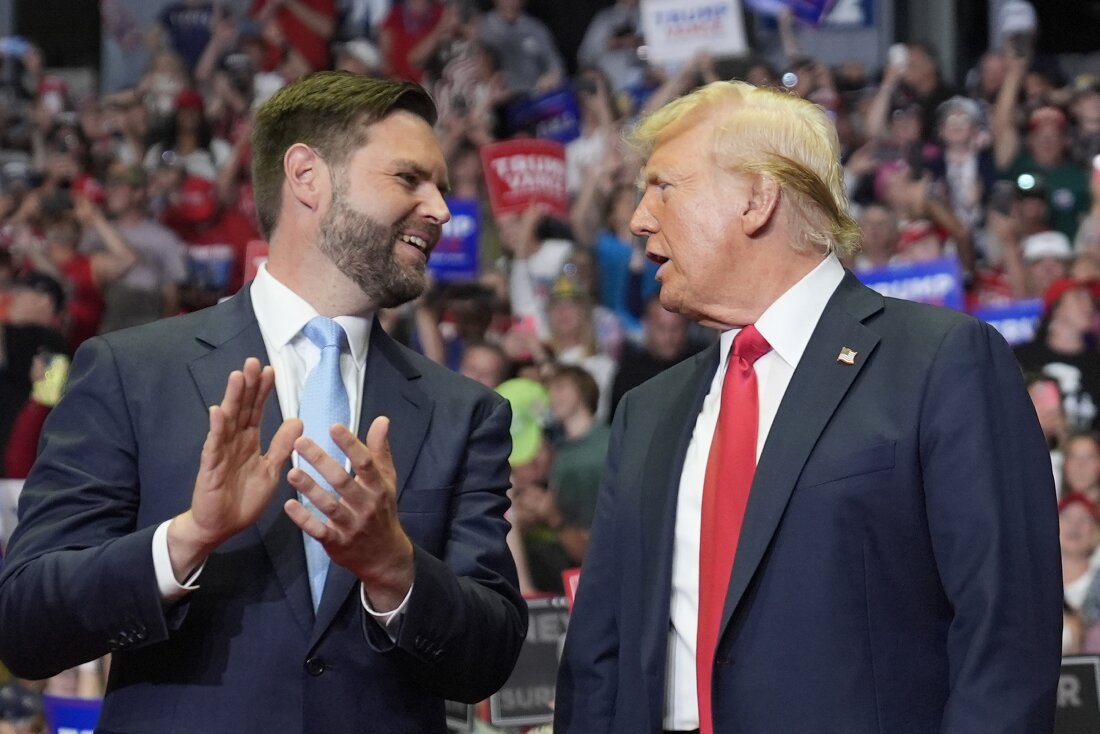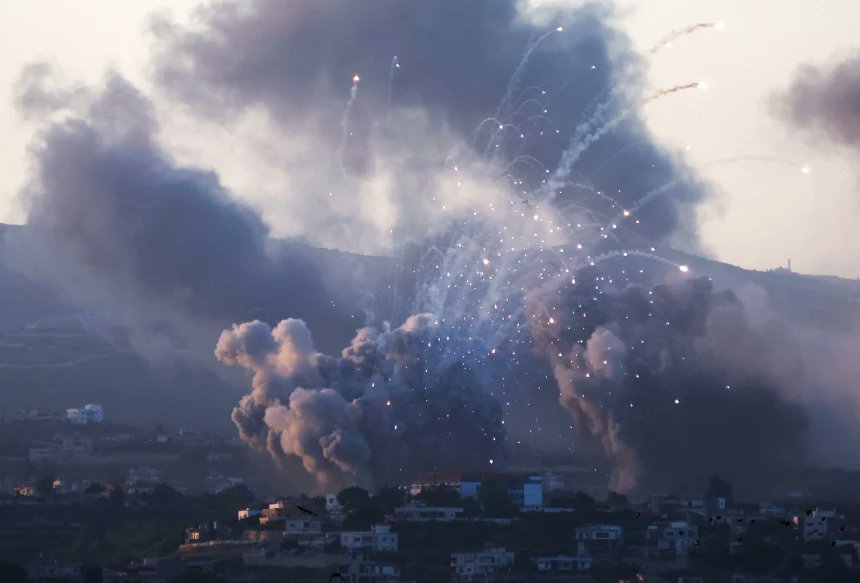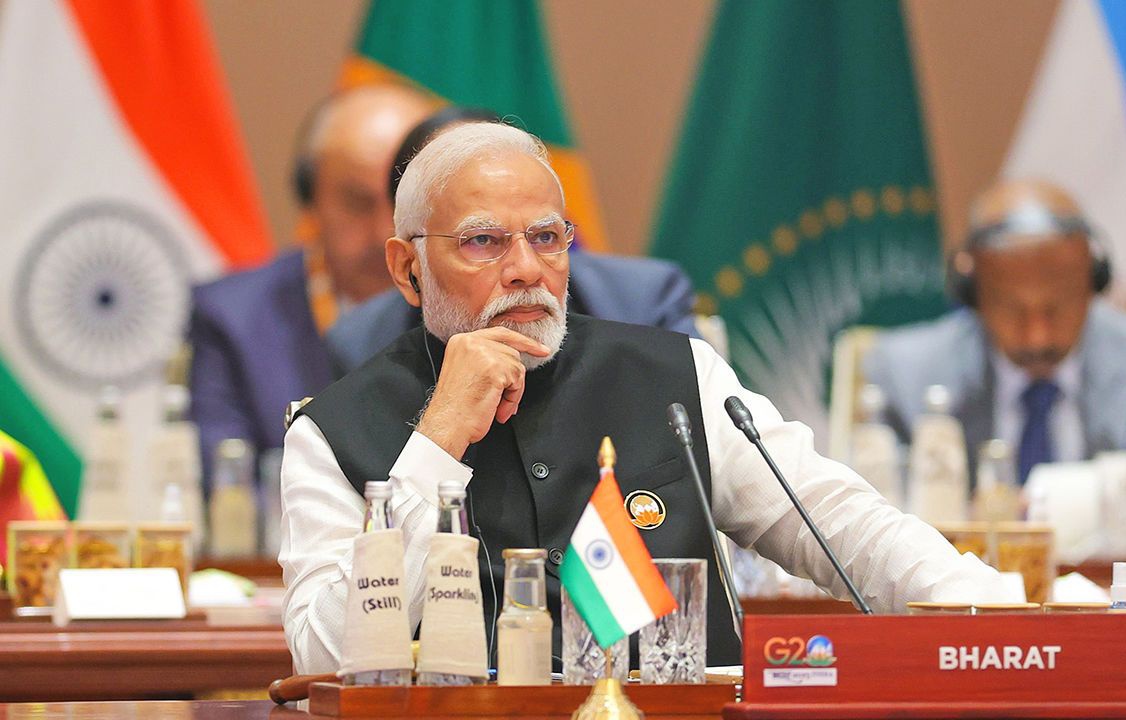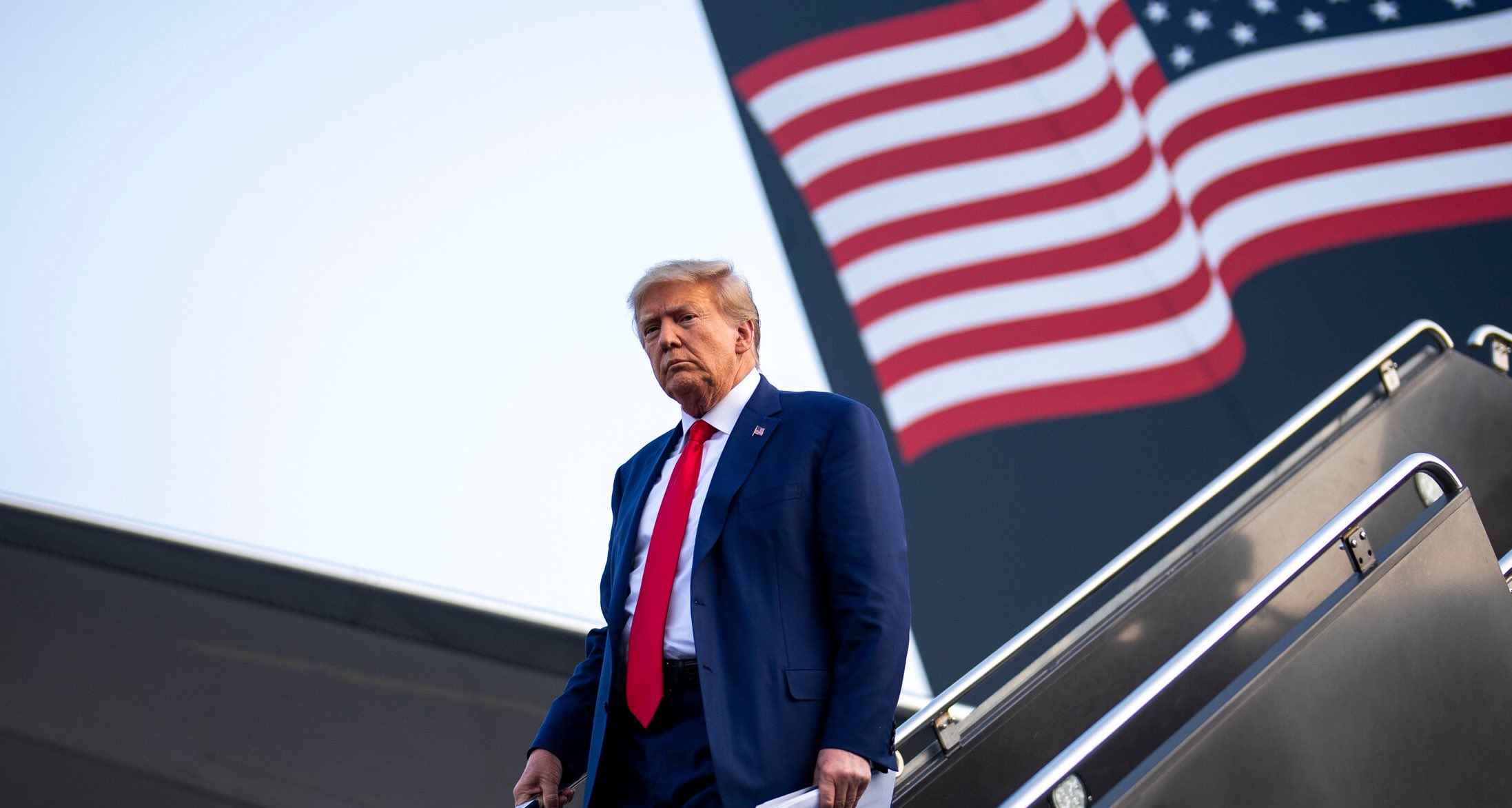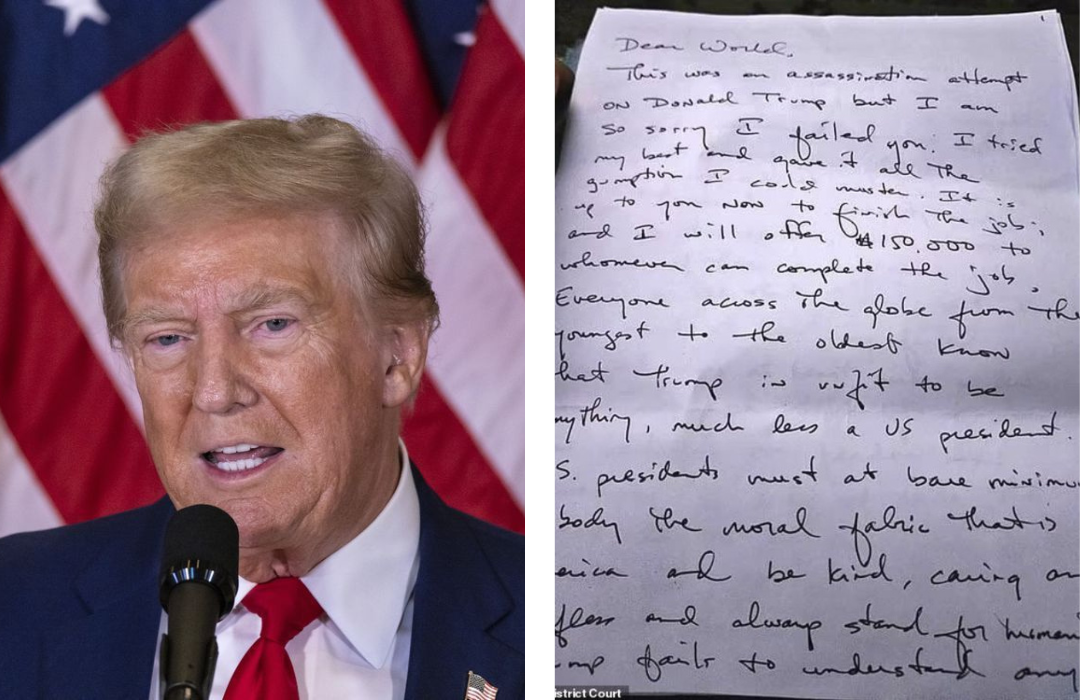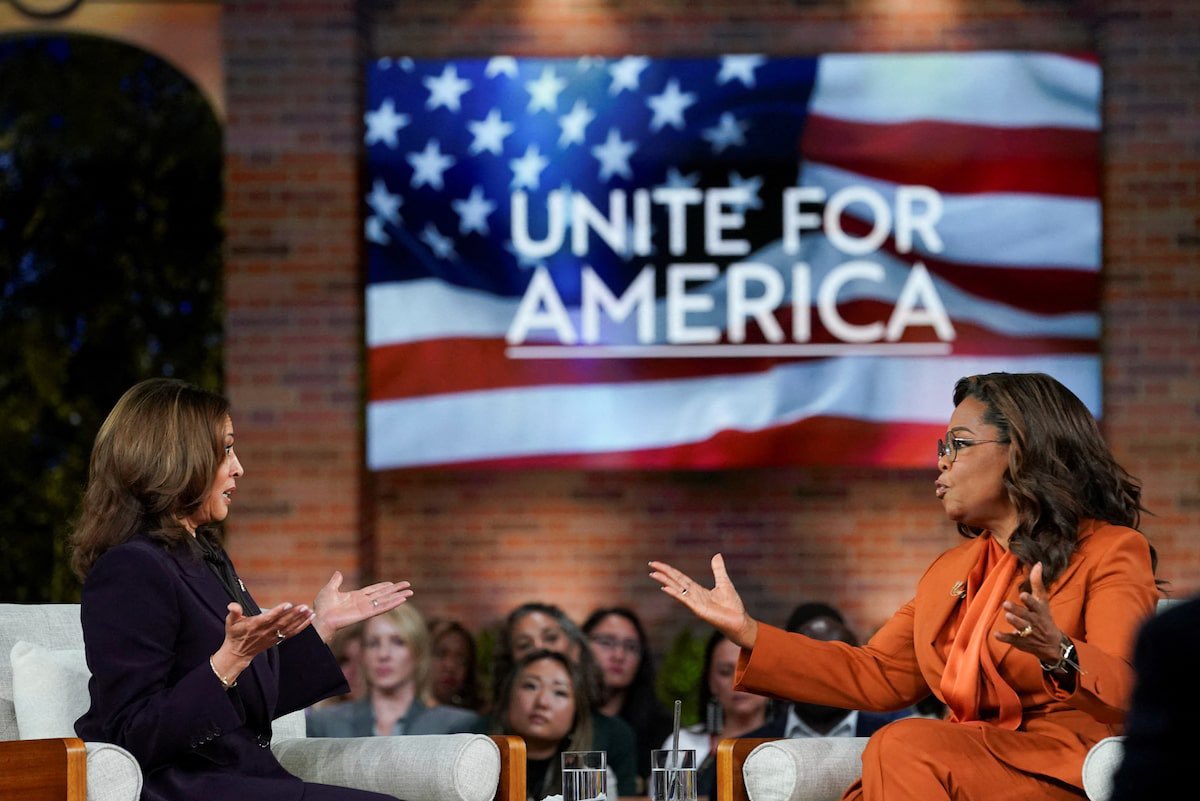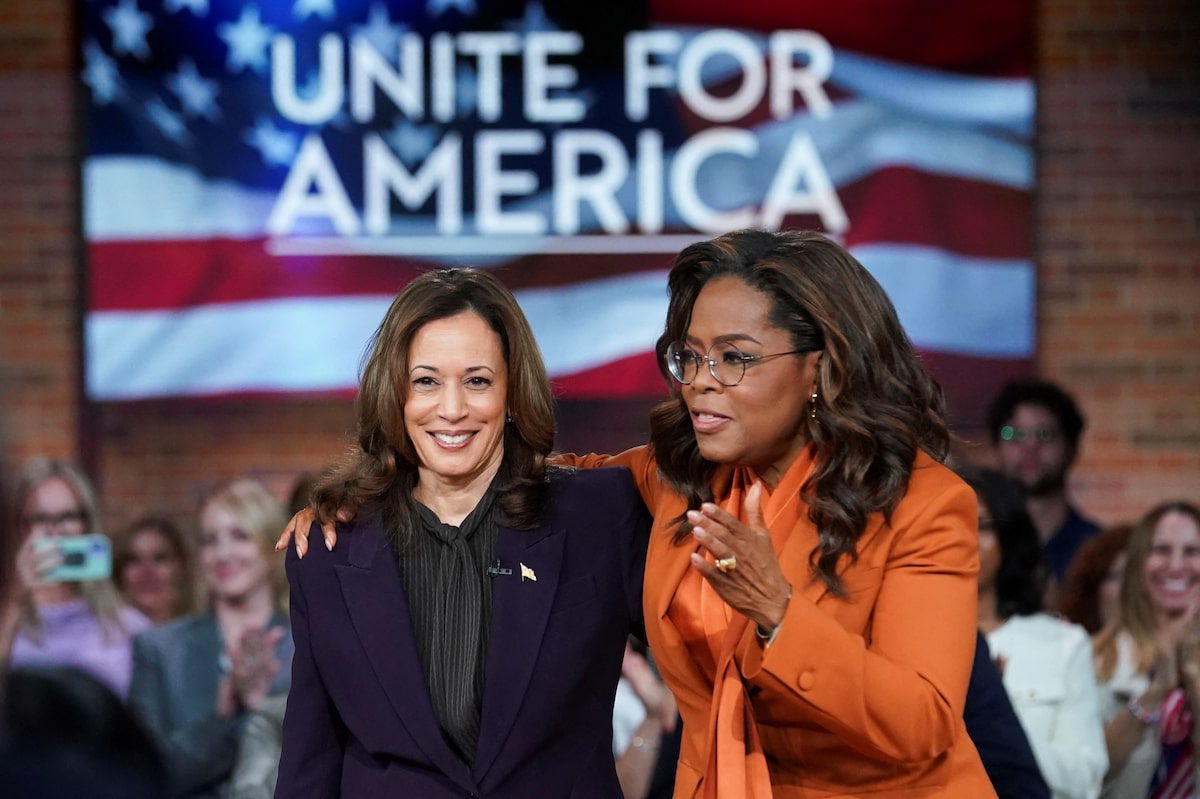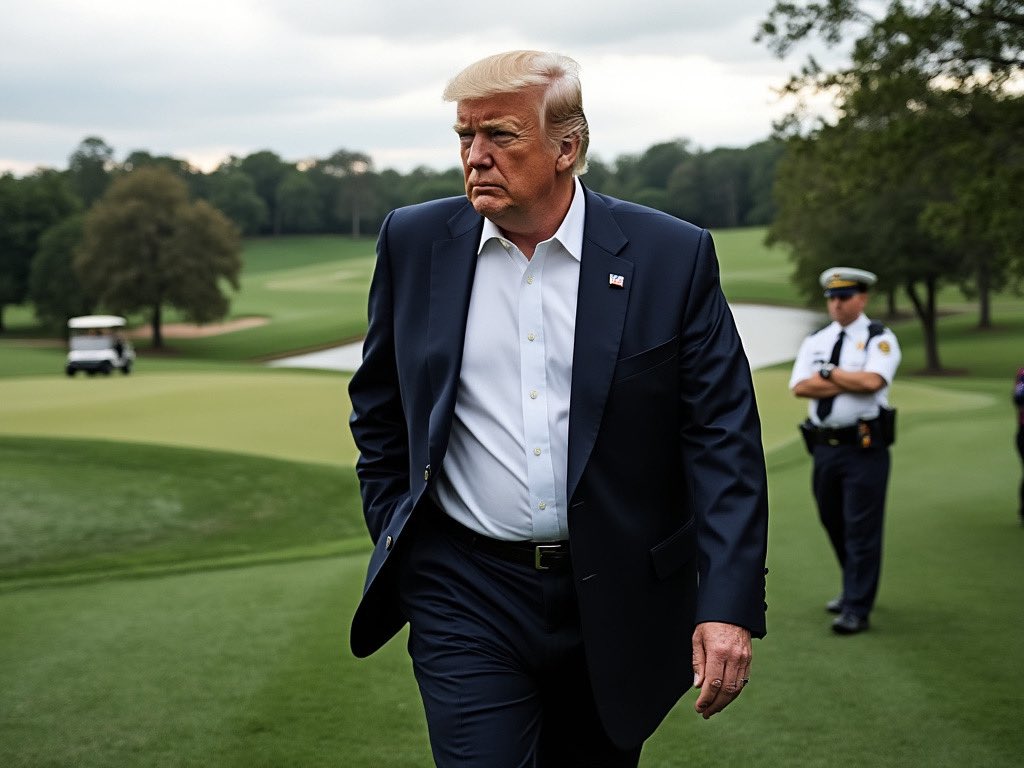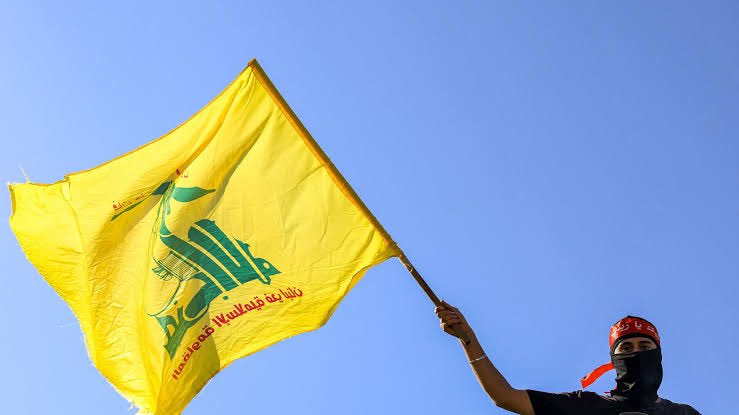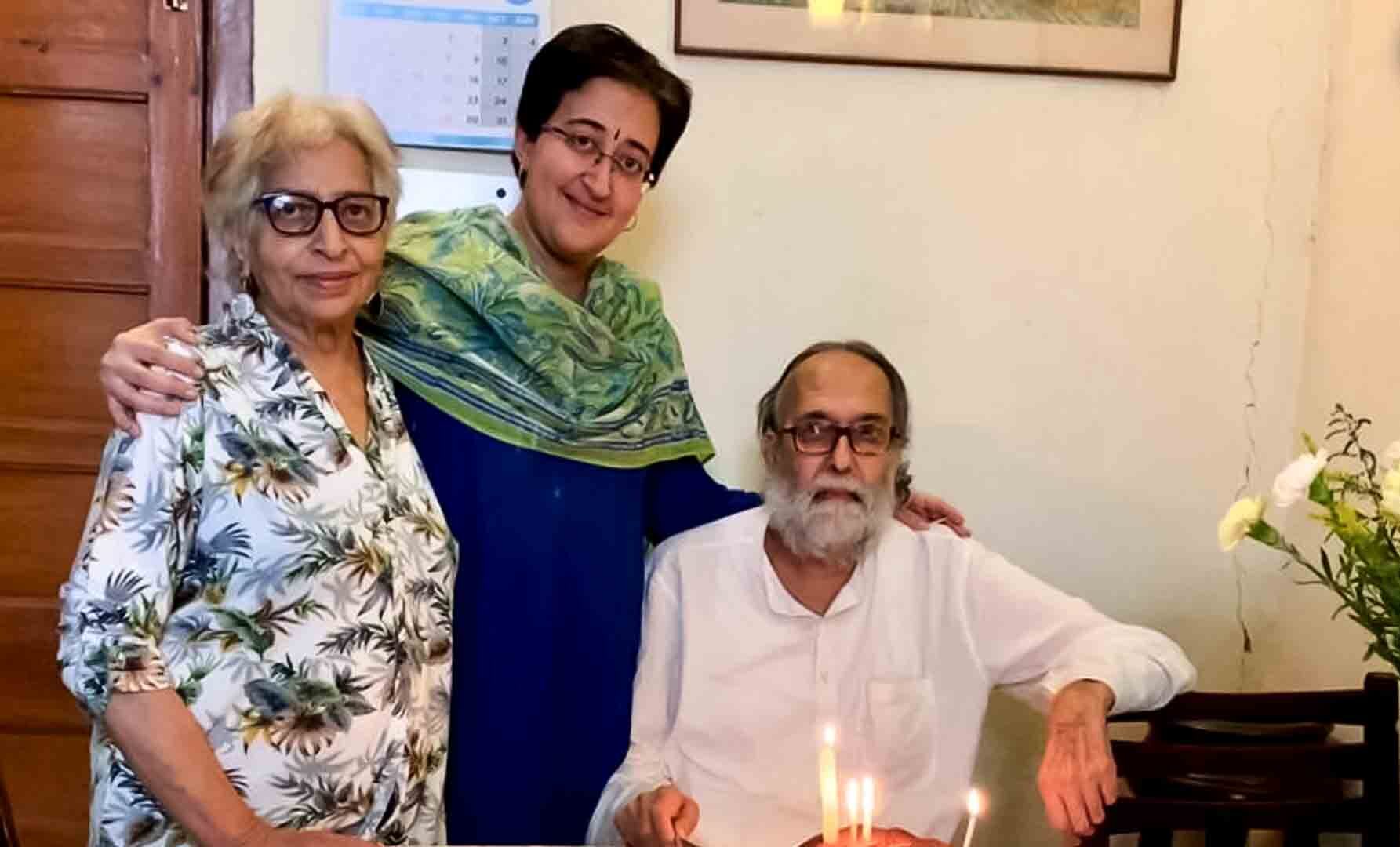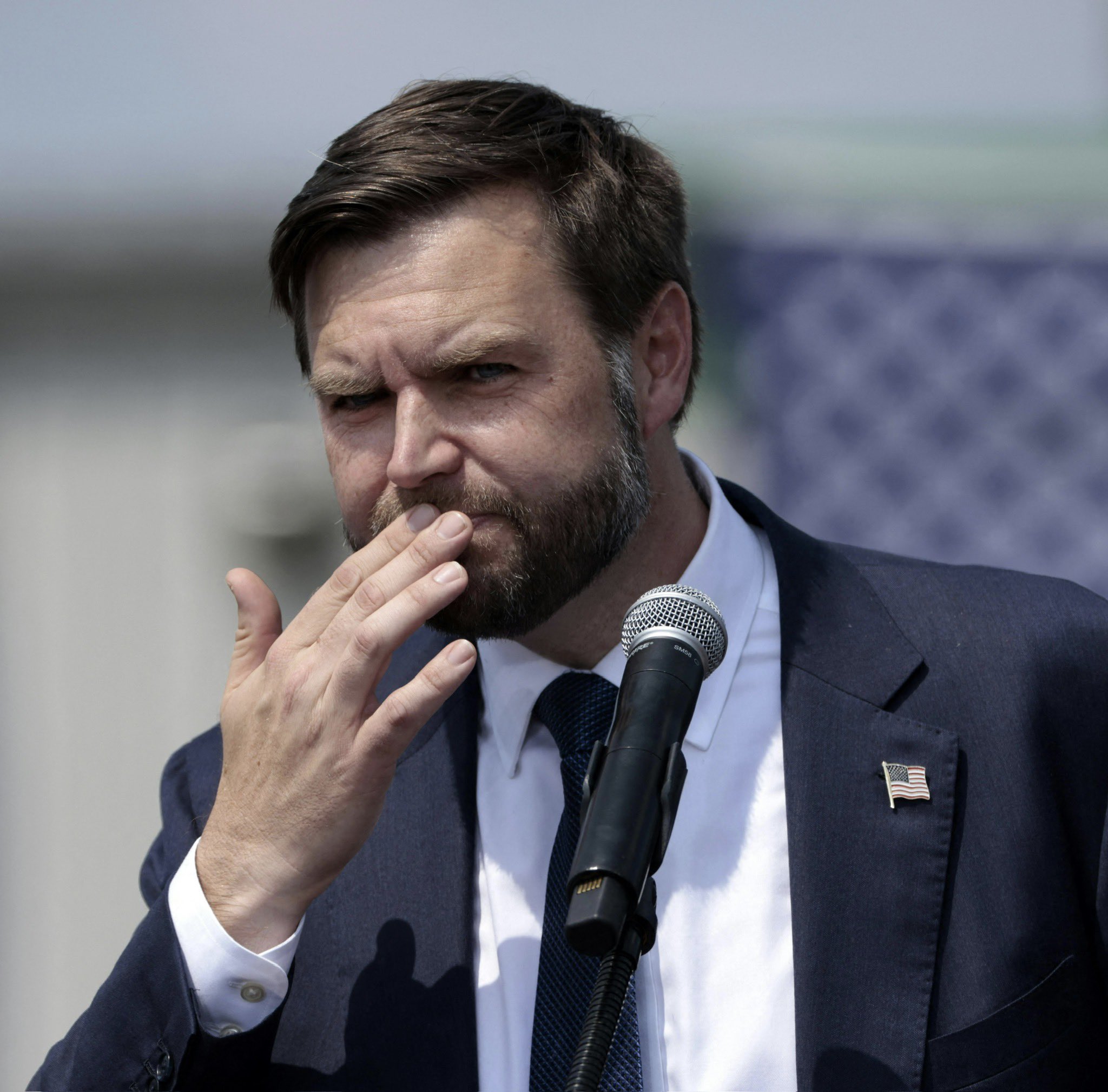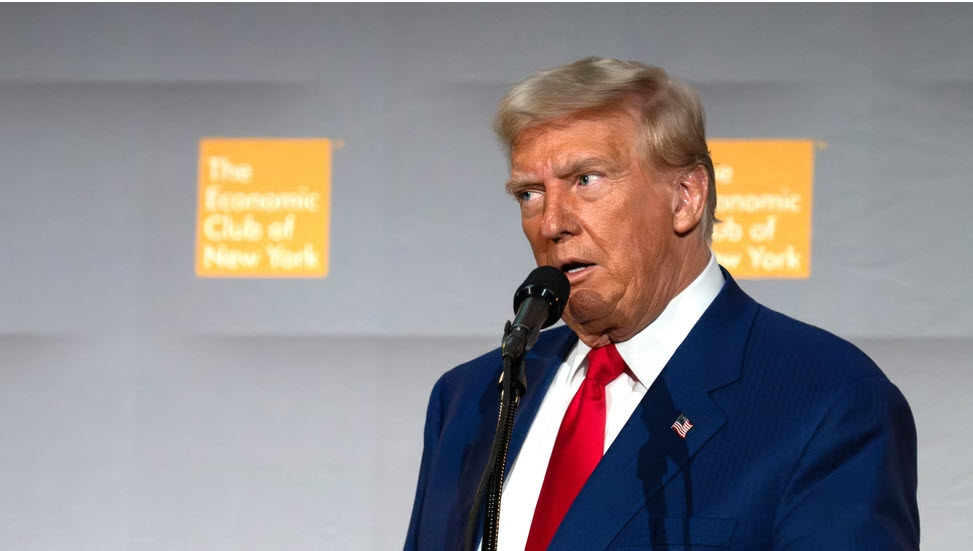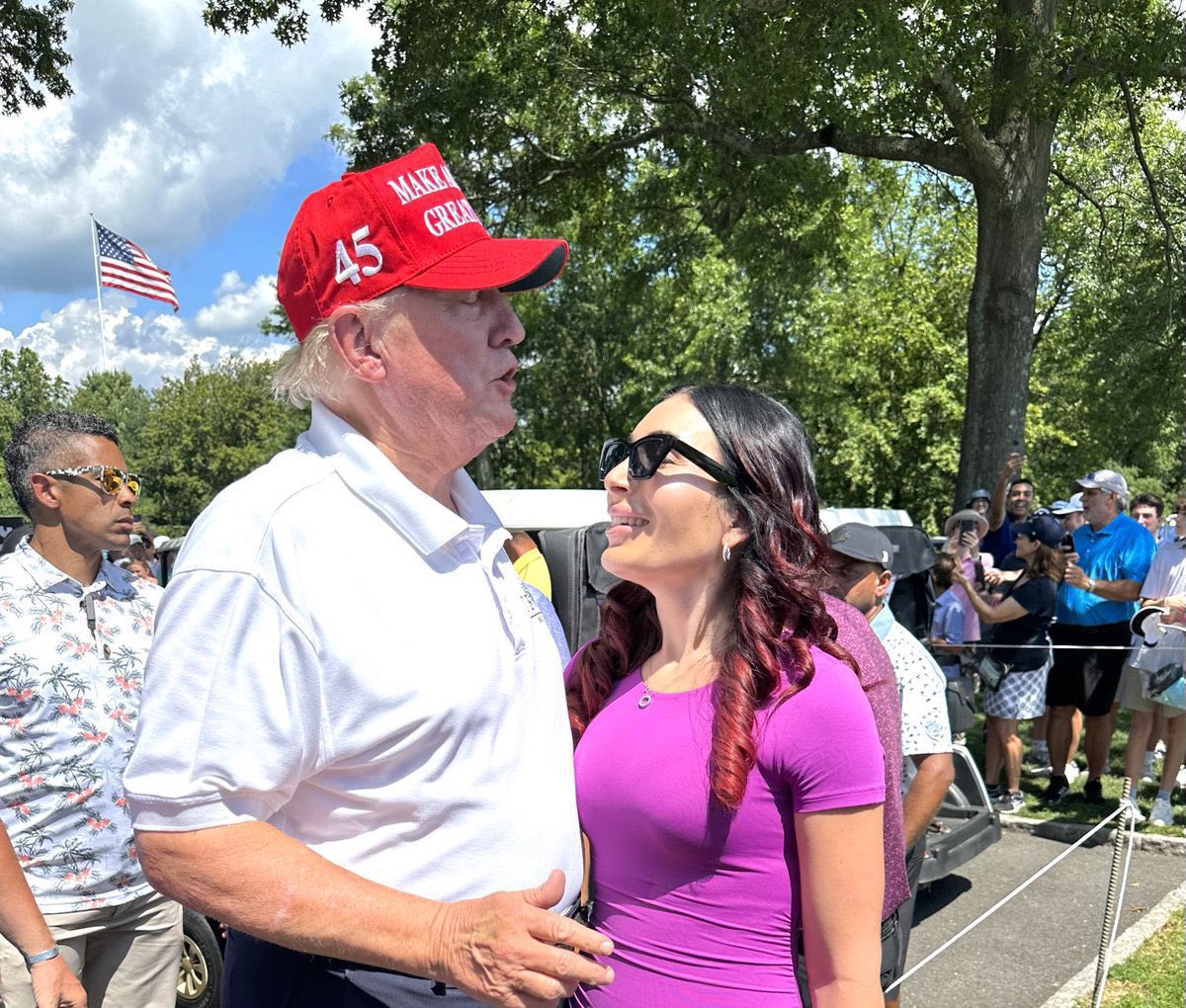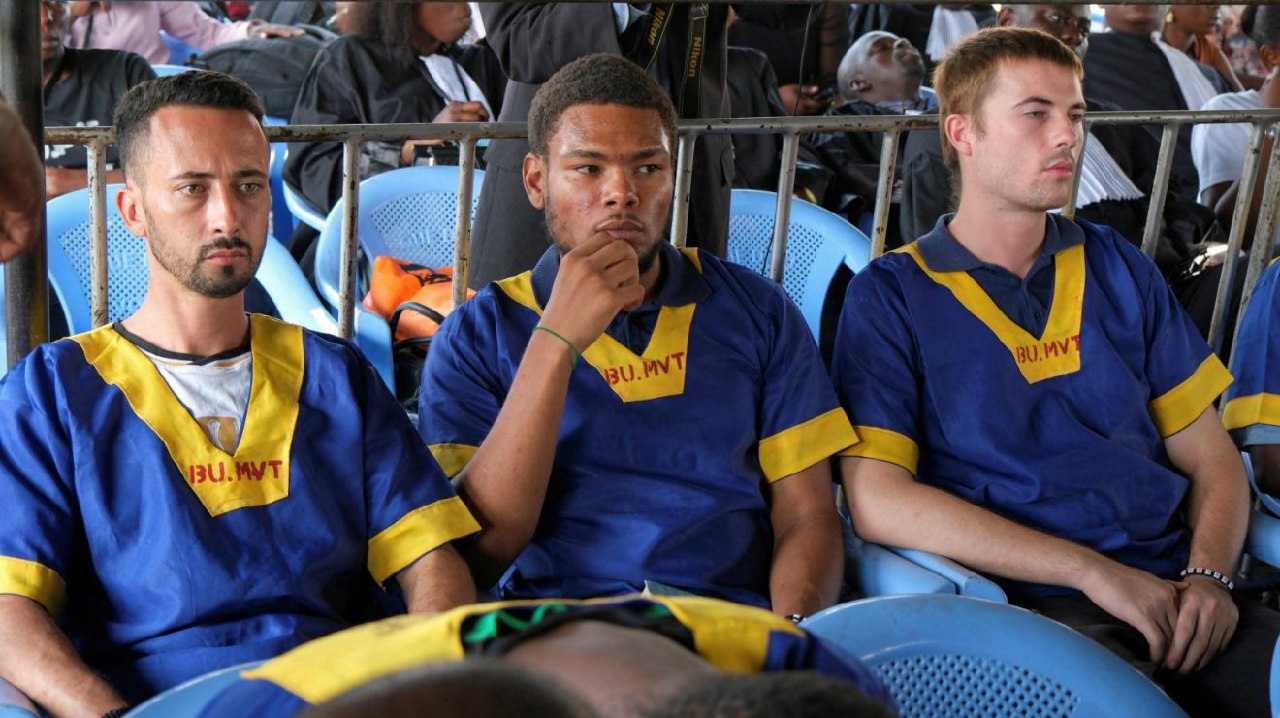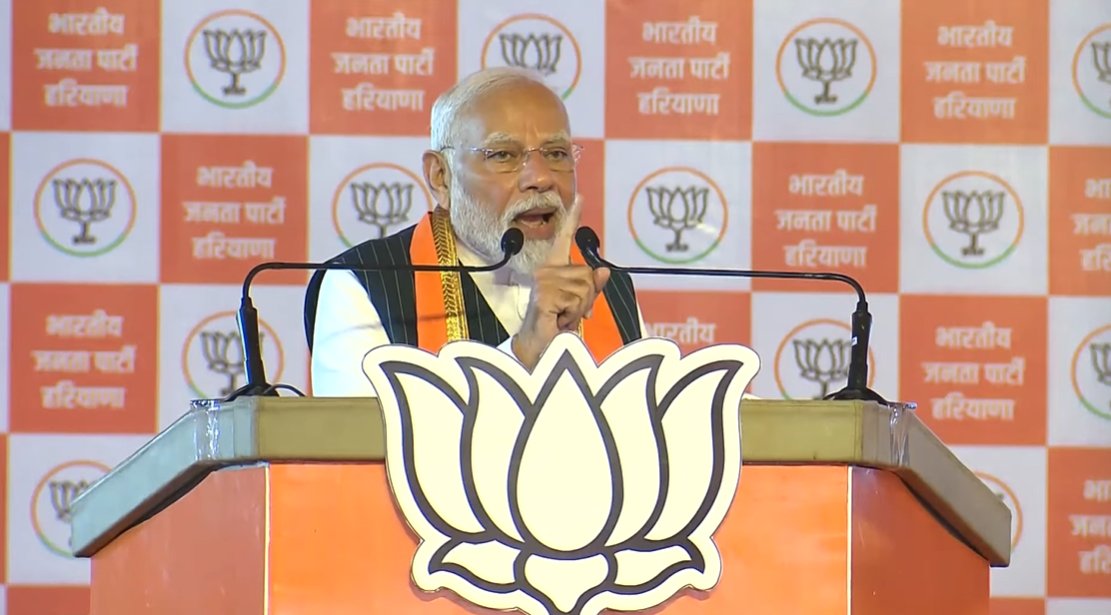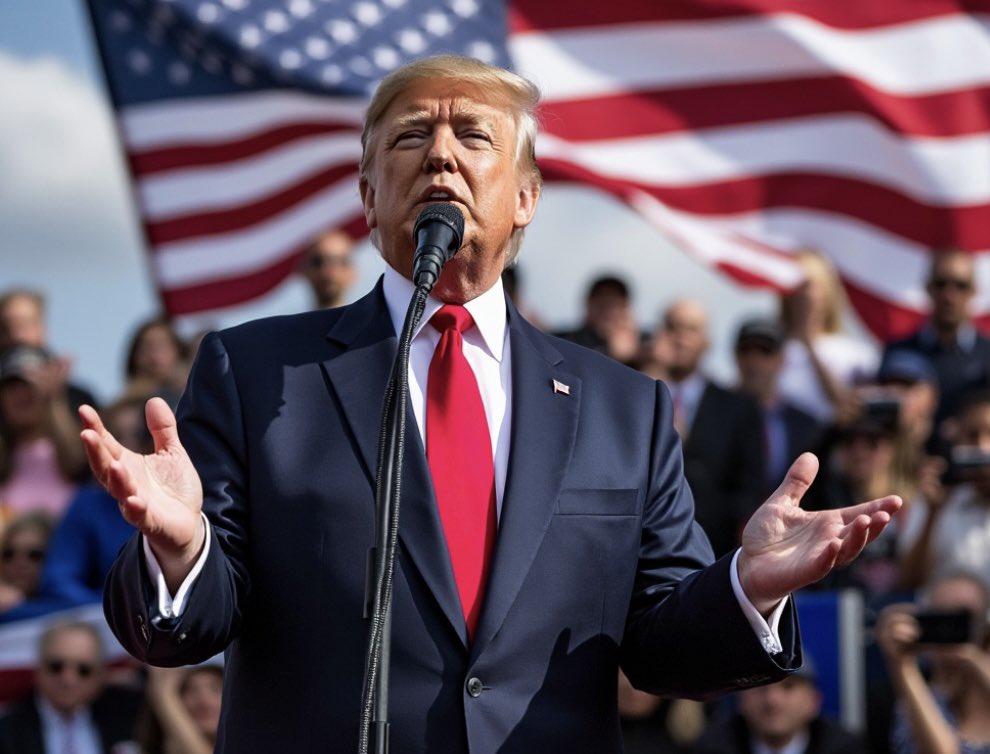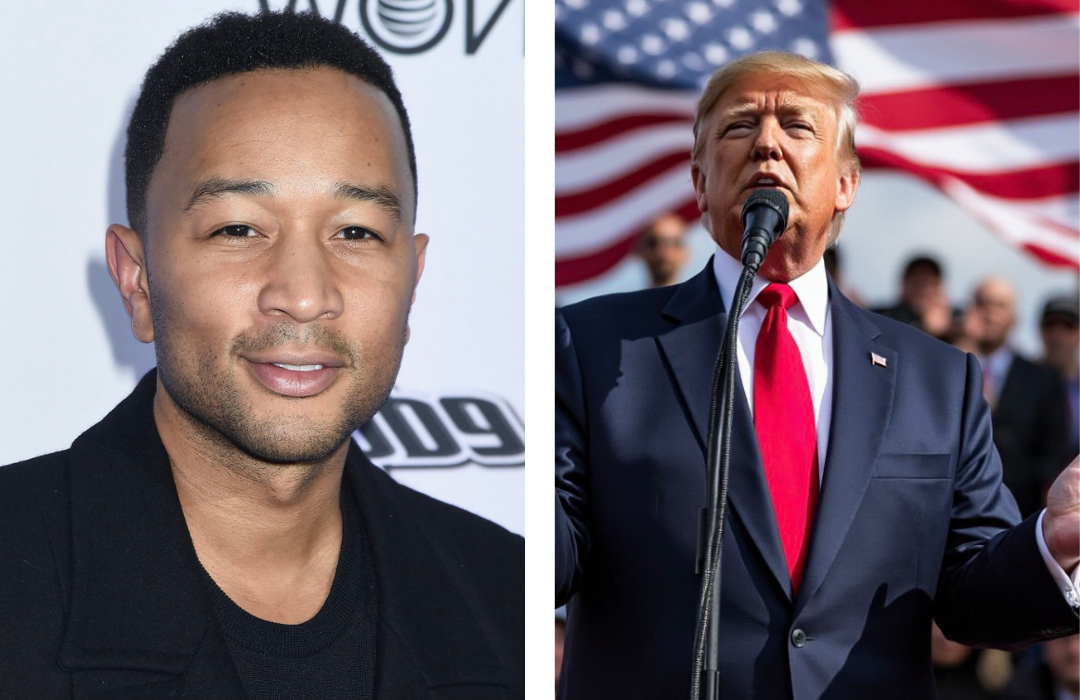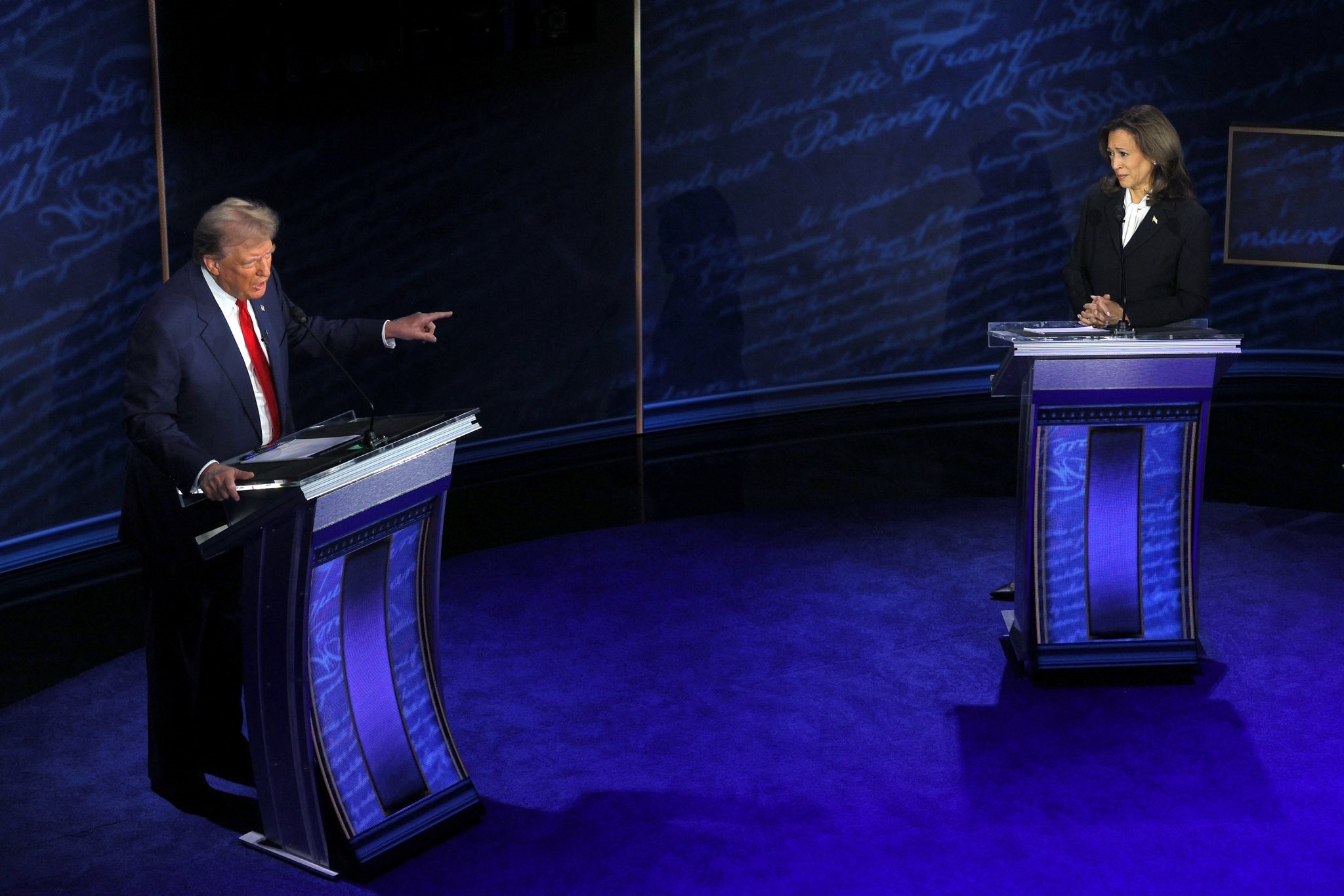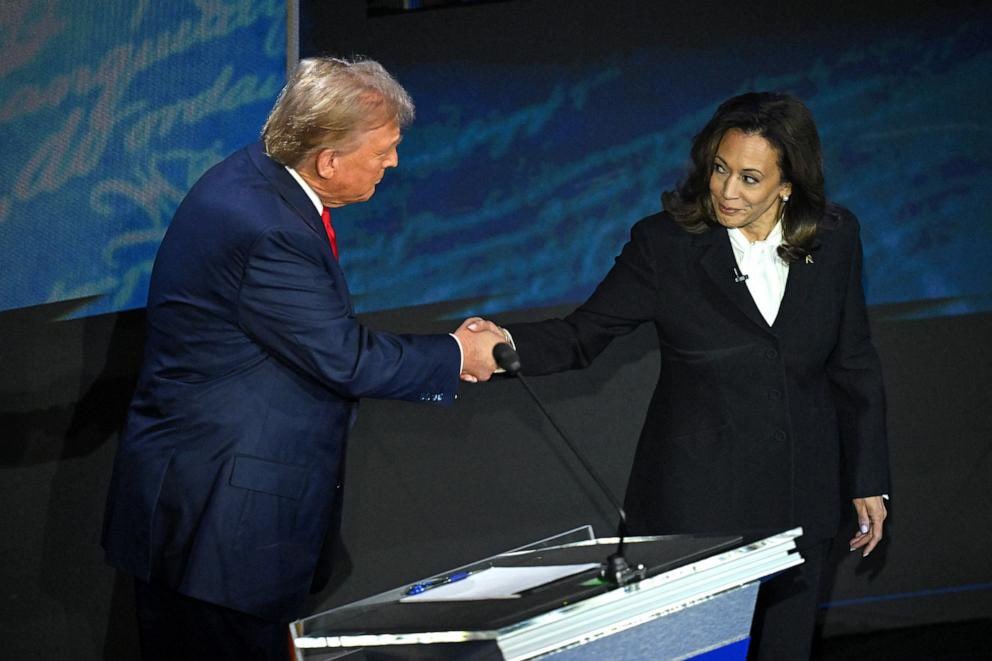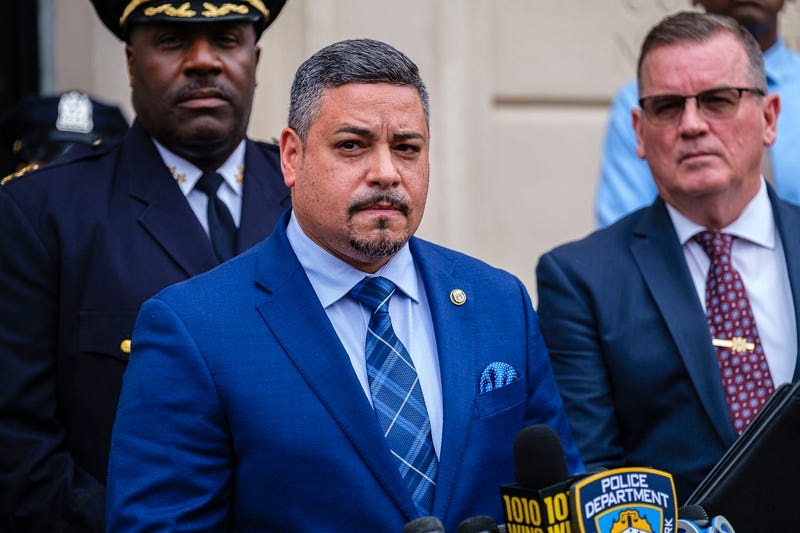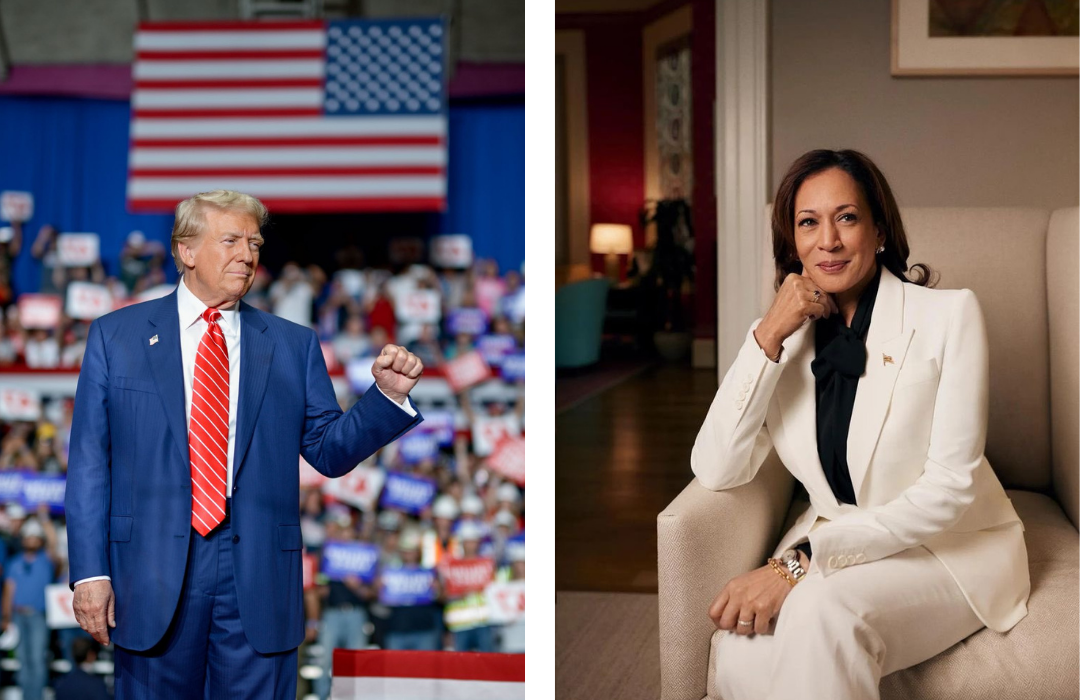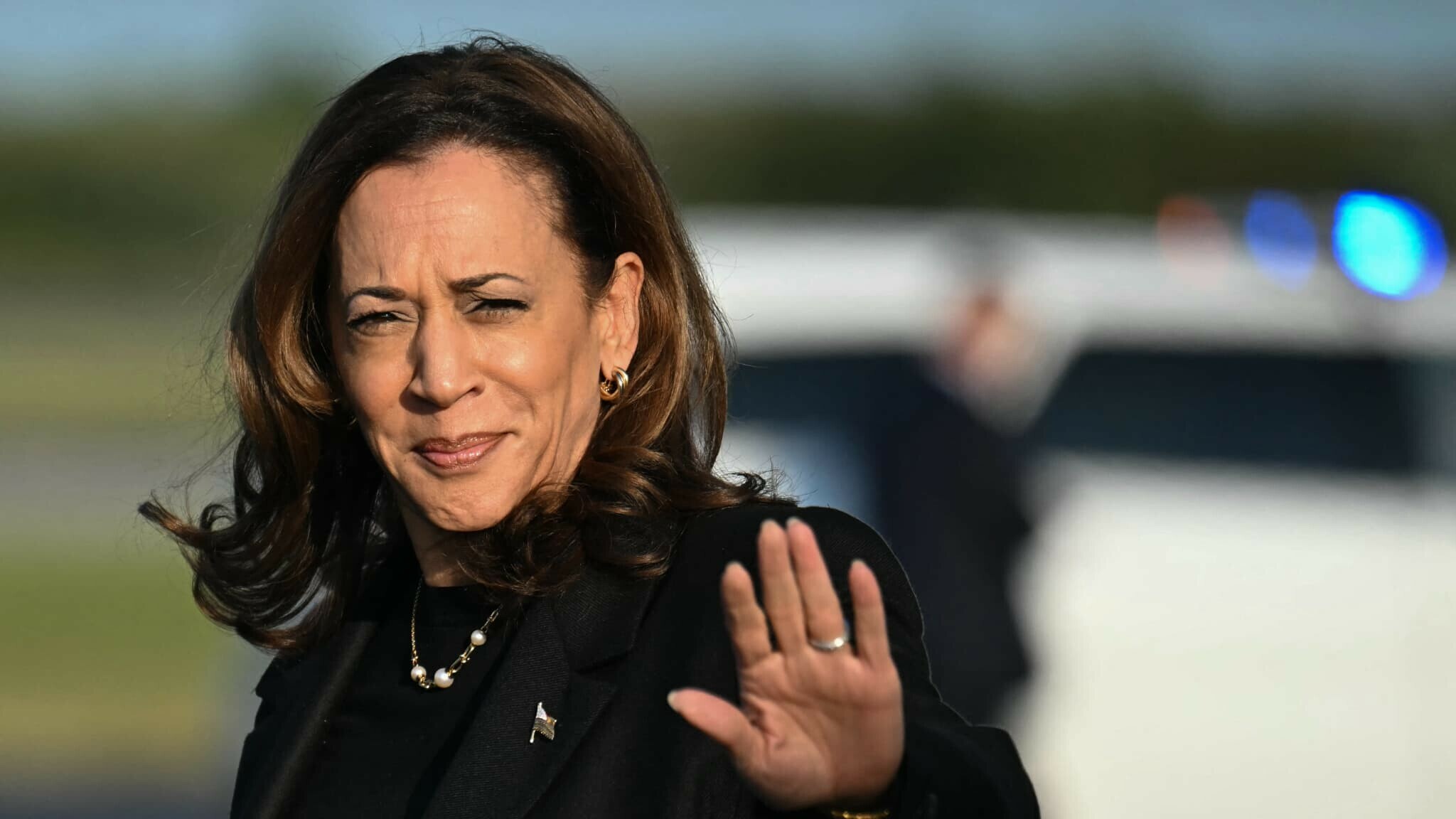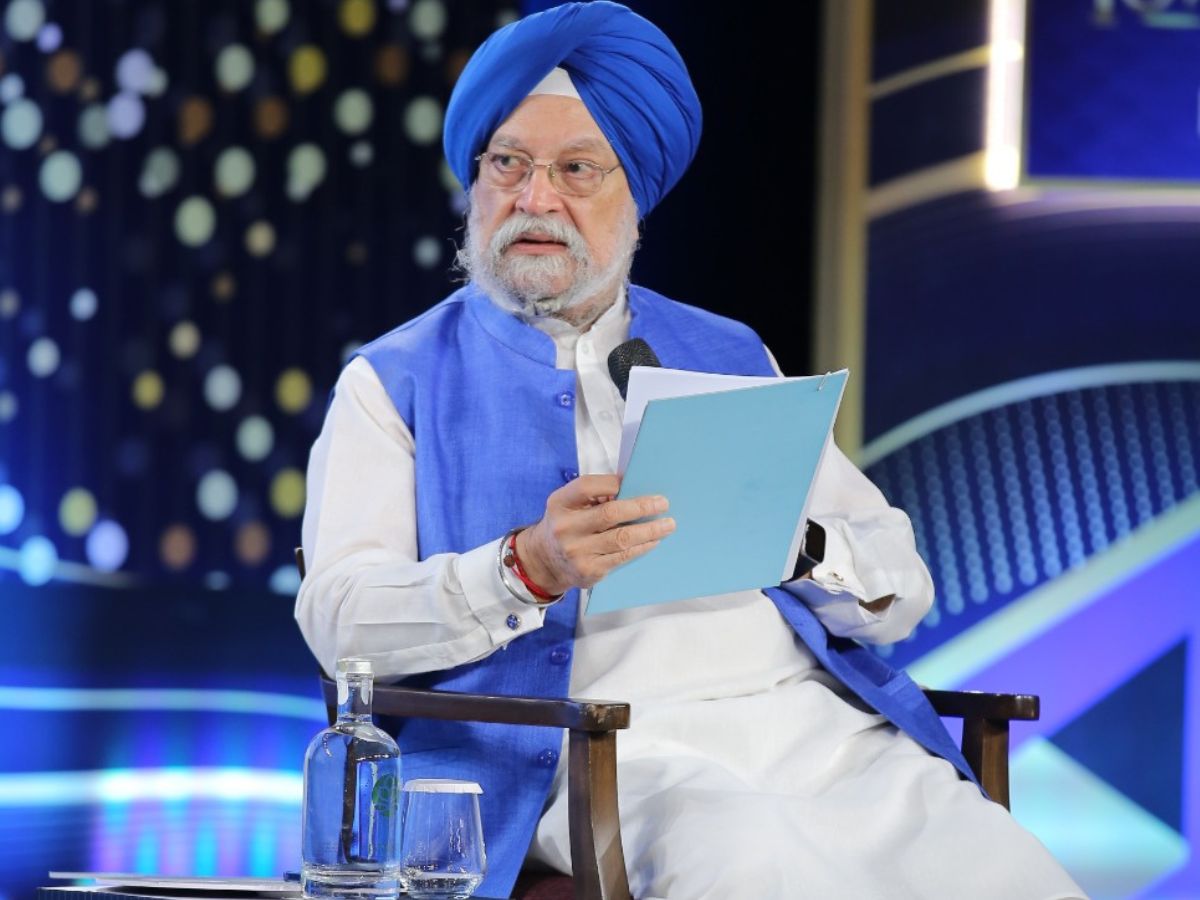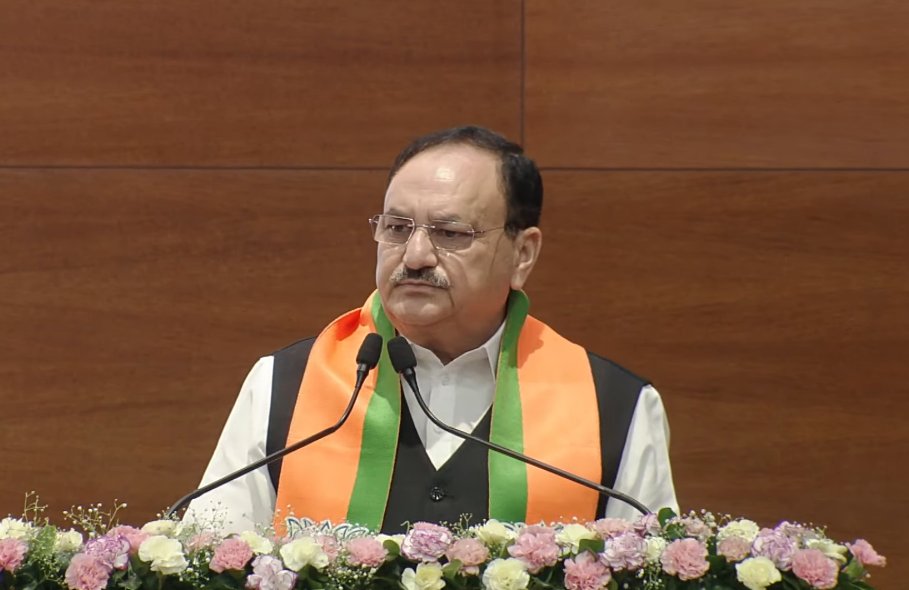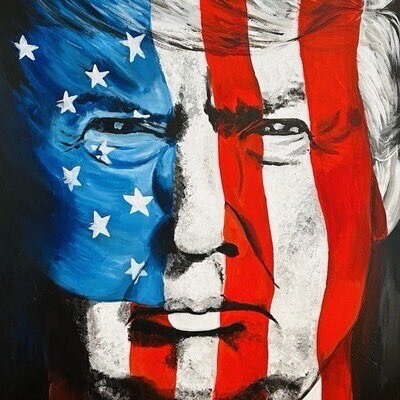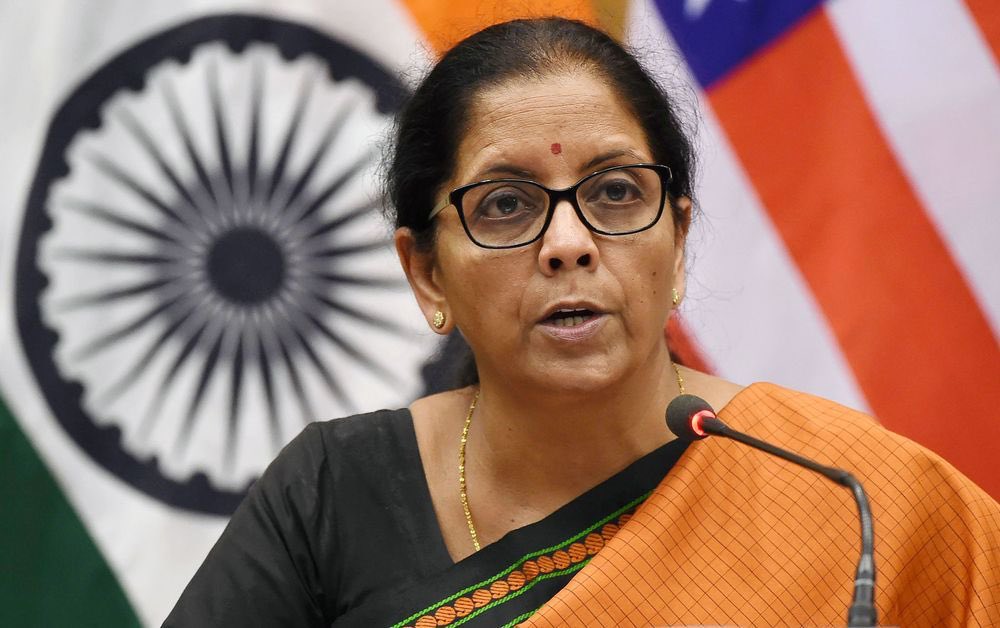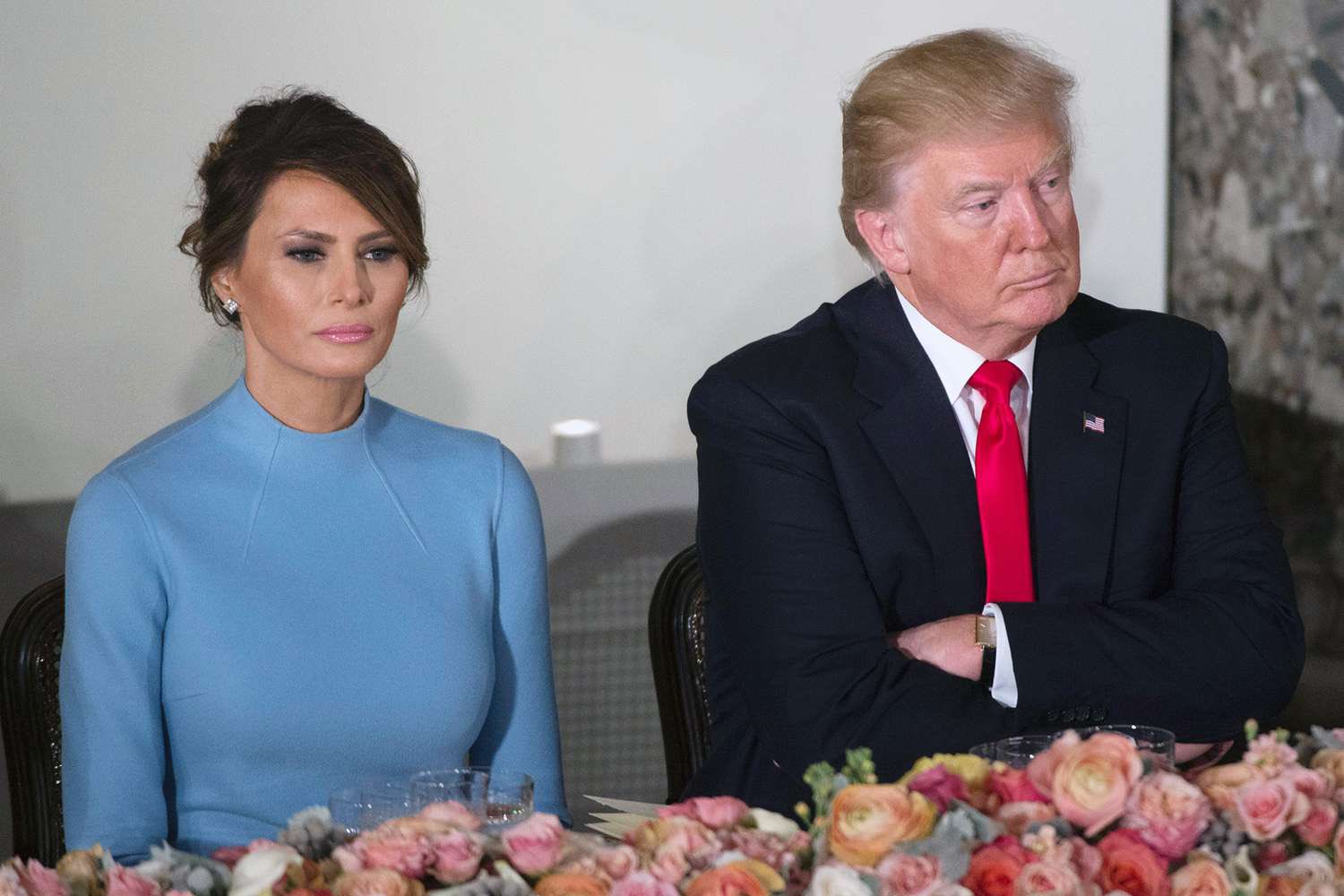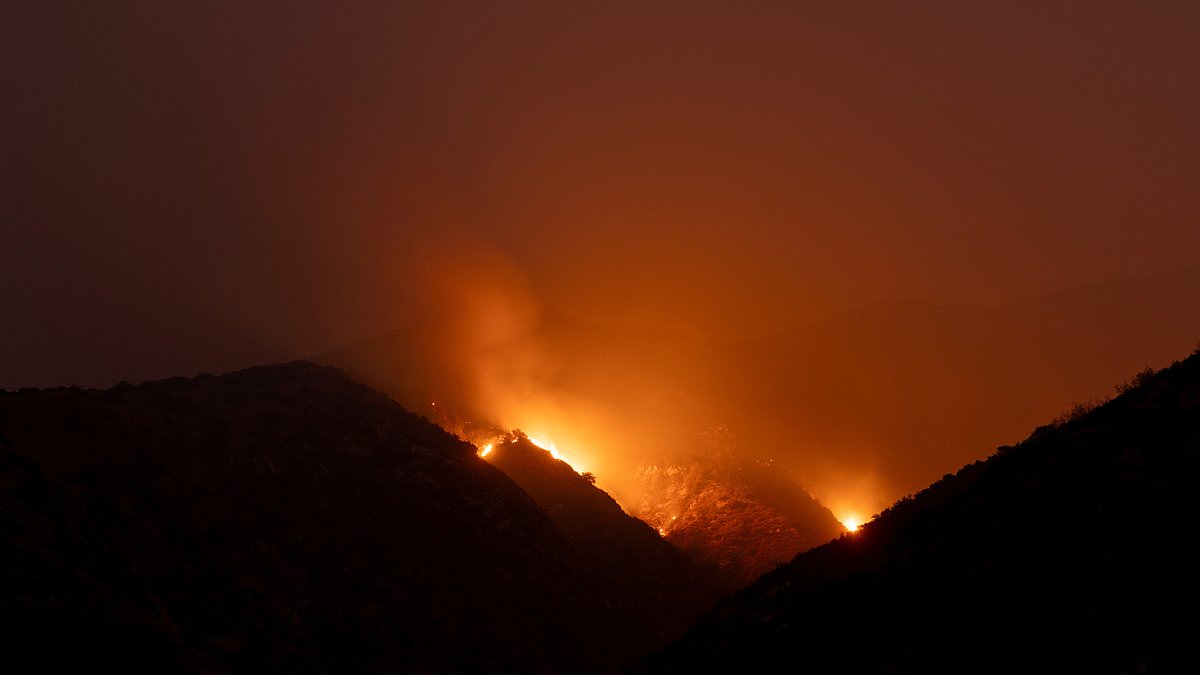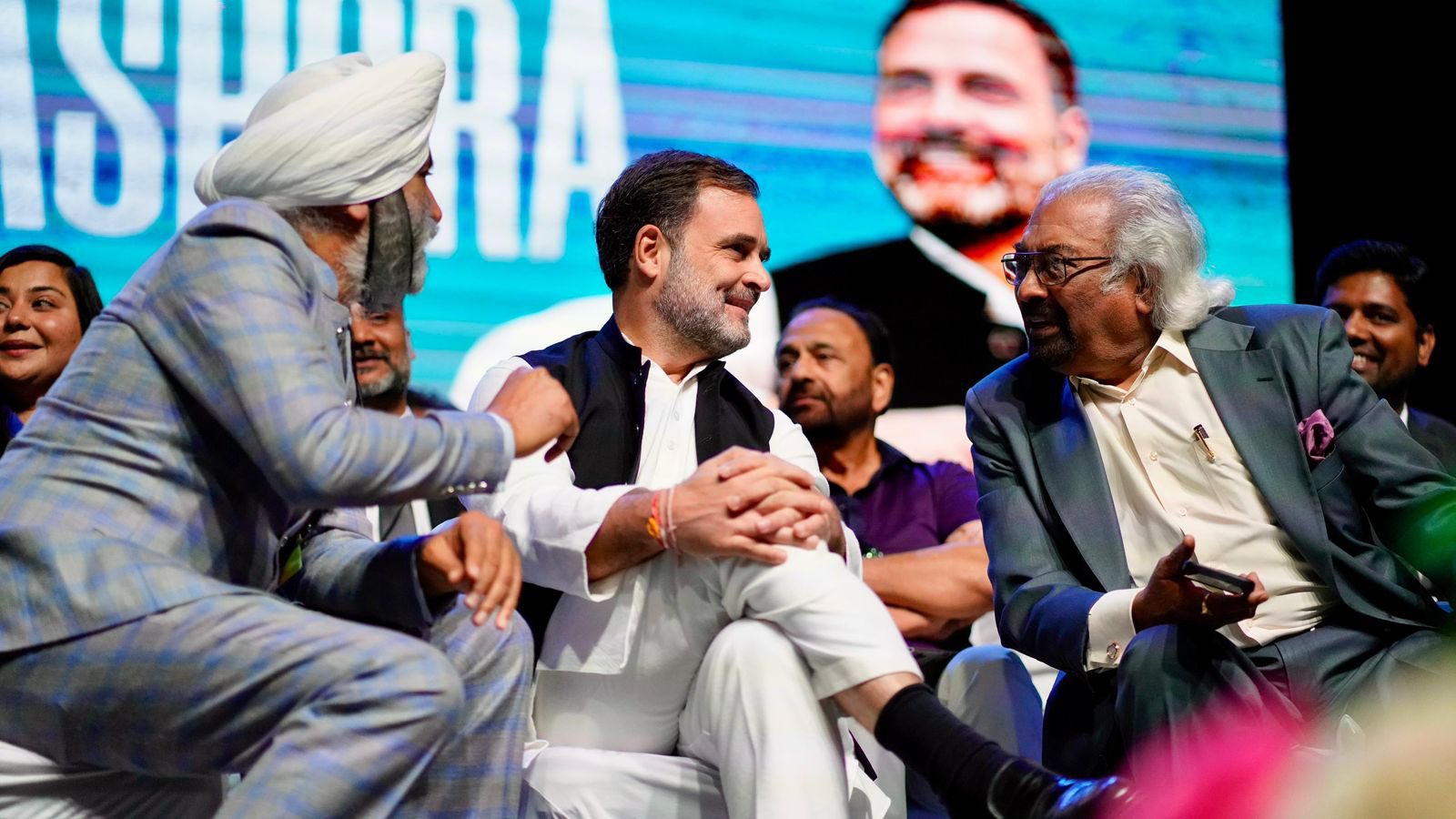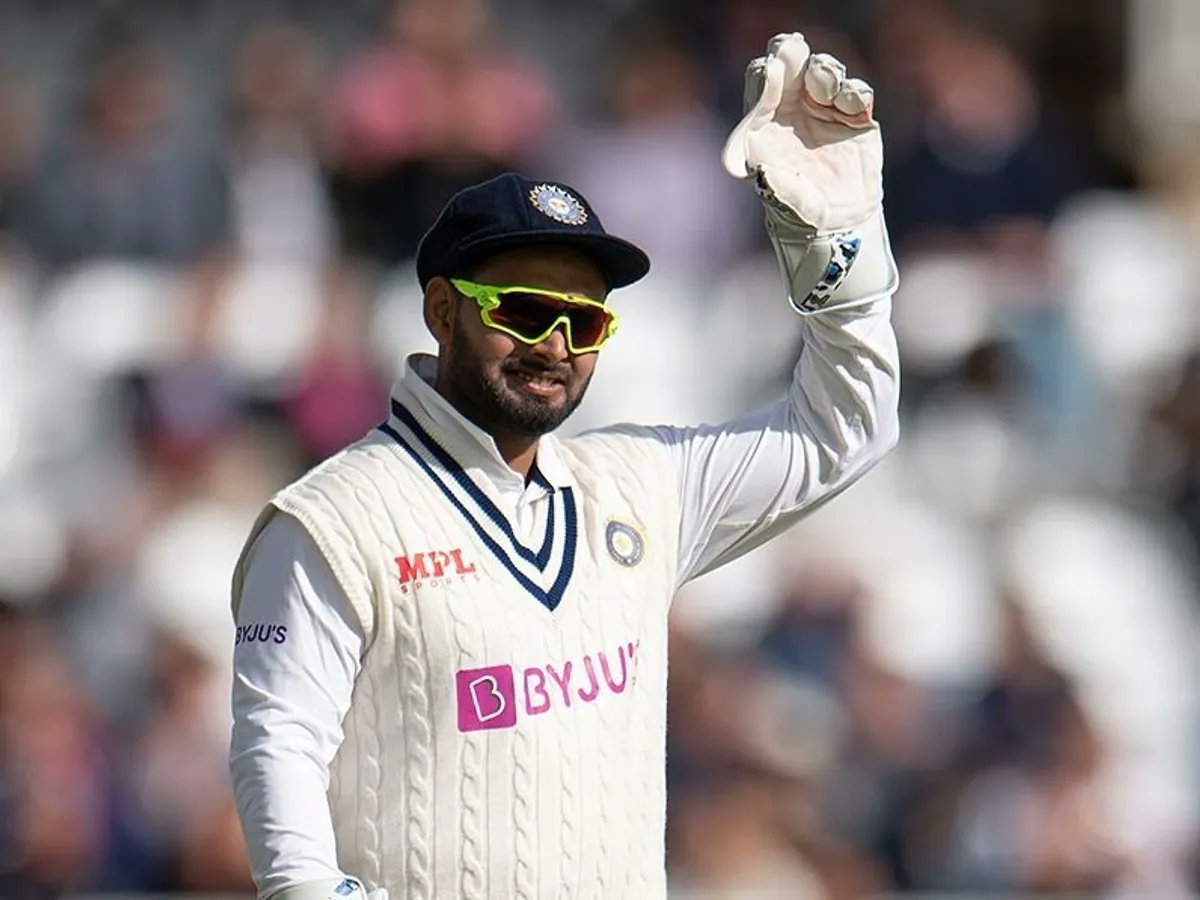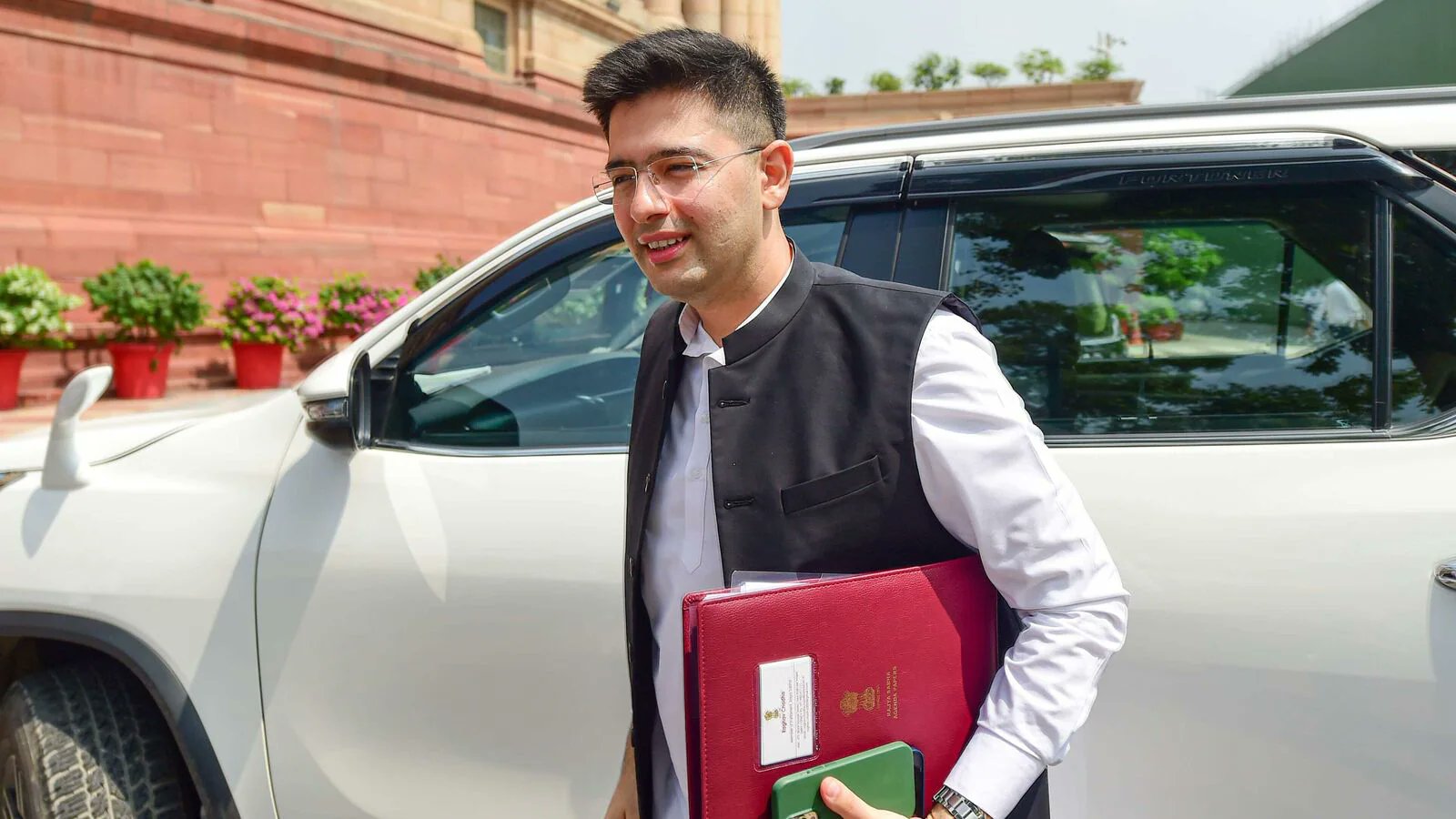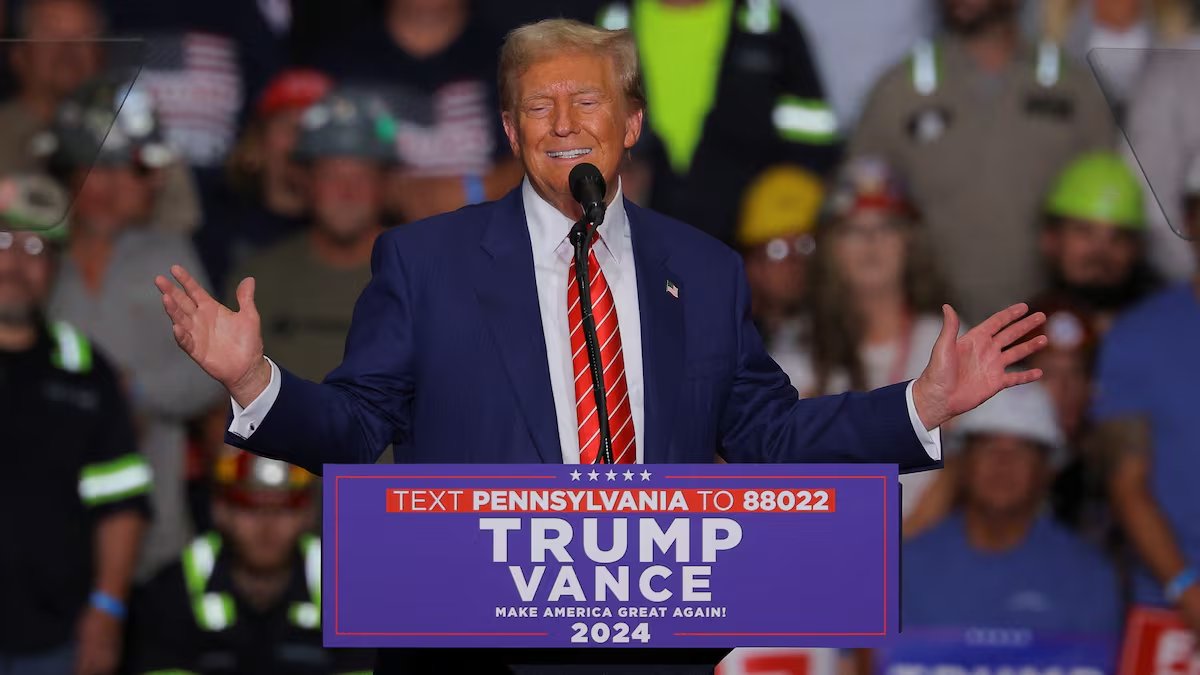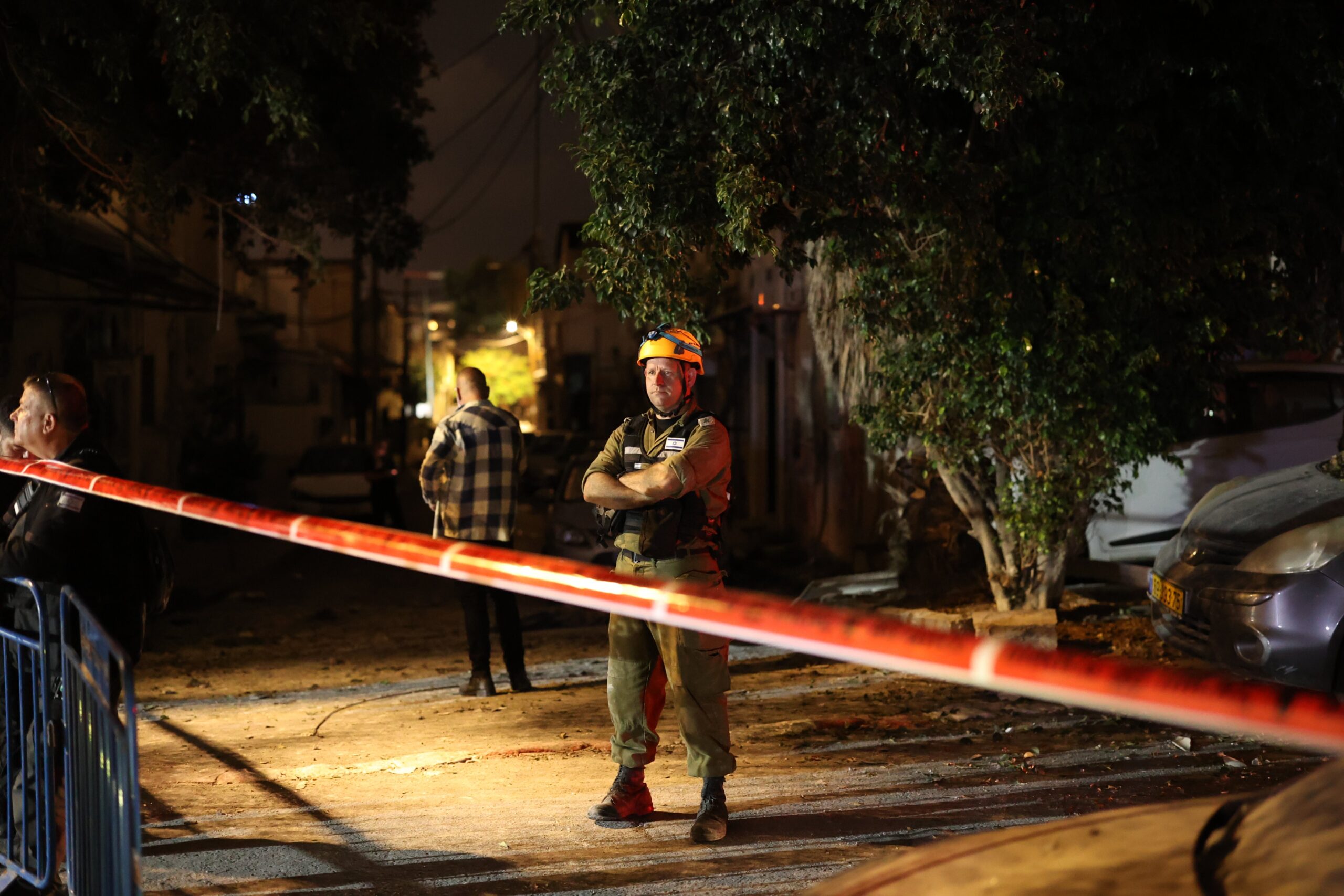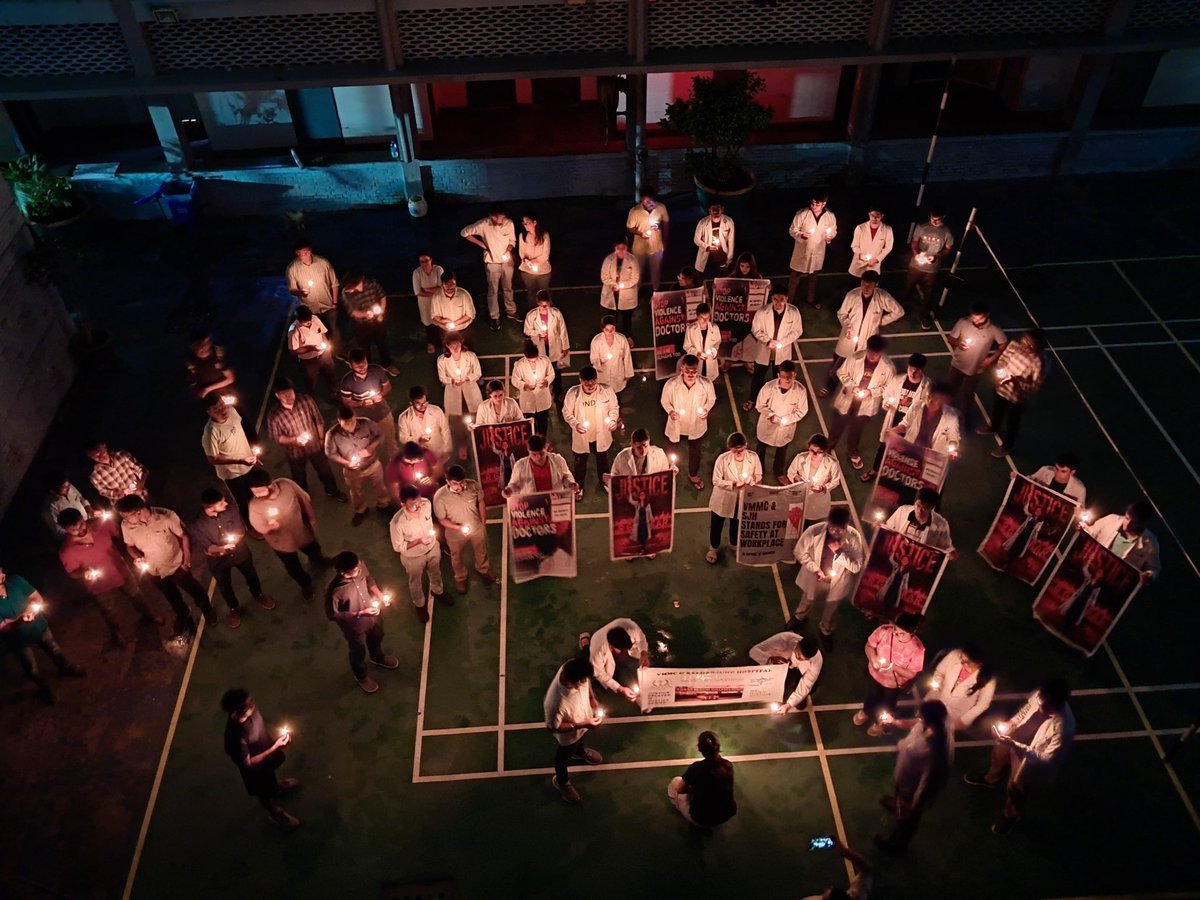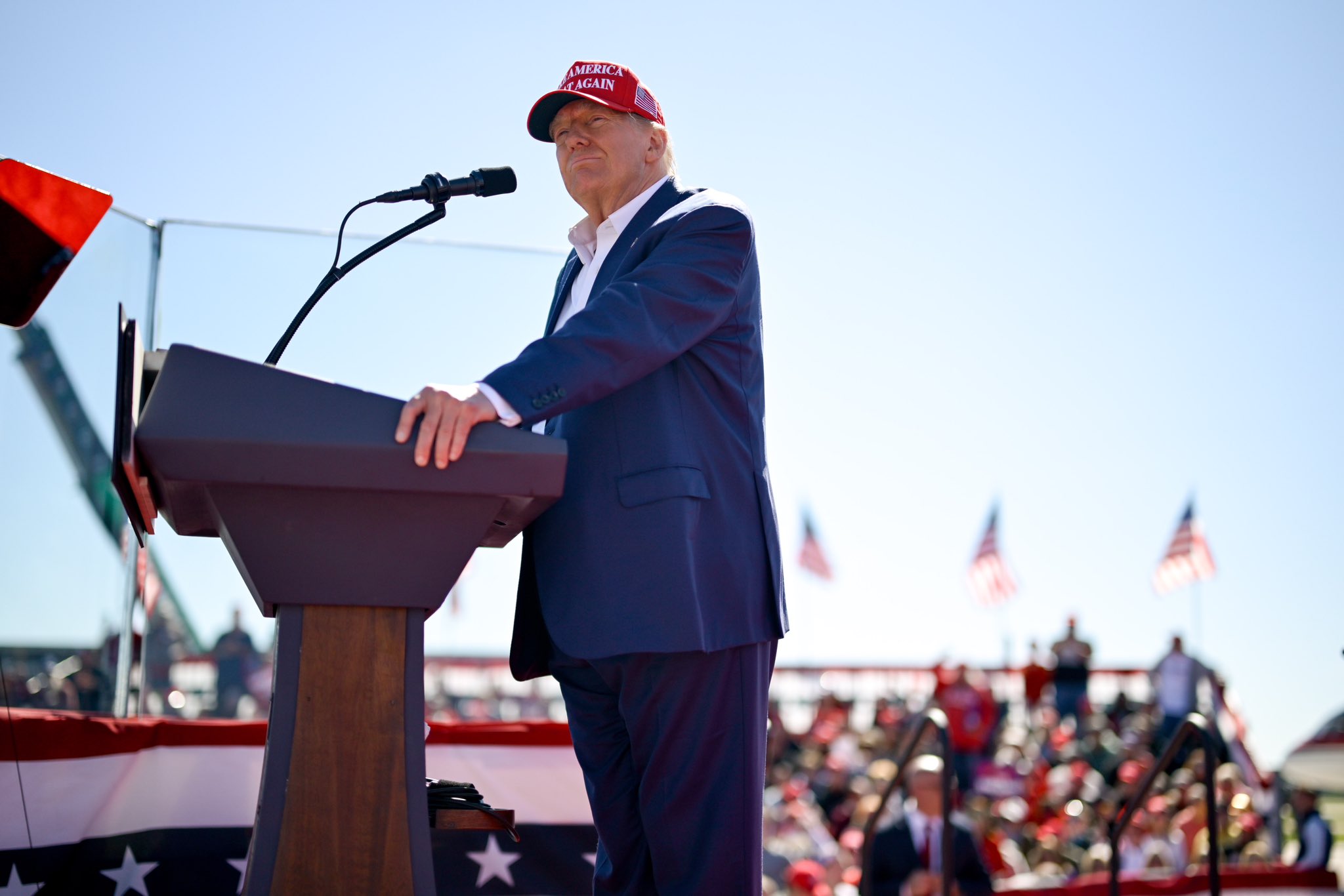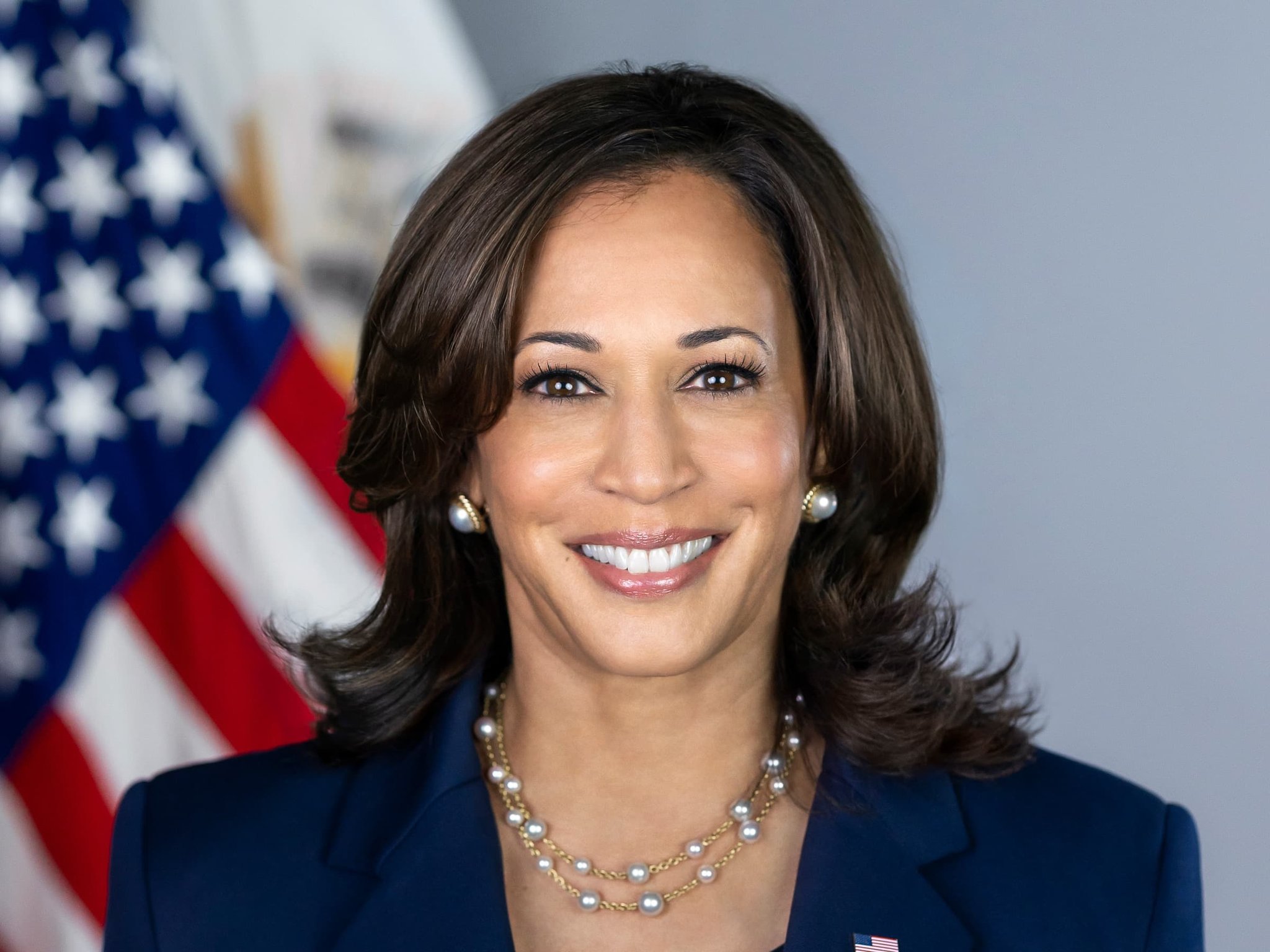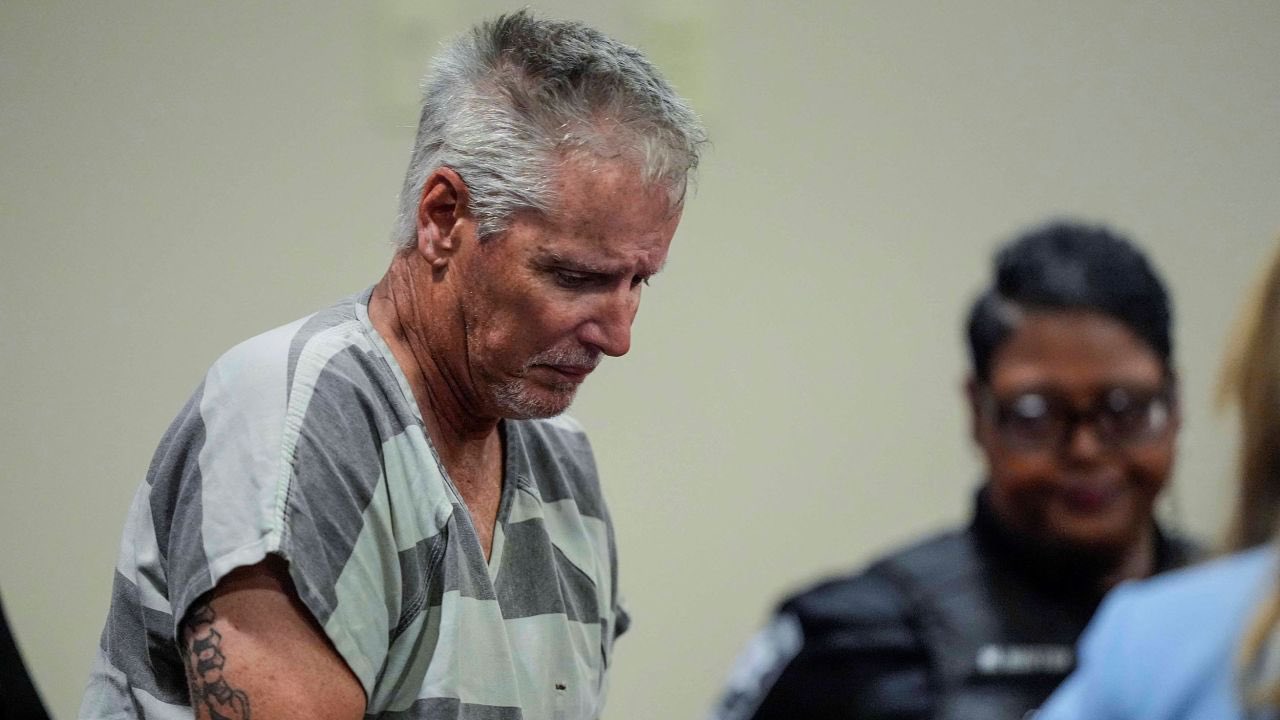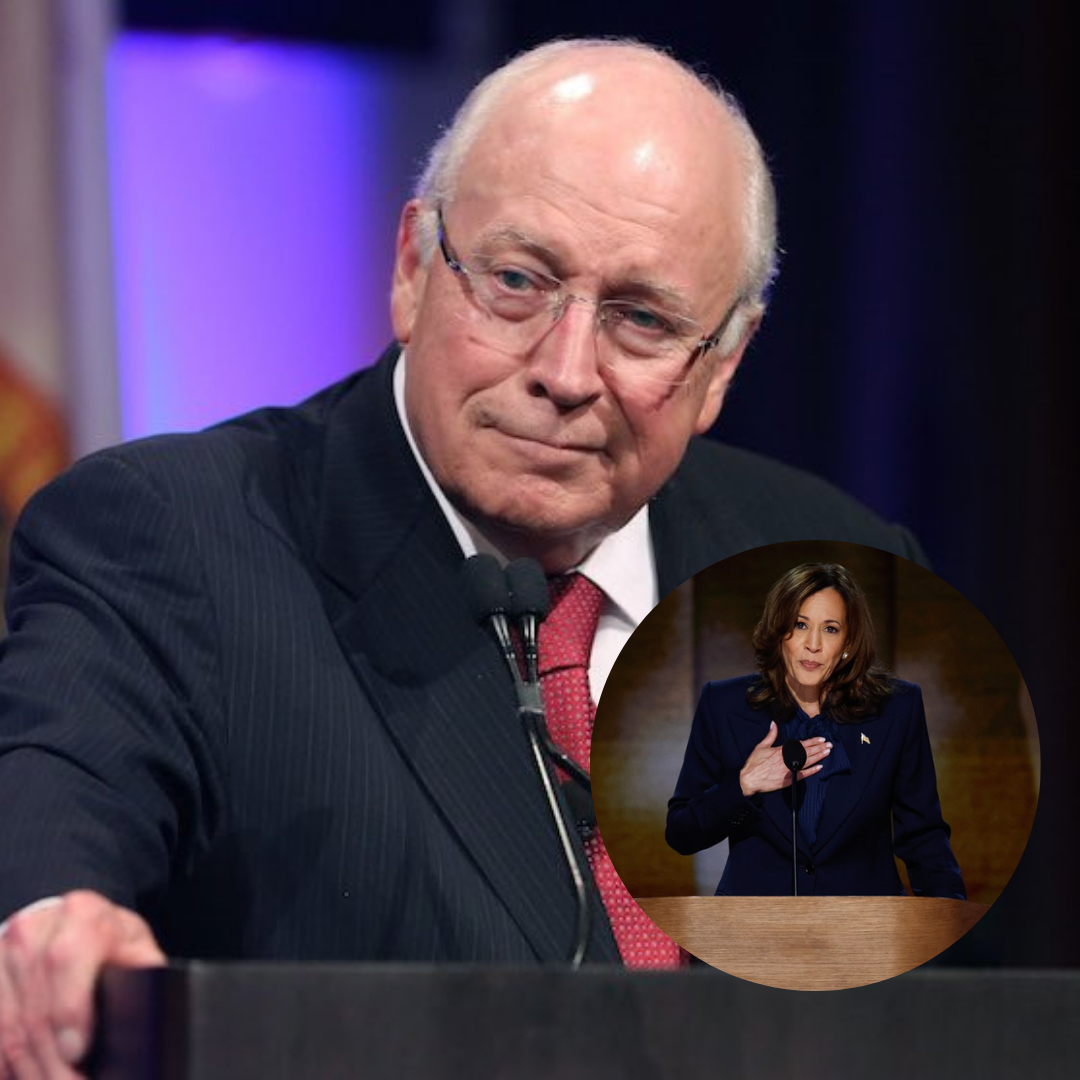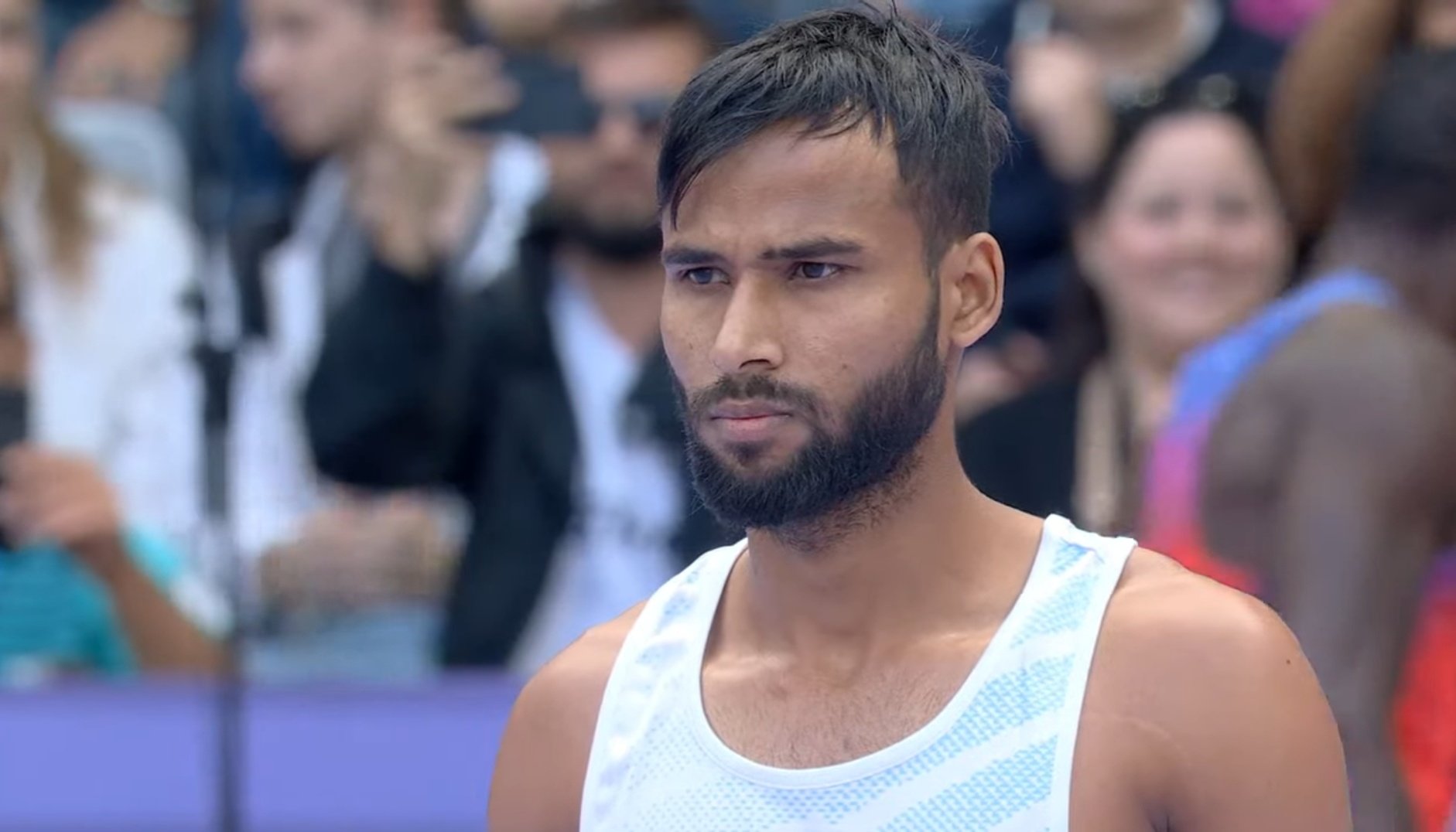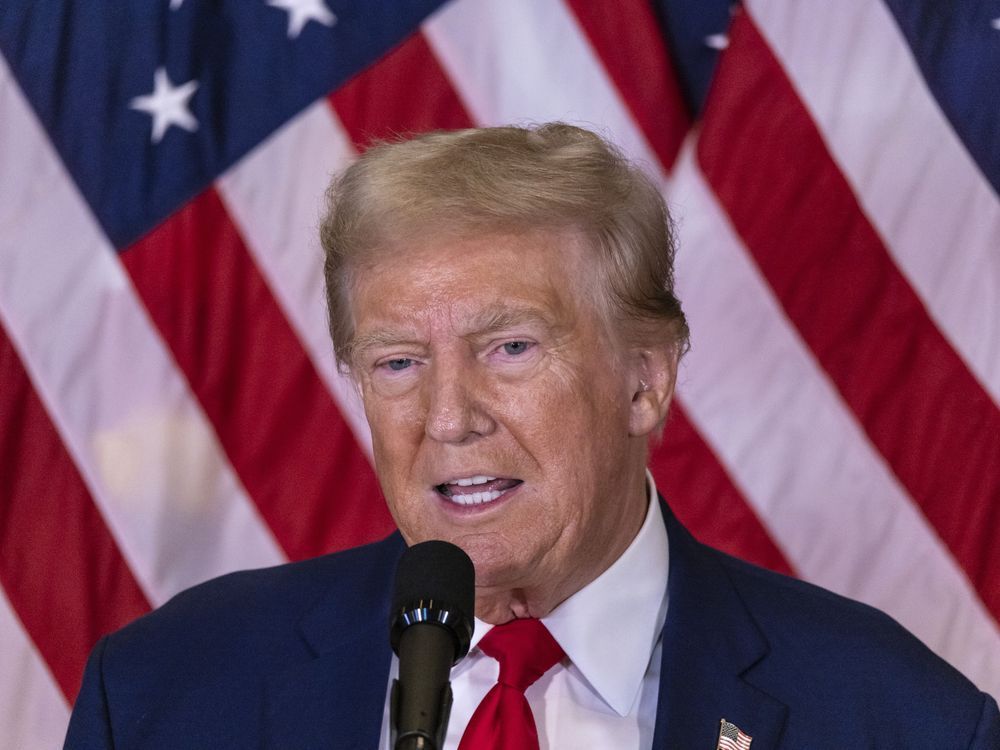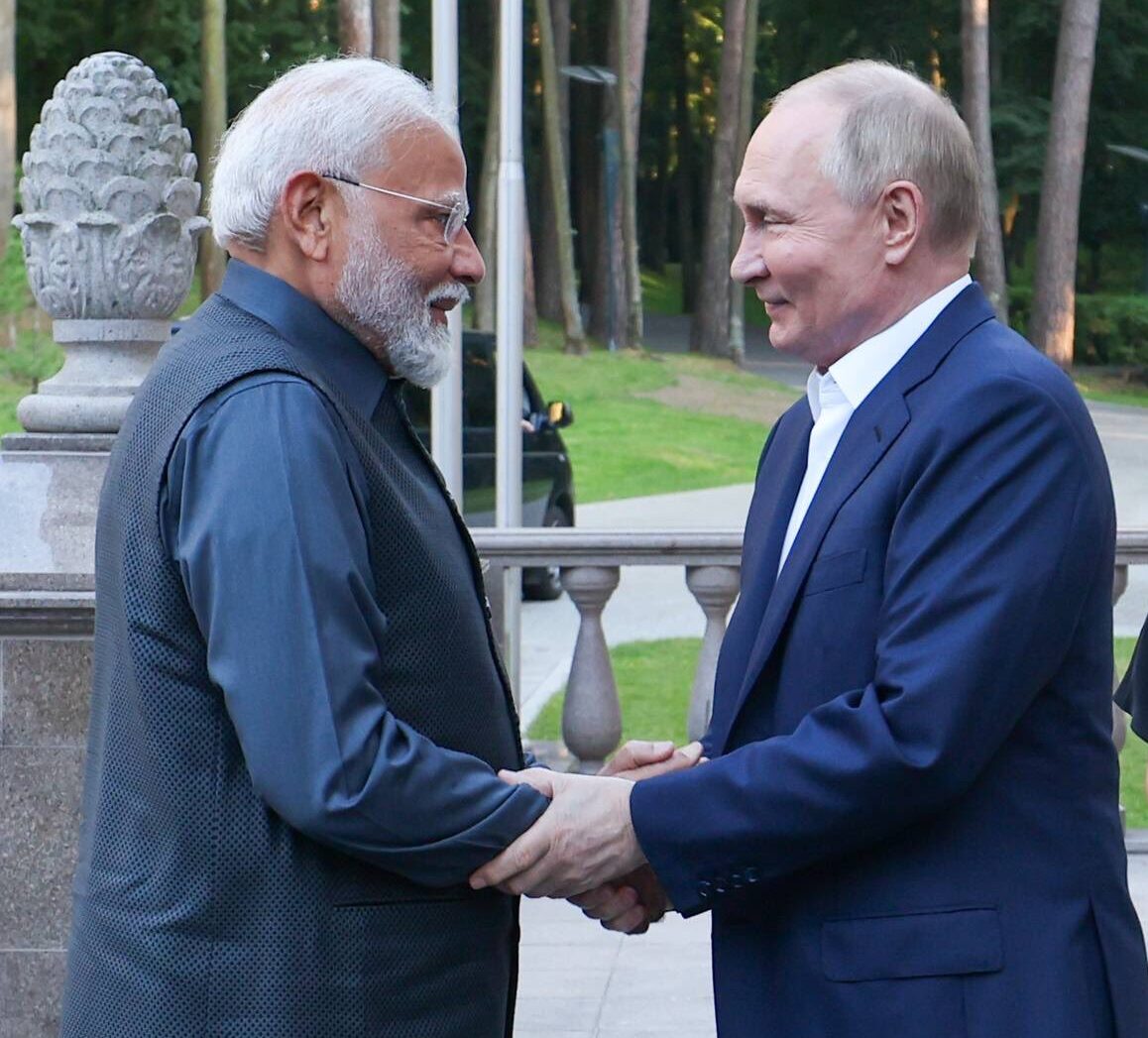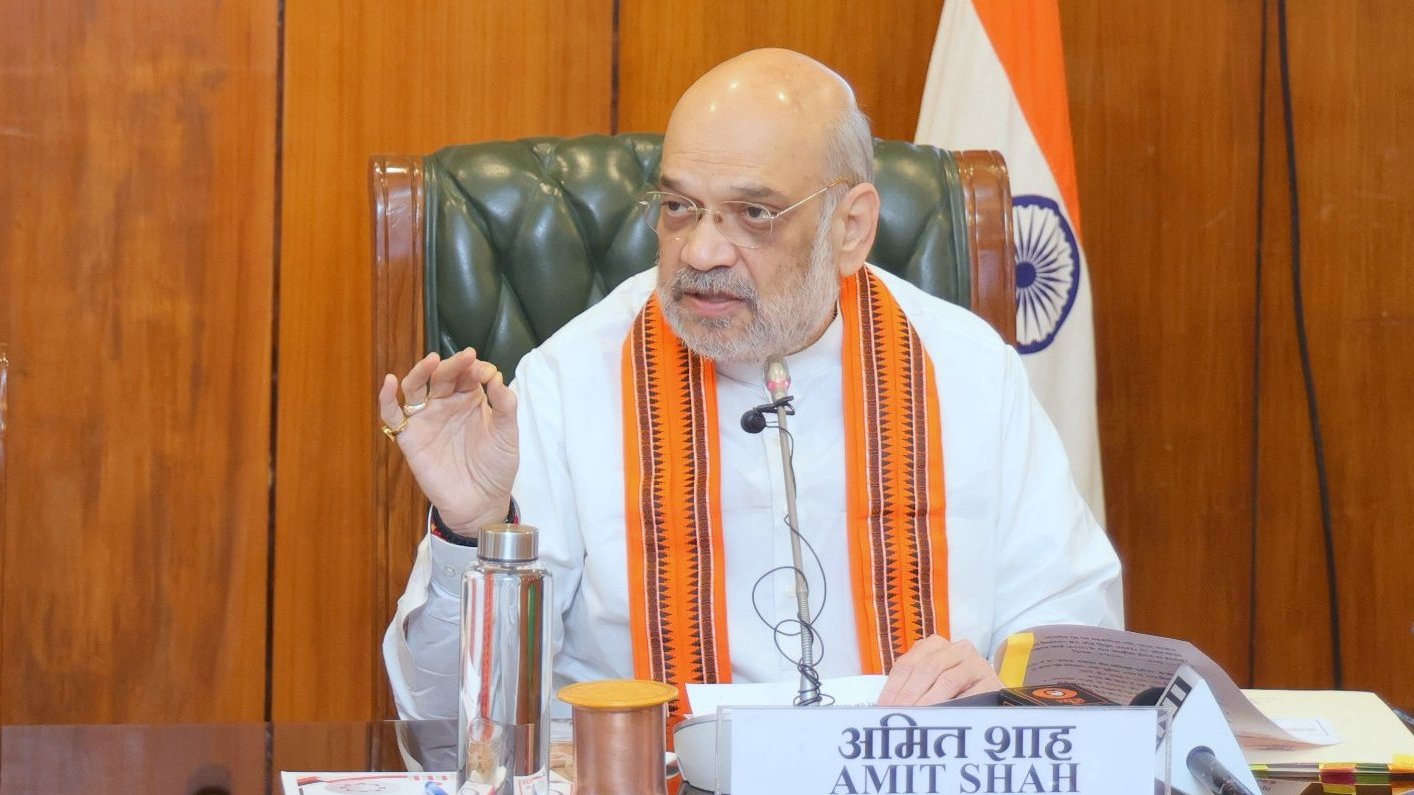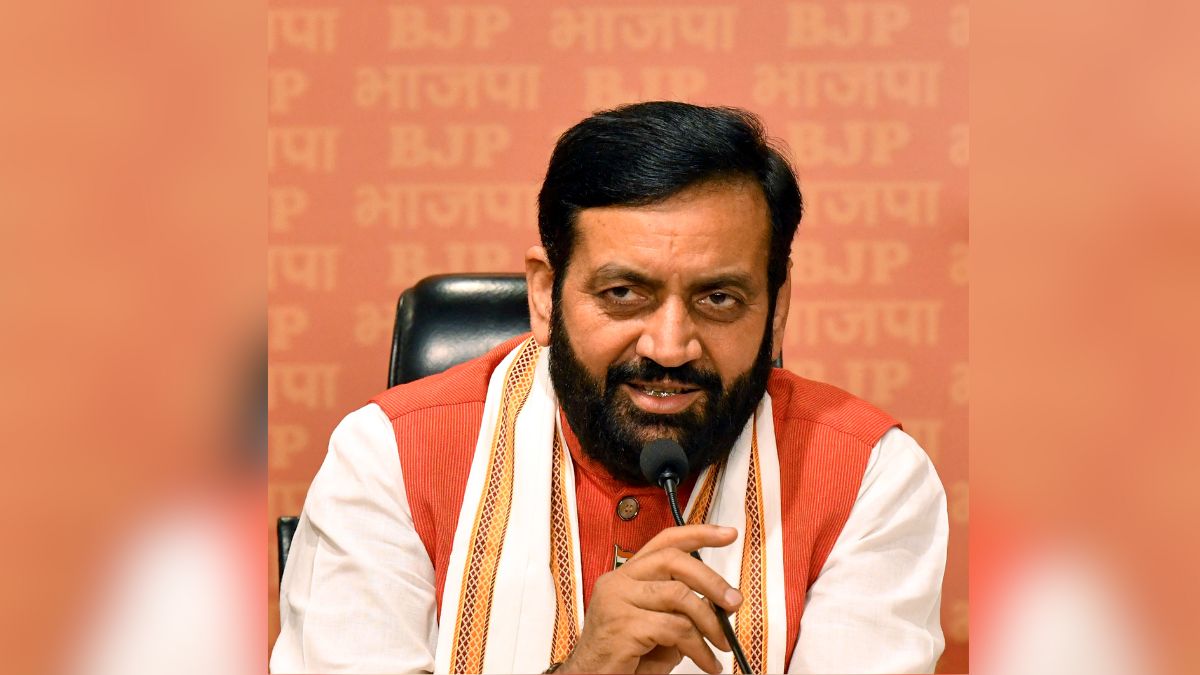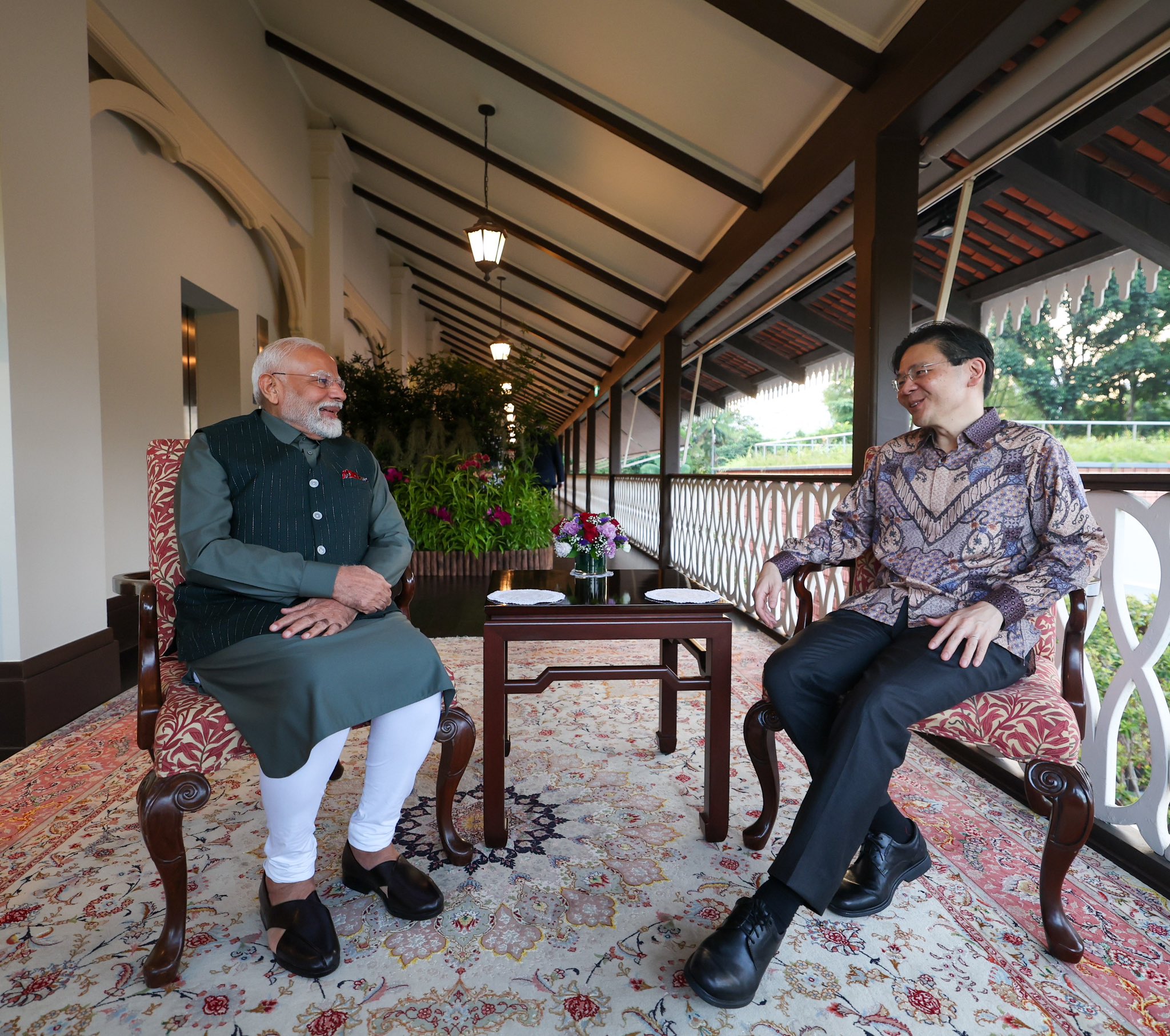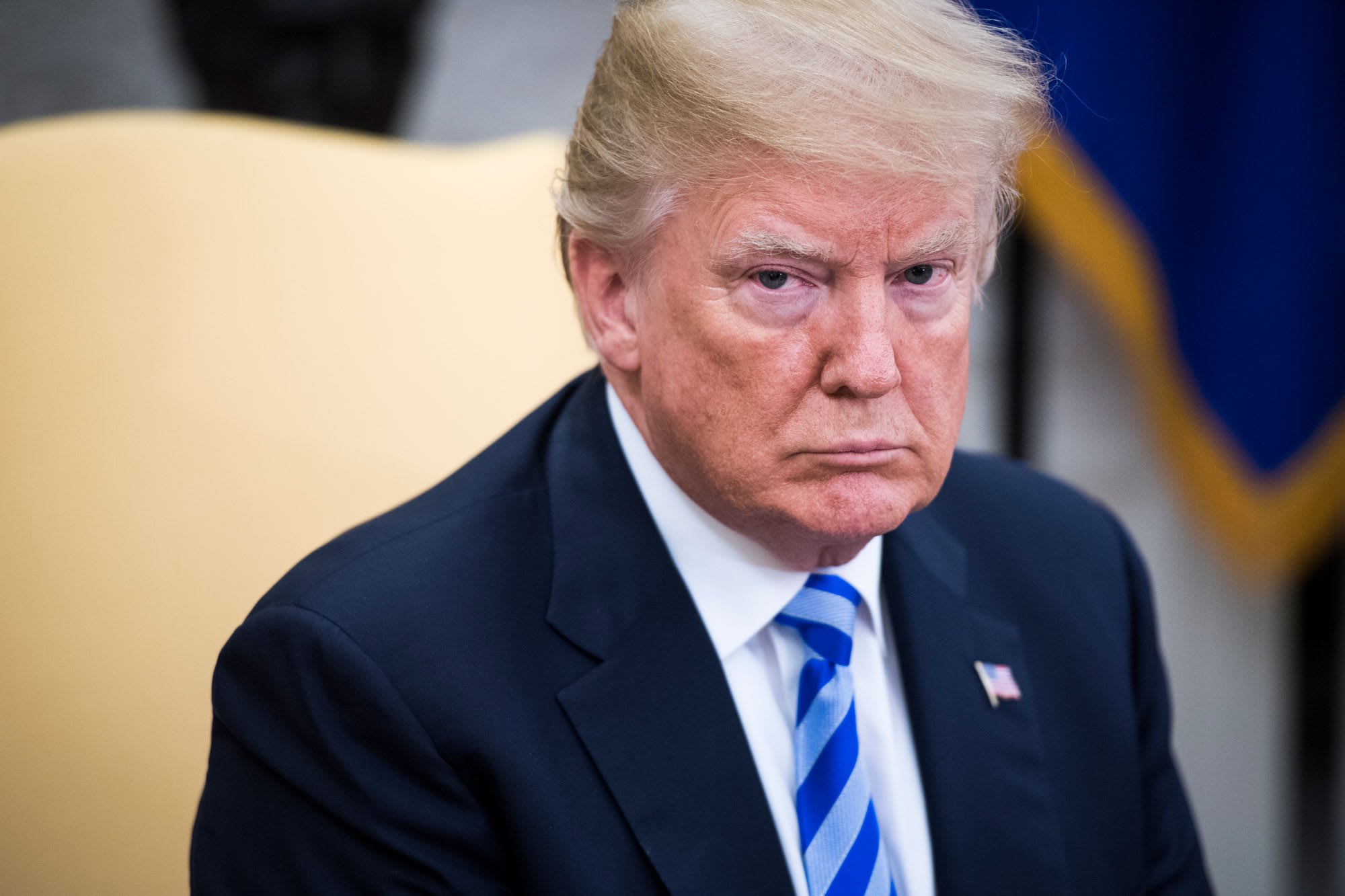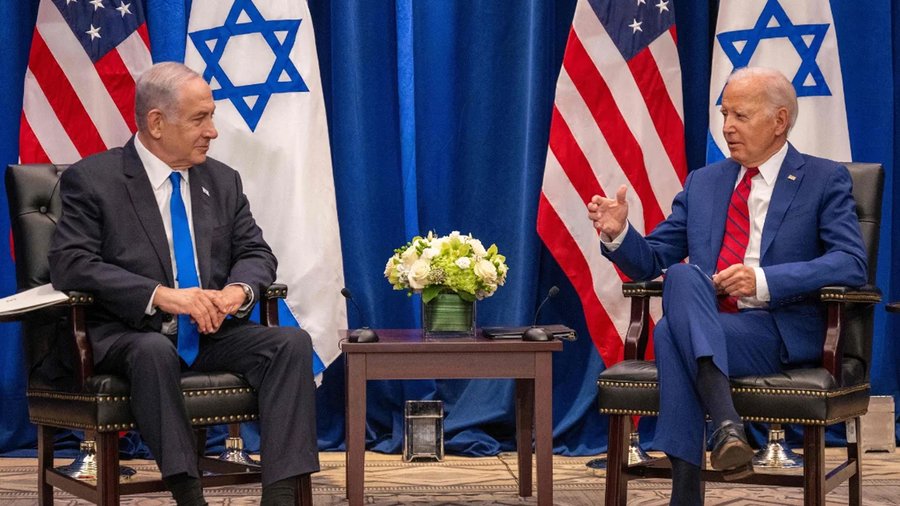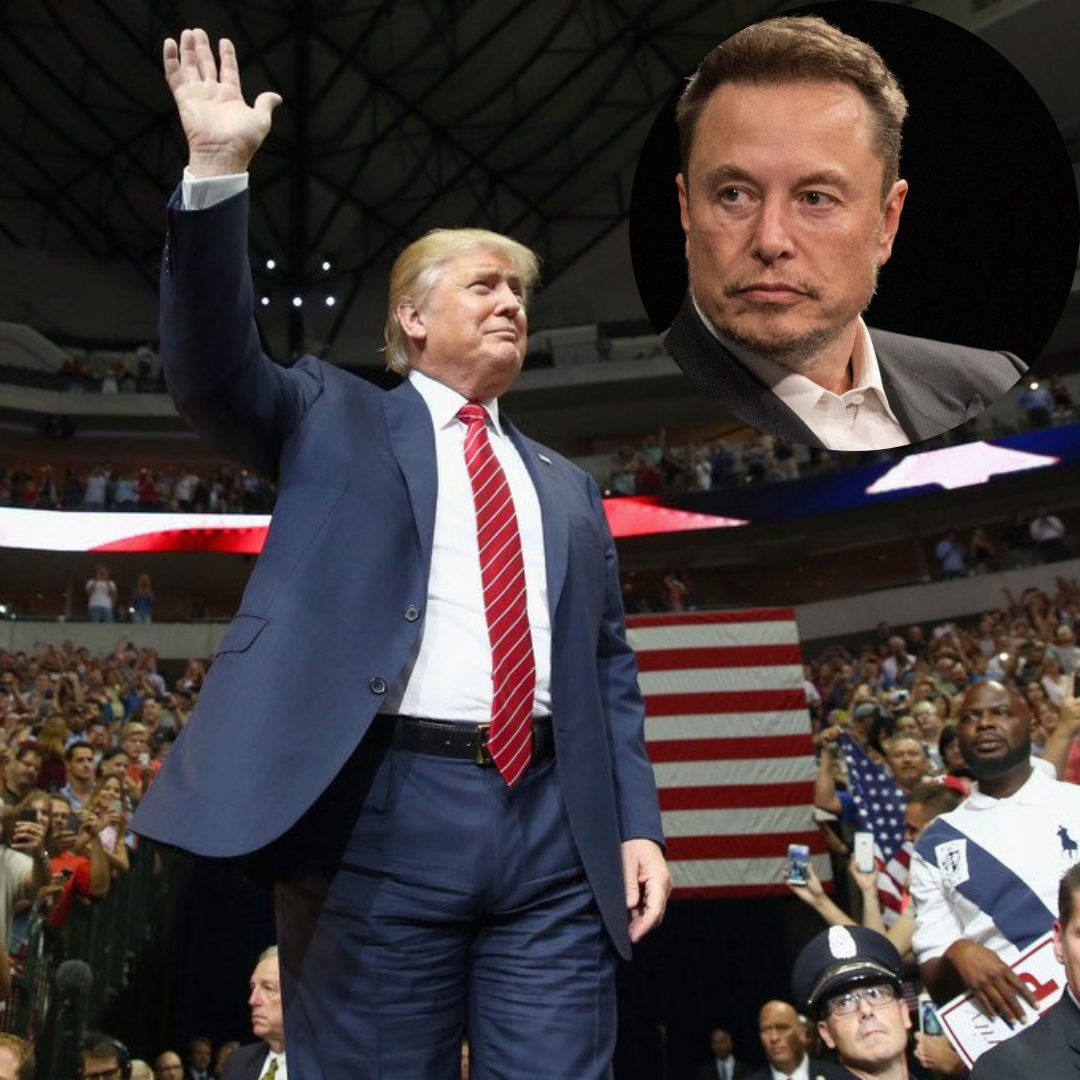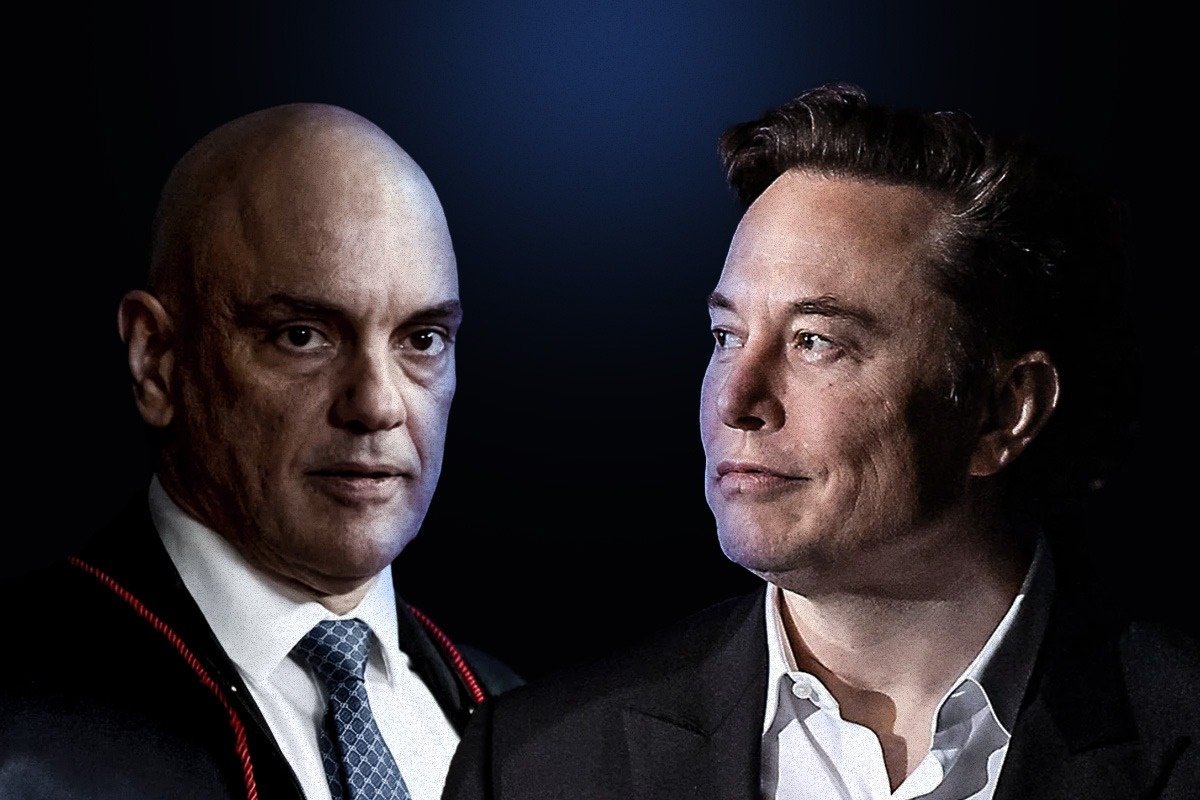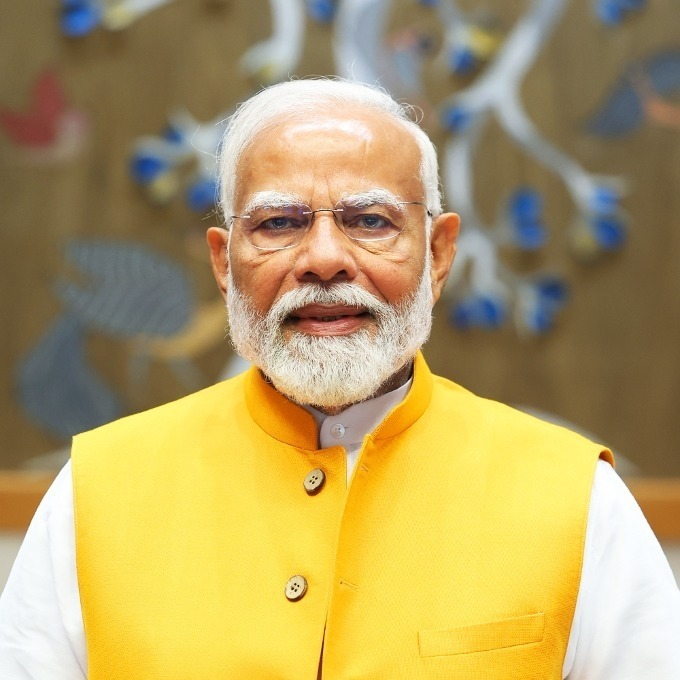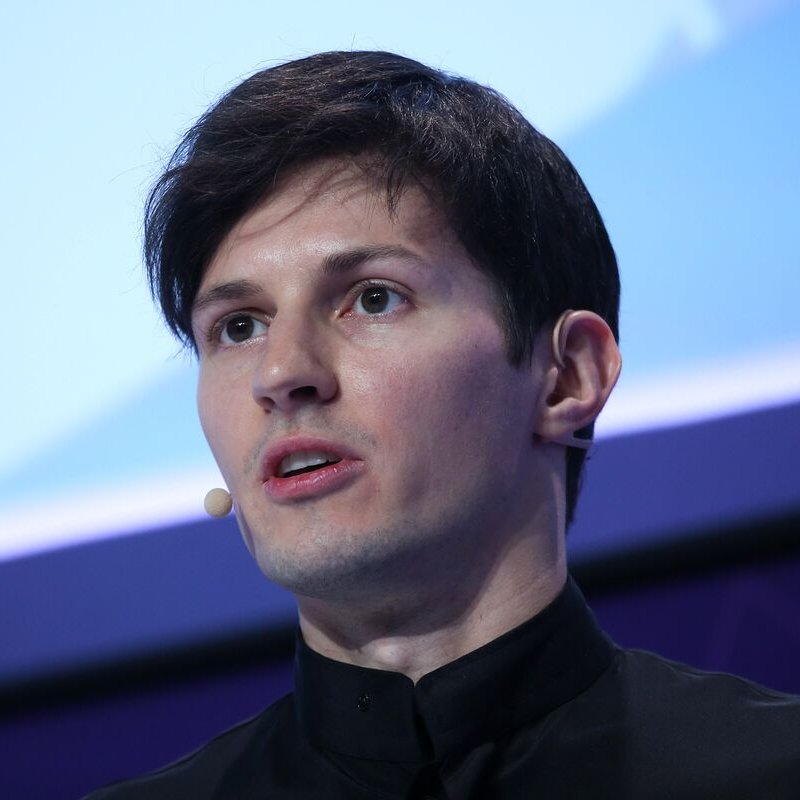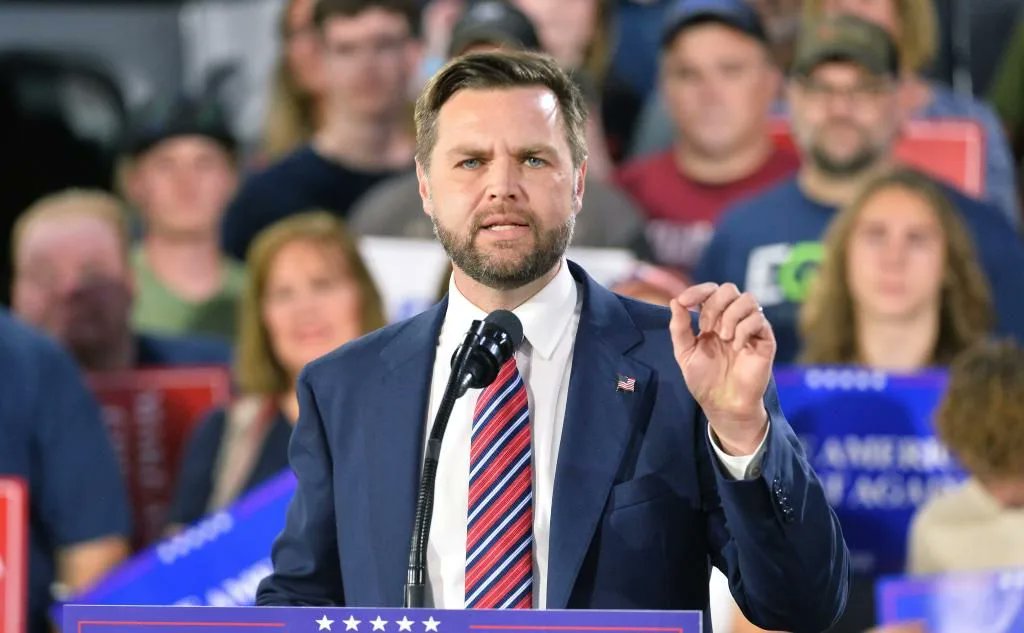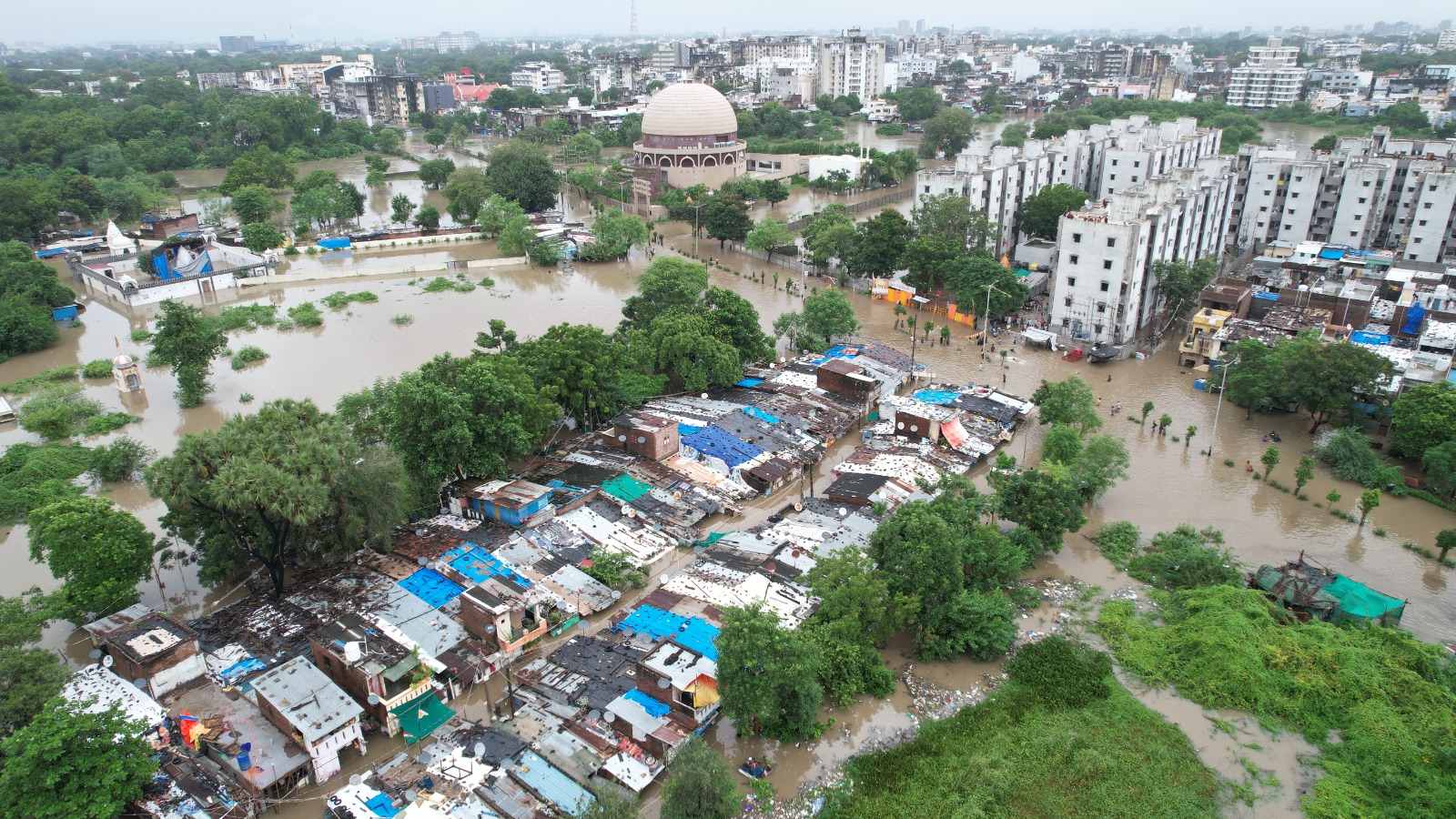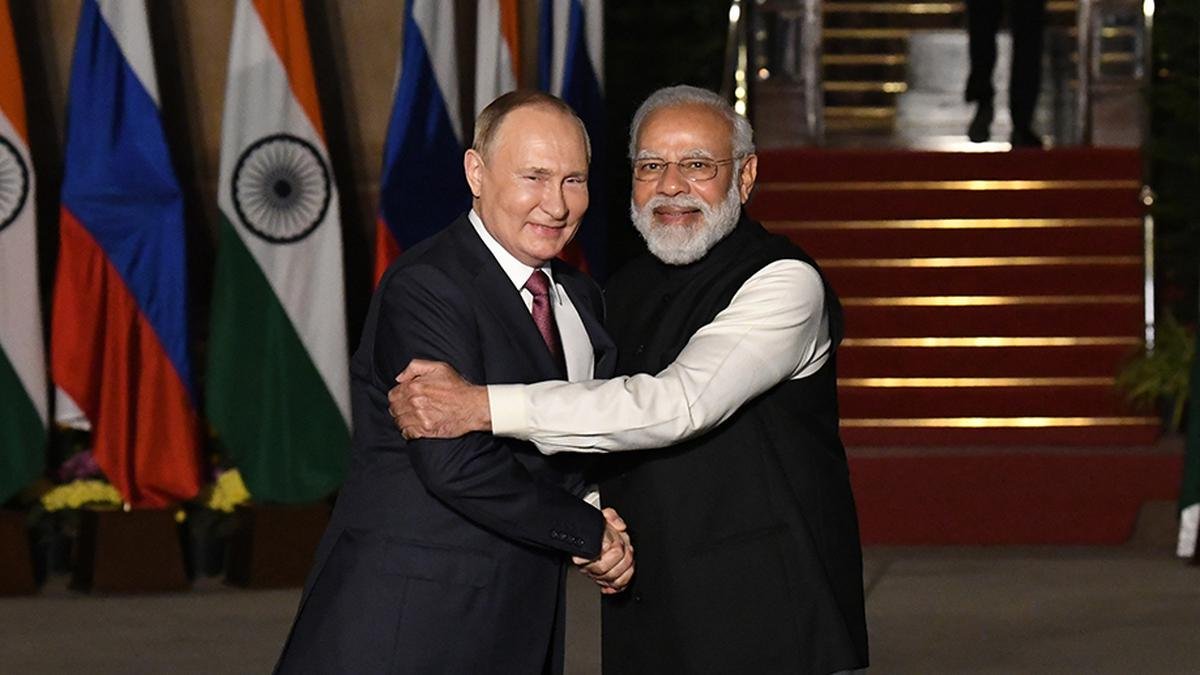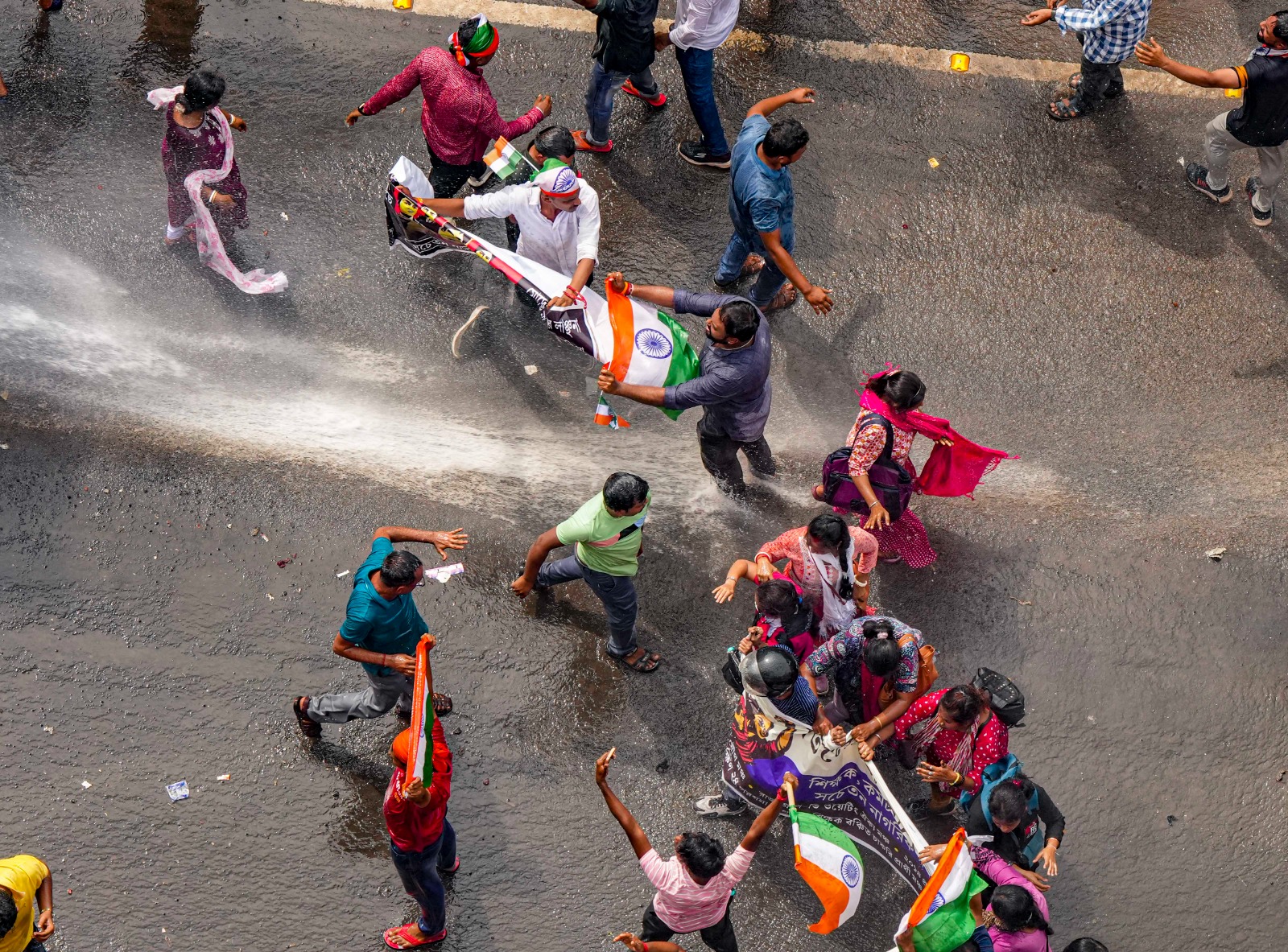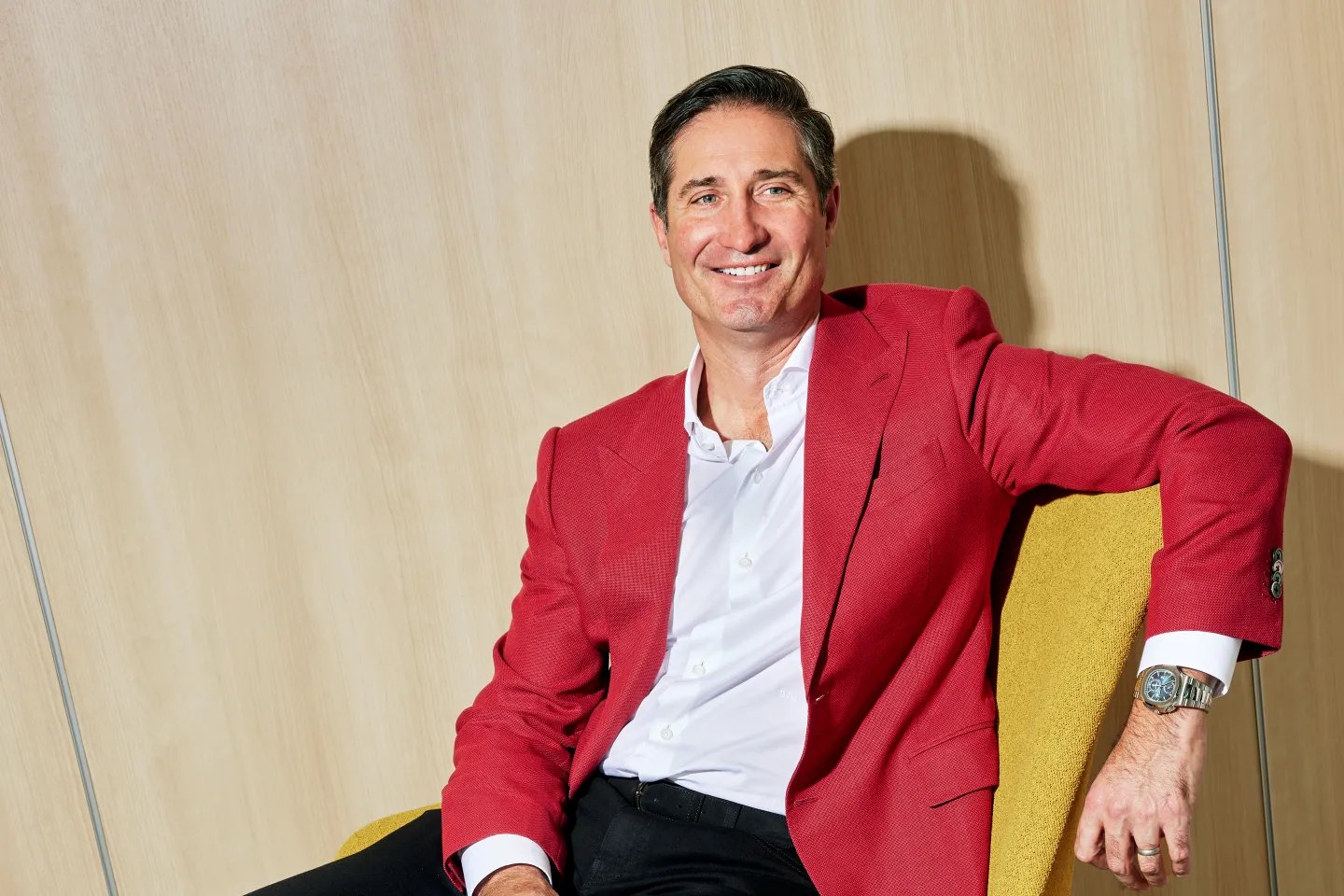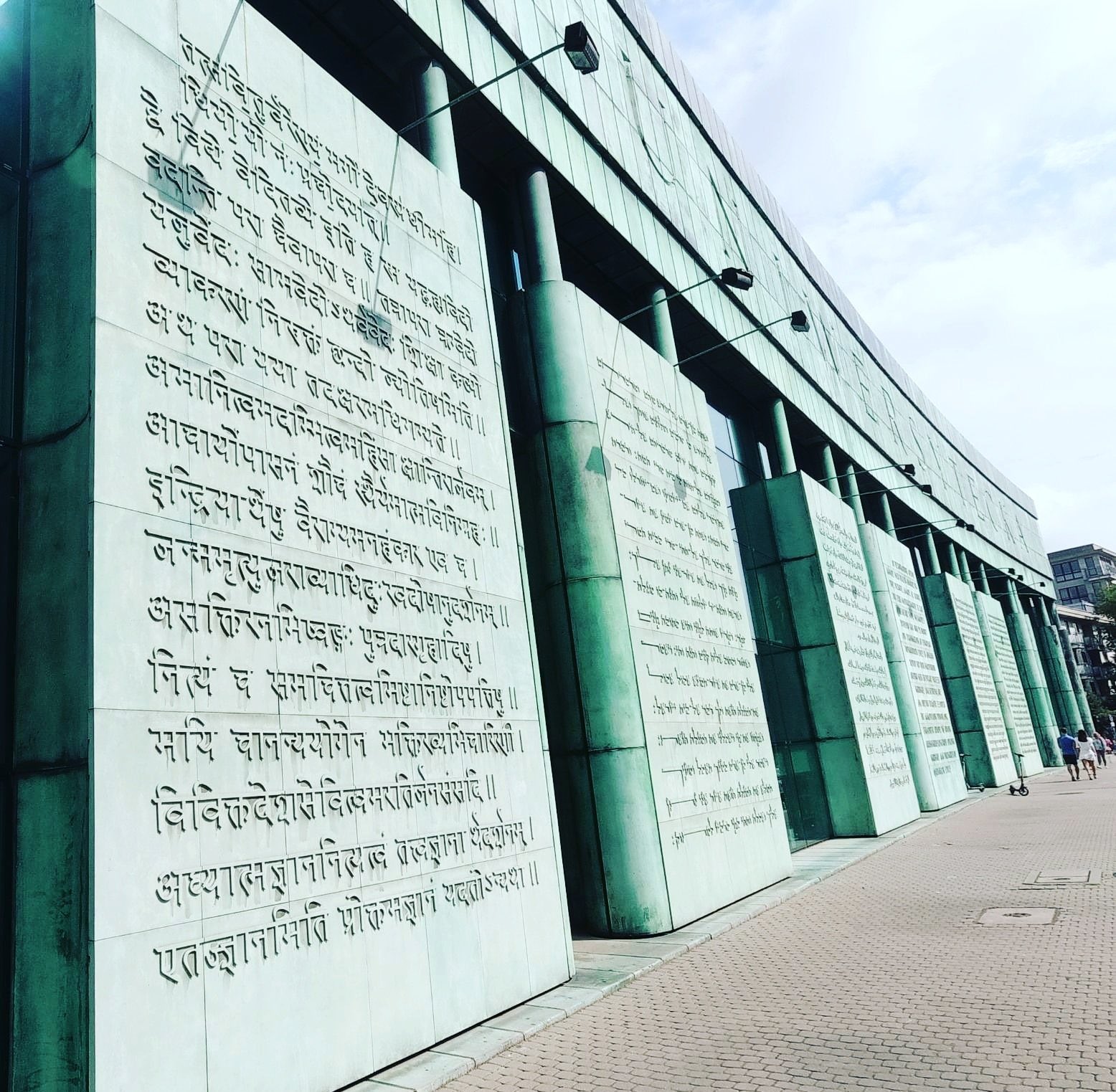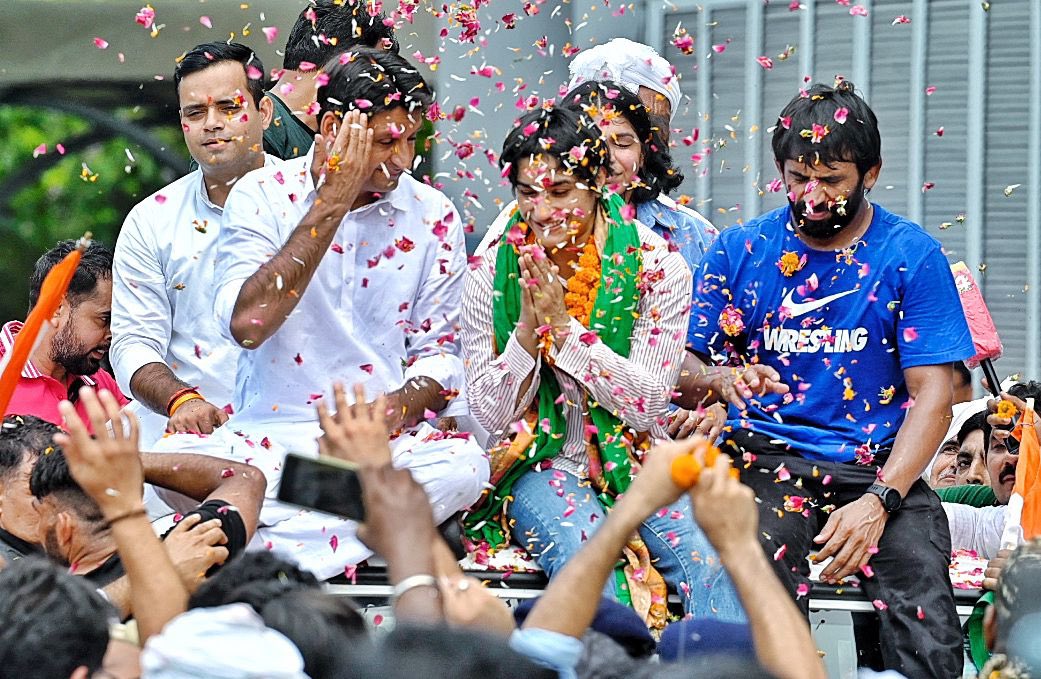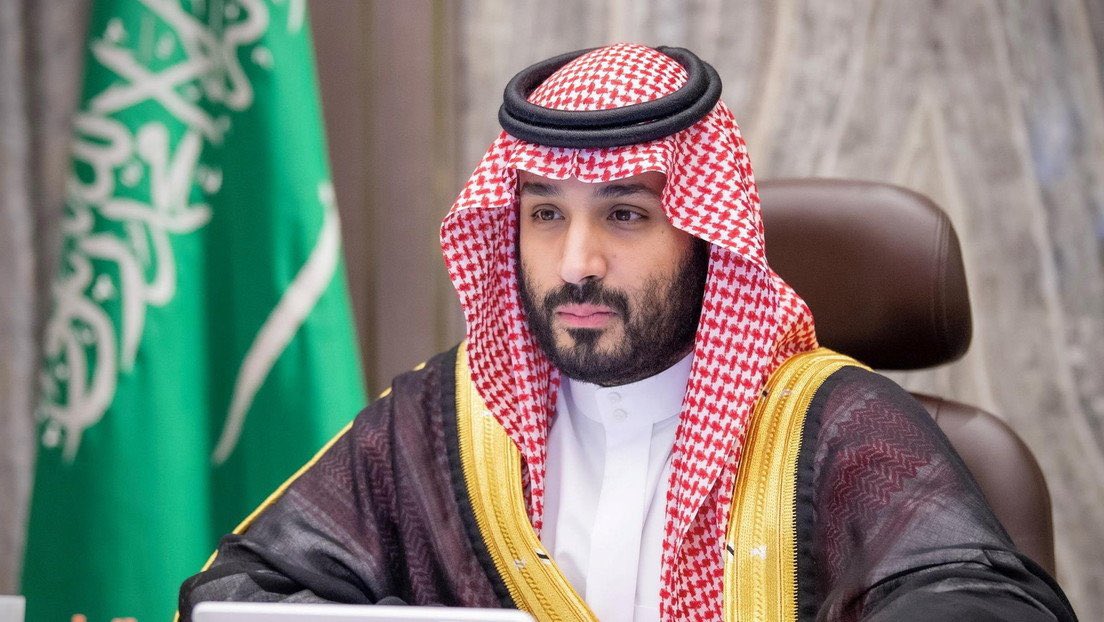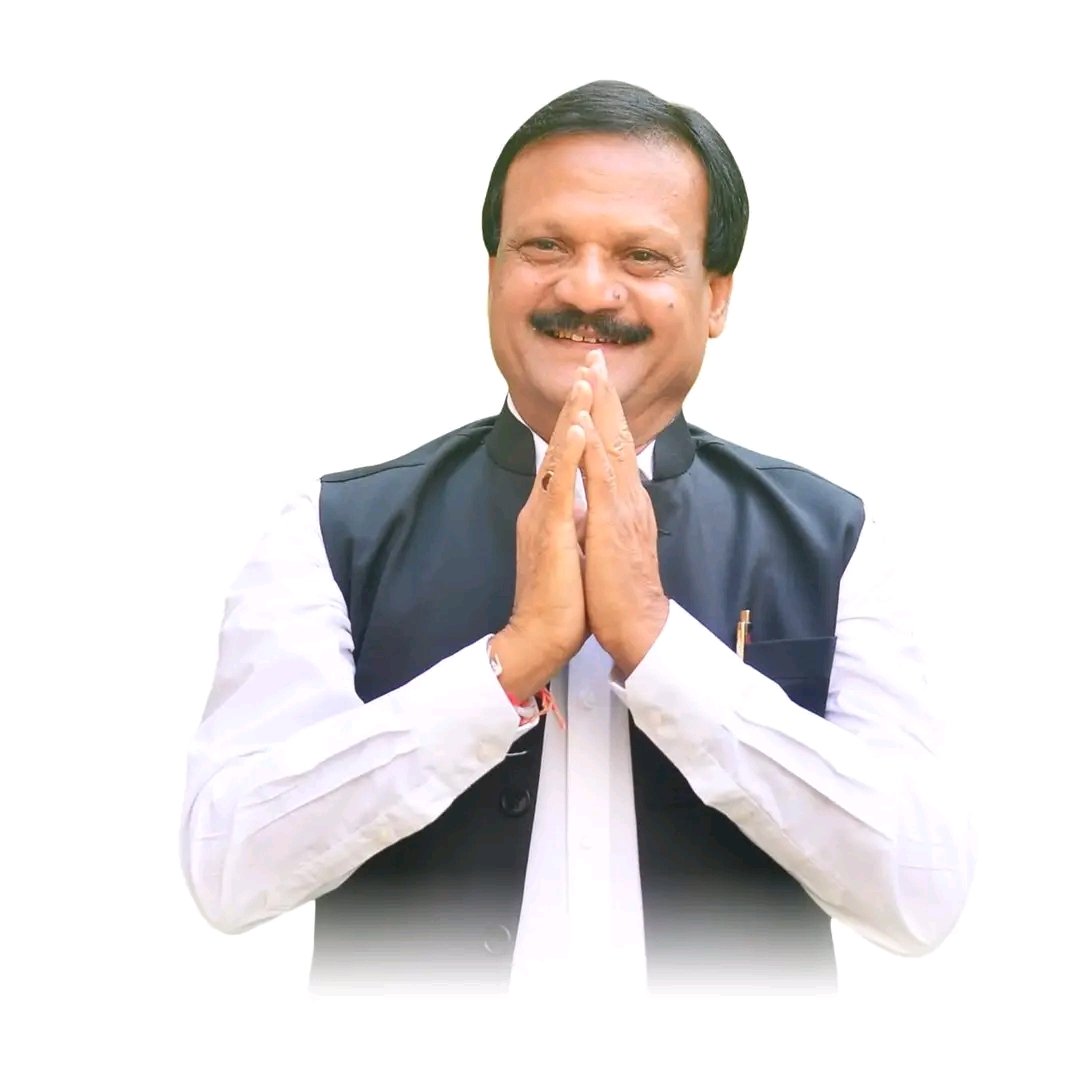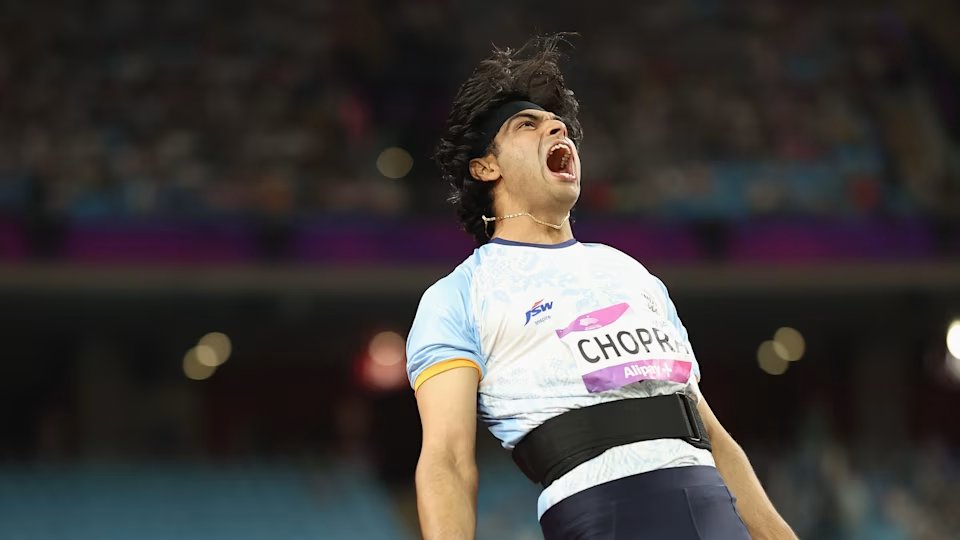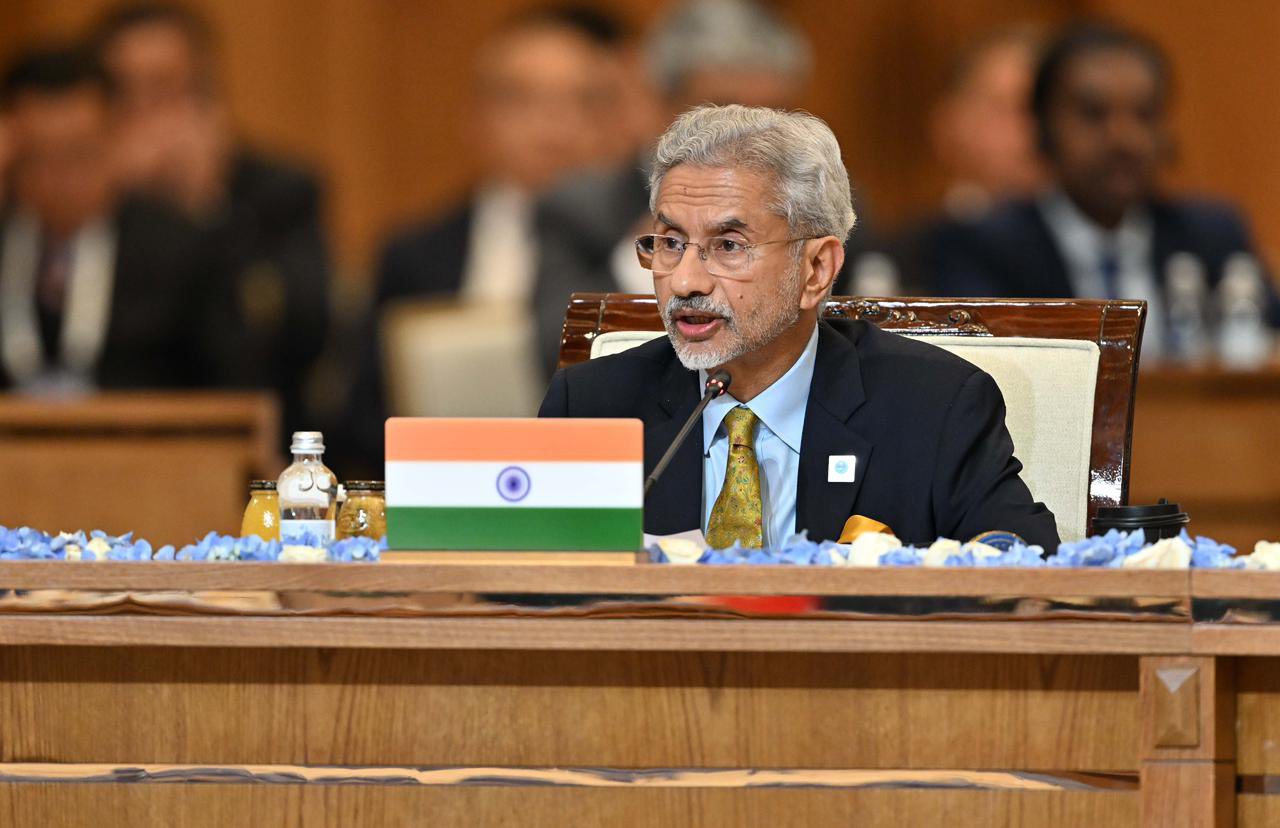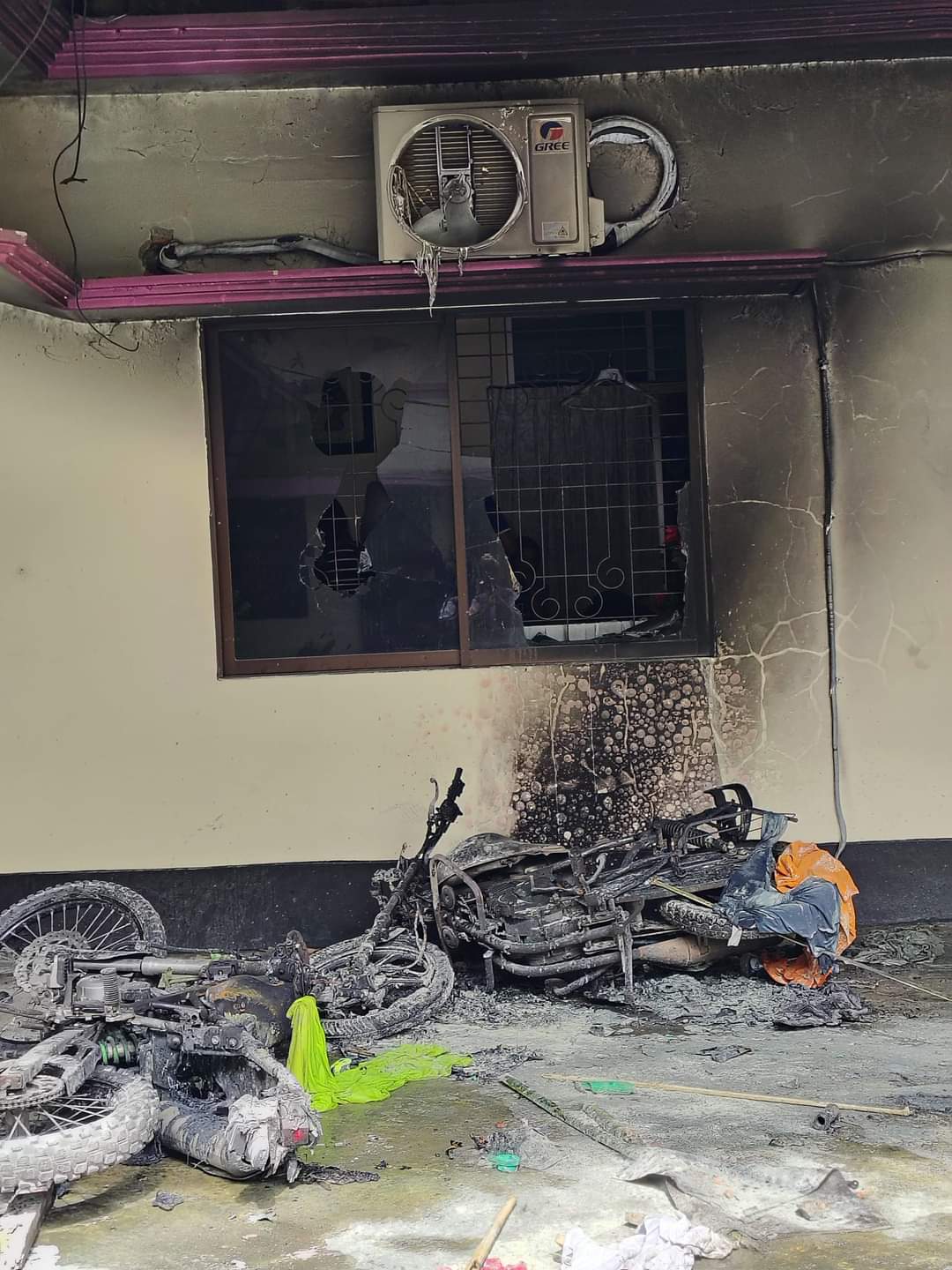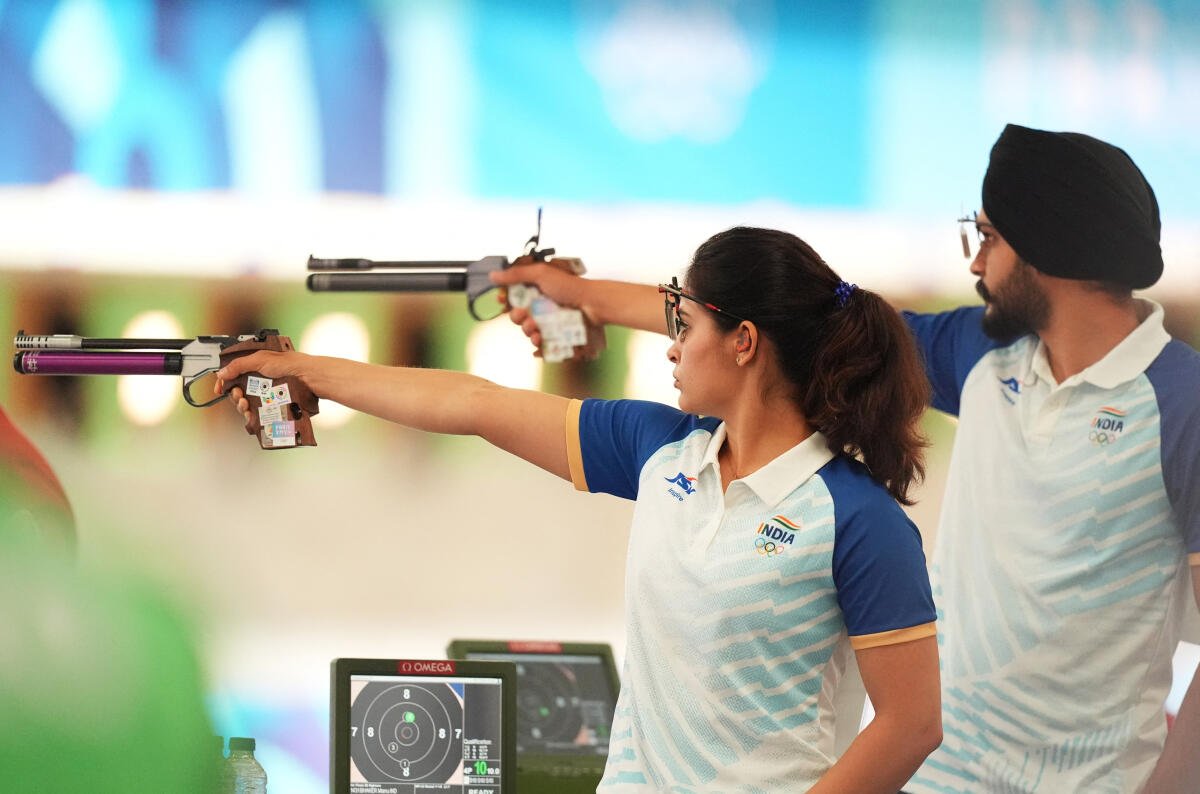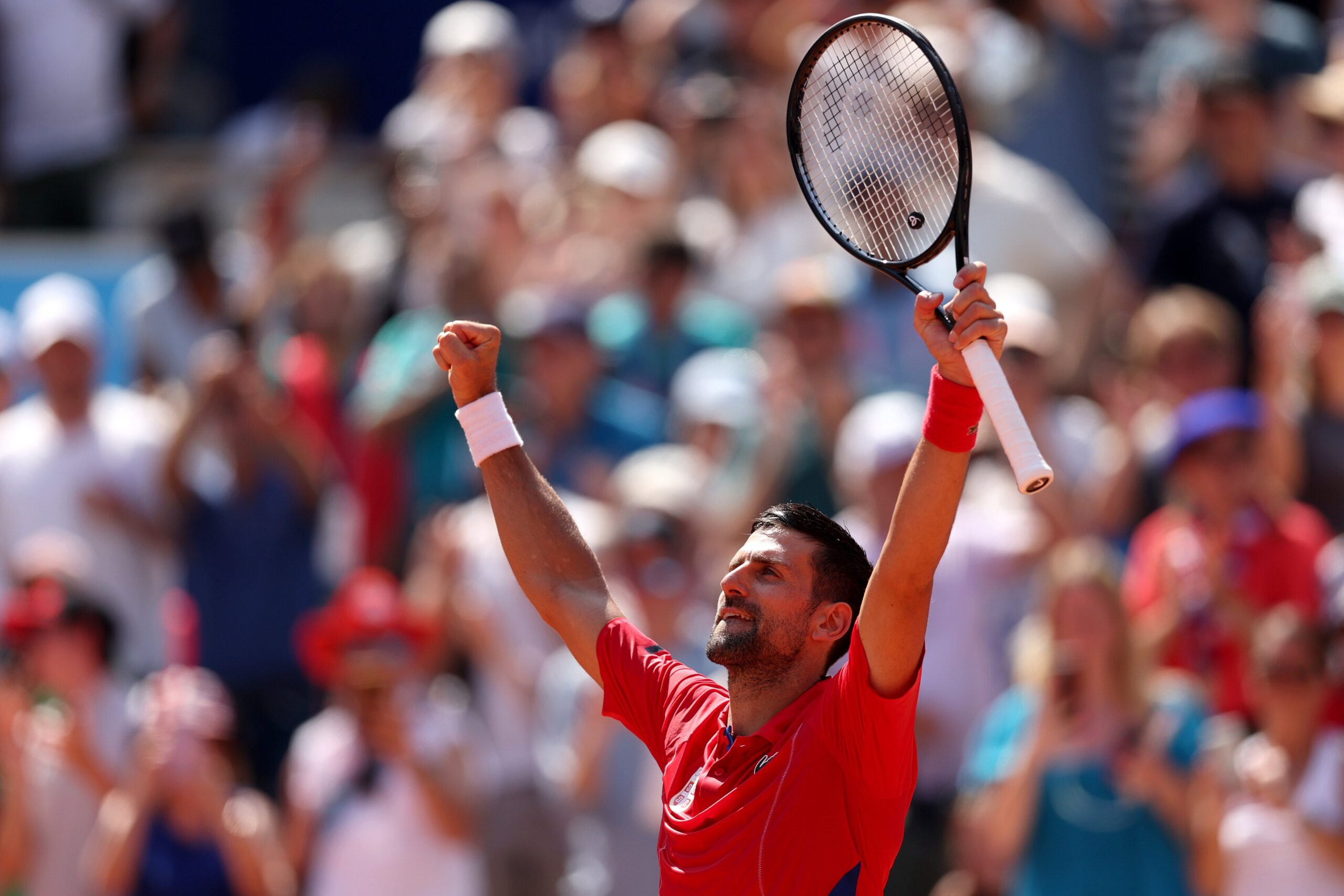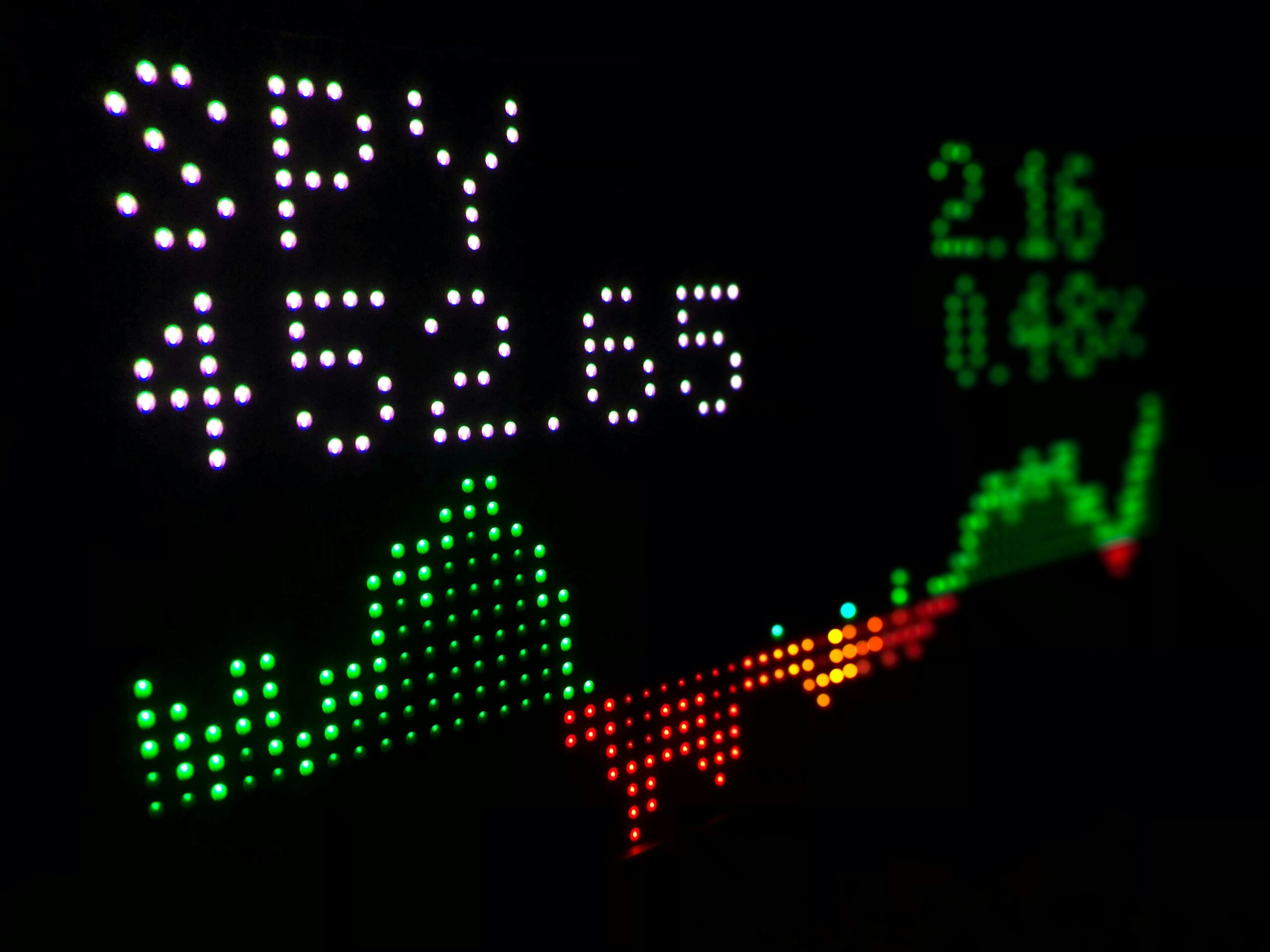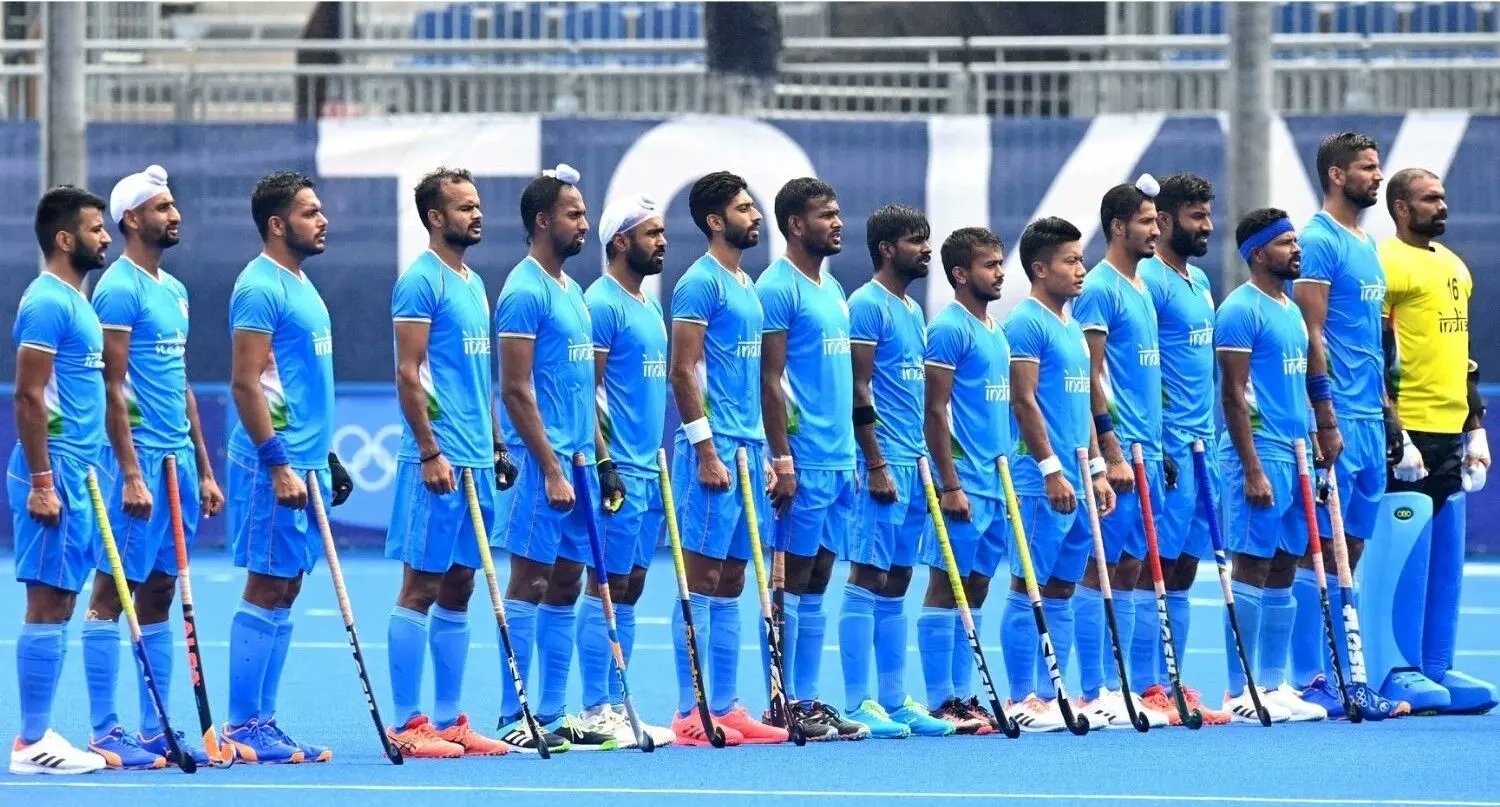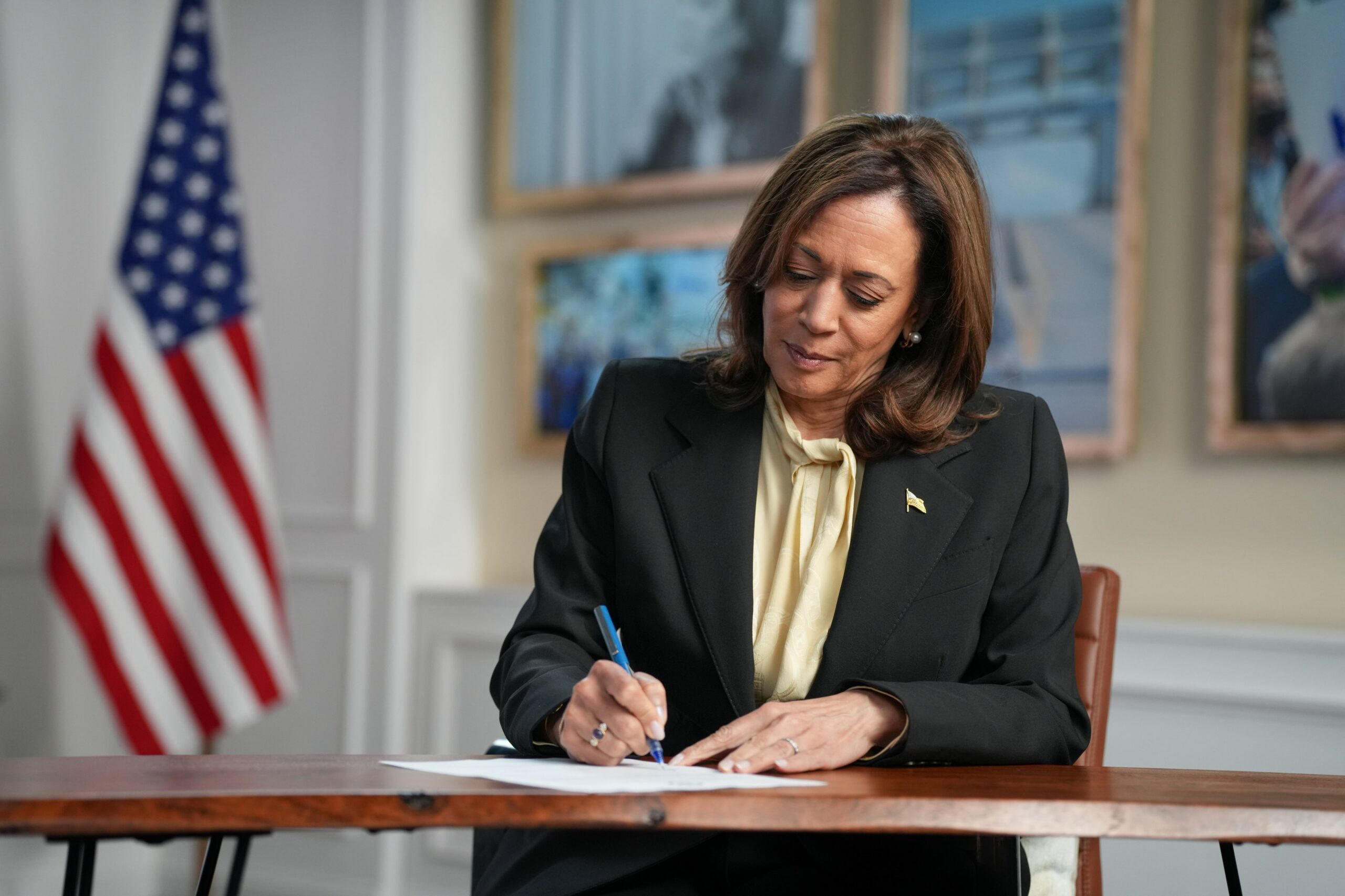In a significant development in the New York v. Trump case, Judge Juan Merchan has decided to delay former President Donald Trump’s sentencing until after the November 2024 presidential election. This decision shifts the sentencing date from the originally scheduled September 18 to November 26, 2024.
Reason for the Delay
Judge Merchan’s decision to postpone the sentencing was motivated by concerns over maintaining the integrity of the judicial process. In a letter issued on Friday, Merchan emphasized that “the public’s confidence in the integrity of our judicial system demands a sentencing hearing that is entirely focused on the verdict of the jury and the weighing of aggravating and mitigating factors free from distraction or distortion.”
Merchan noted that the current political climate presents unique challenges that could affect the perception of the judicial process. He cited the complexities of the timing of the case and the need to avoid any appearance of the proceedings being influenced by the approaching presidential election in which Trump is a candidate.
ALSO READ – Donald Trump Seeks to Overturn $5 Million Judgment in Federal Appeals
Background of the Case
The case against Trump has been marked by its unprecedented nature. Trump was found guilty on all 34 counts of falsifying business records in the first degree. This verdict followed a six-week trial stemming from an investigation led by Manhattan District Attorney Alvin Bragg. The charges relate to allegations that Trump engaged in fraudulent practices related to business records.
Reactions and Controversies
Trump’s campaign spokesperson, Steven Cheung, reacted strongly to the postponement. In a statement to Fox News Digital, Cheung criticized the delay, calling it part of a broader “Election Interference Witch Hunt.” Cheung argued that the case, along with other similar legal challenges, should be dismissed based on what he described as the Supreme Court’s mandate.
The original sentencing was scheduled for July 11, 2024, just before the Republican National Convention where Trump was expected to be formally nominated as the GOP presidential candidate. Judge Merchan initially agreed to move the date to September 18 after a request from Trump’s legal team. The defense argued that the timing of the sentencing was problematic, suggesting it could be perceived as a form of election interference.
Trump’s attorneys have requested that the sentencing be delayed until after the November election, citing concerns about “naked election-interference objectives.” They argue that any legal proceedings or decisions made in the immediate run-up to the election could unfairly impact Trump’s candidacy.
Legal Maneuvers and Appeals
Trump has not only appealed the verdict but has also raised broader constitutional arguments. Trump’s attorney, Todd Blanche, has argued that the verdict should be overturned based on the Supreme Court’s ruling on presidential immunity. Blanche also pointed to potential conflicts of interest involving Judge Merchan, specifically noting that Merchan’s daughter works at Authentic Campaigns, a firm that represents top Democratic candidates.
In a separate legal maneuver, Trump recently asked a federal court to transfer the New York criminal trial from the state jurisdiction, claiming that the proceedings violated his constitutional rights and conflicted with the Supreme Court’s ruling on presidential immunity. However, U.S. District Court Judge Alvin Hellerstein denied this request. Hellerstein maintained that the Supreme Court’s ruling did not alter his view that private payments to an adult film star are not related to a president’s official acts.
Impact on the Political Landscape
The postponement of Trump’s sentencing is likely to have significant implications for the 2024 presidential election. The decision to delay until after the election could be seen as a move to ensure that the legal proceedings do not unduly influence the electoral process. This timing may affect public perception of the case and its impact on Trump’s candidacy.
The political and legal controversies surrounding Trump continue to shape the landscape of the upcoming election. The ongoing legal battles and their timing are poised to be central issues as voters head to the polls.
Overview
Judge Juan Merchan’s decision to postpone the sentencing in the New York v. Trump case highlights the complex intersection of legal proceedings and electoral politics. By scheduling the sentencing for after the November election, Merchan aims to preserve the integrity of the judicial process and minimize any potential impact on the election. As the legal and political drama unfolds, it remains to be seen how these developments will influence both the judicial outcome and the presidential race.


